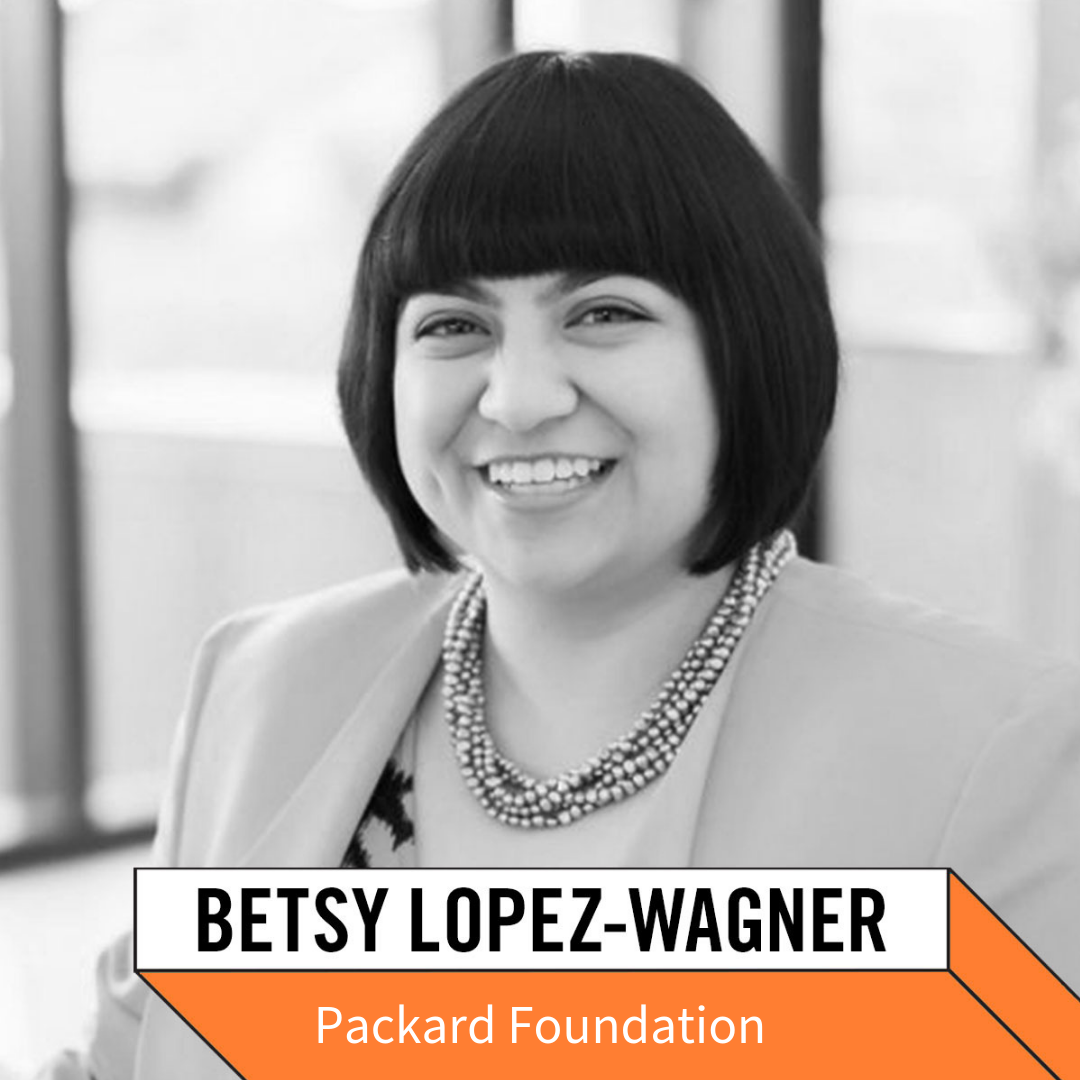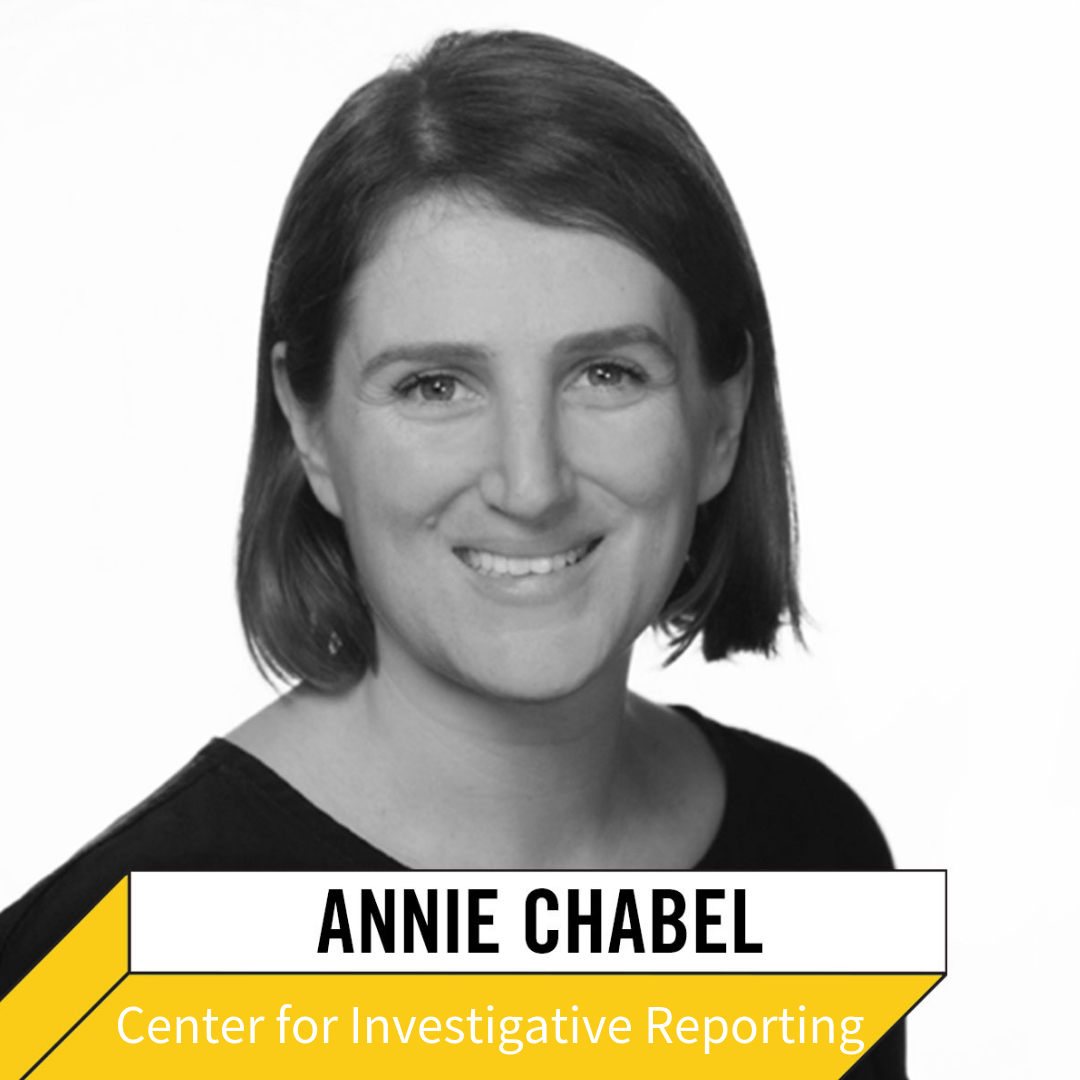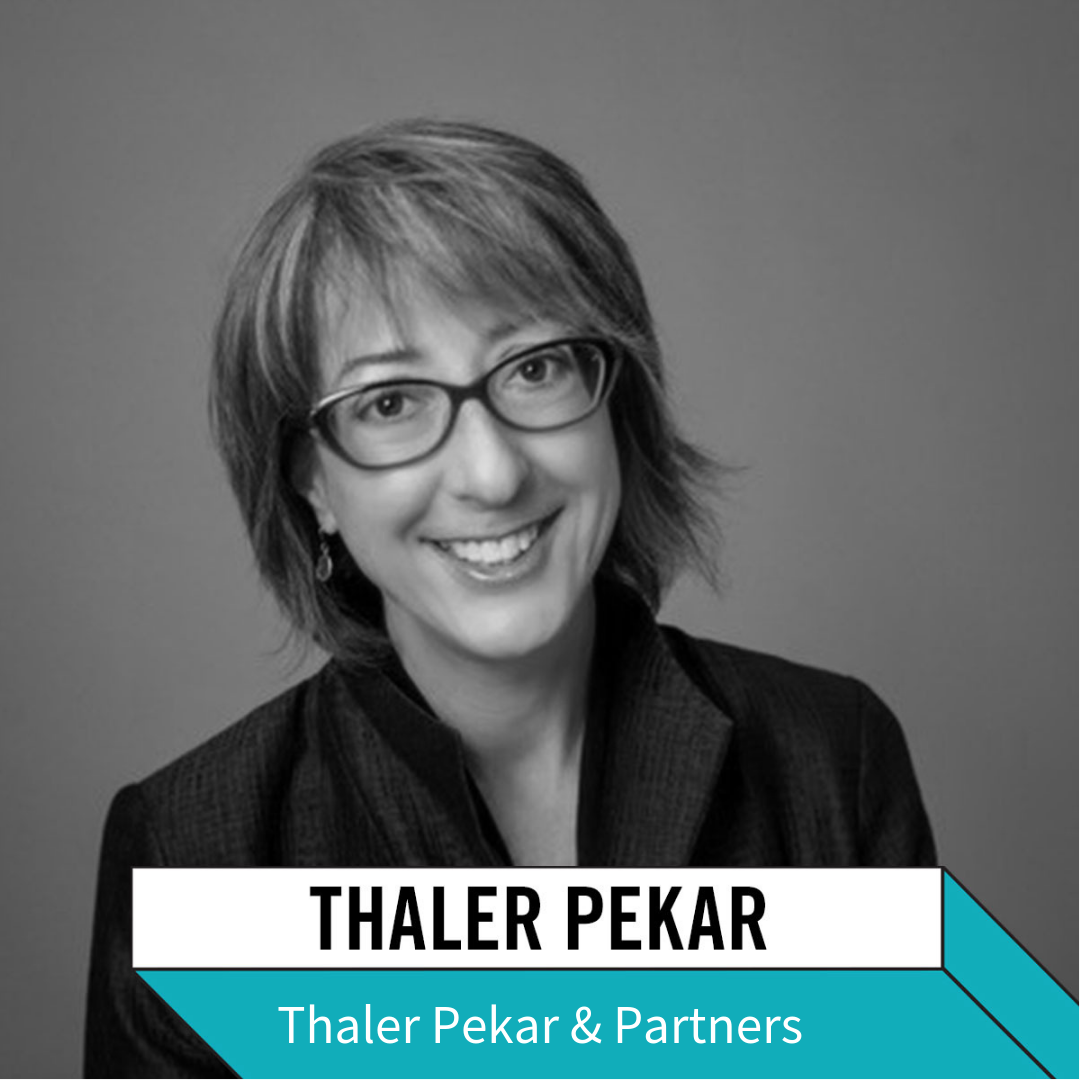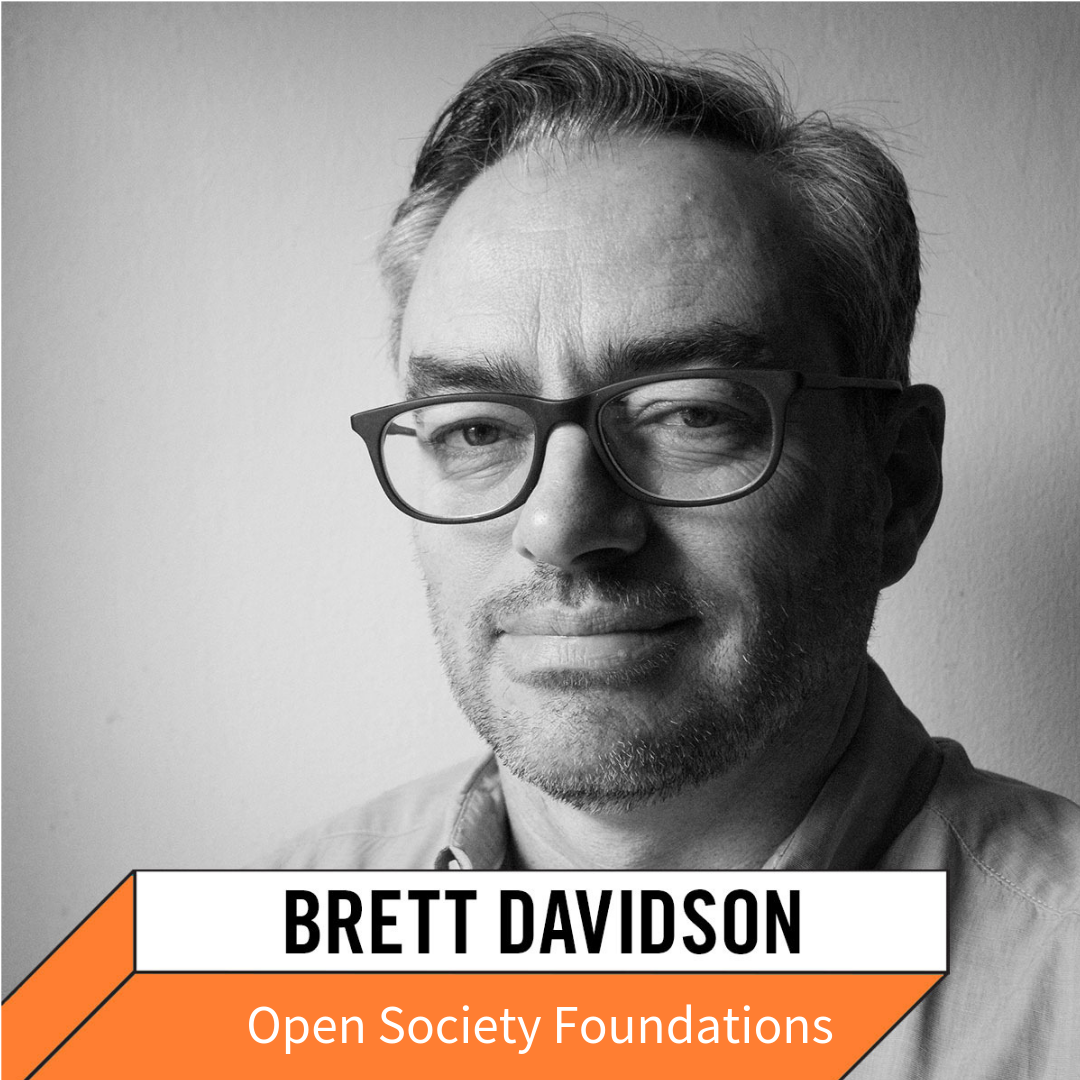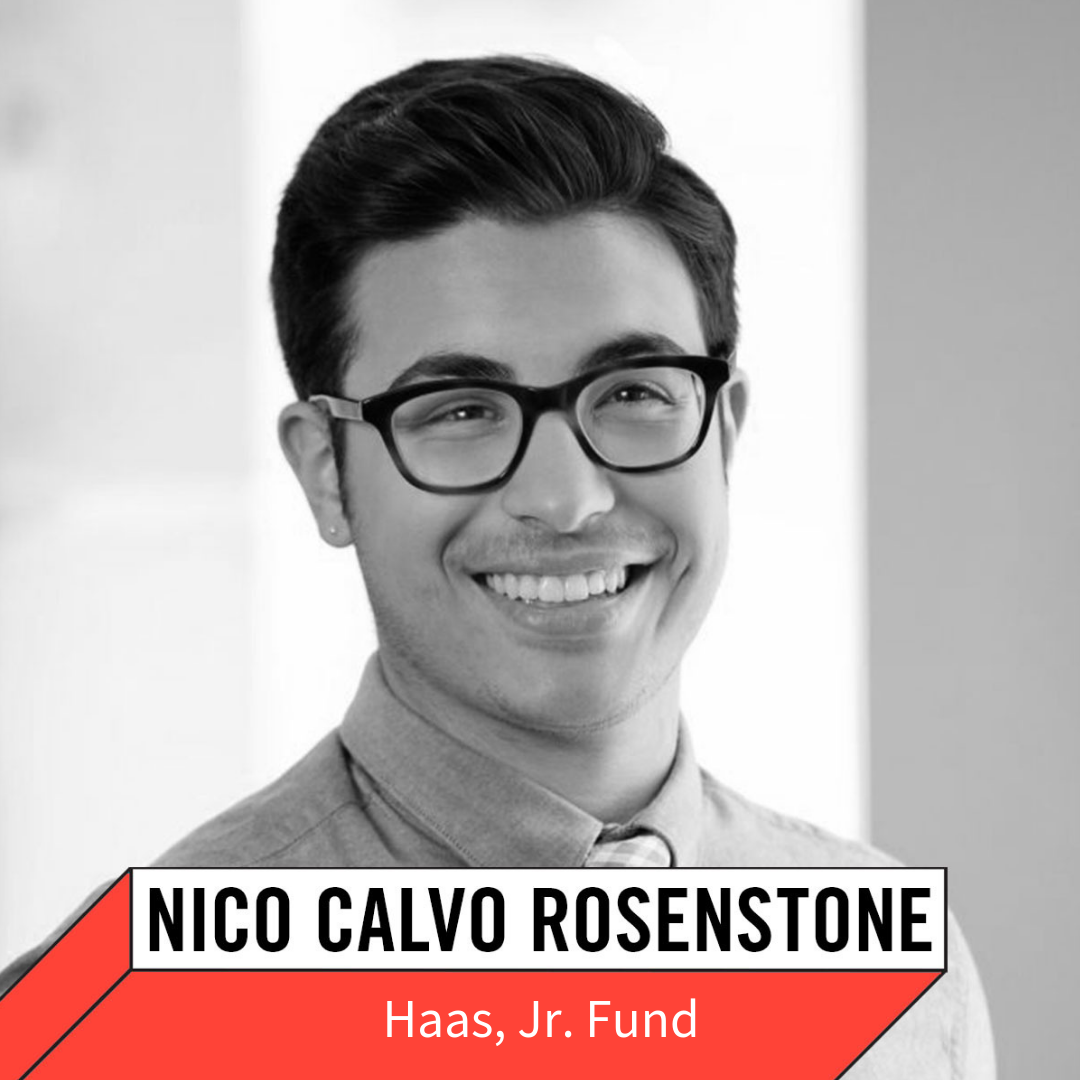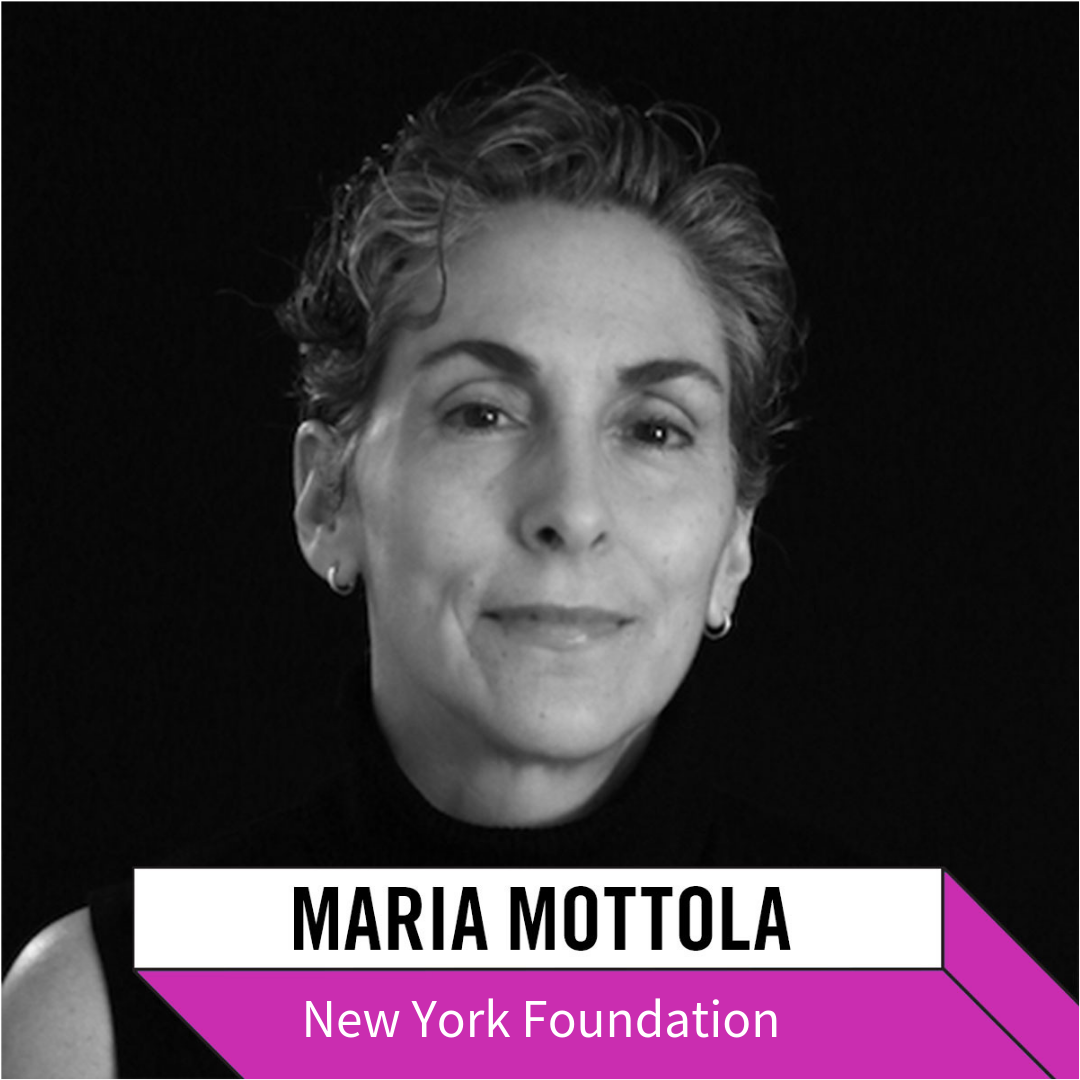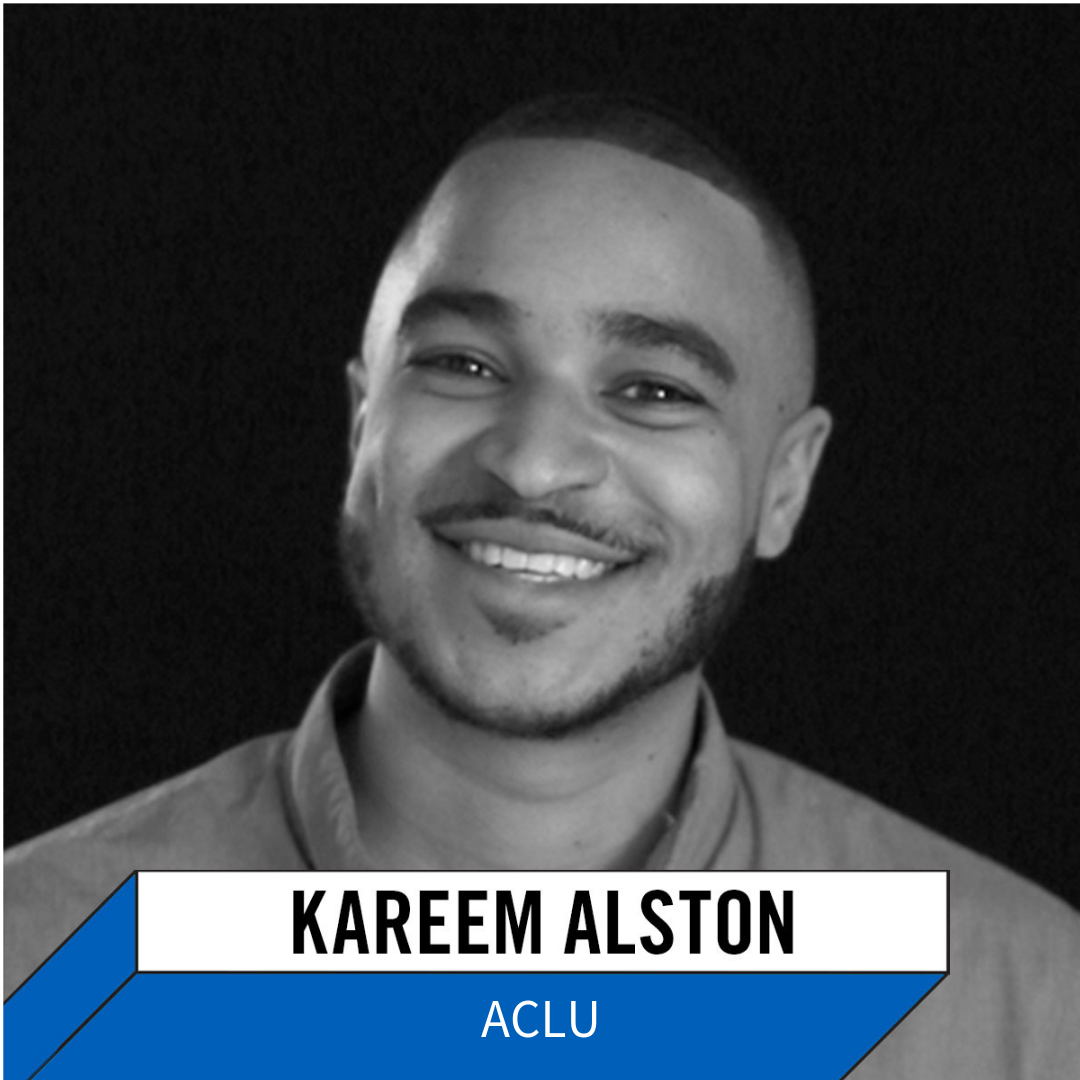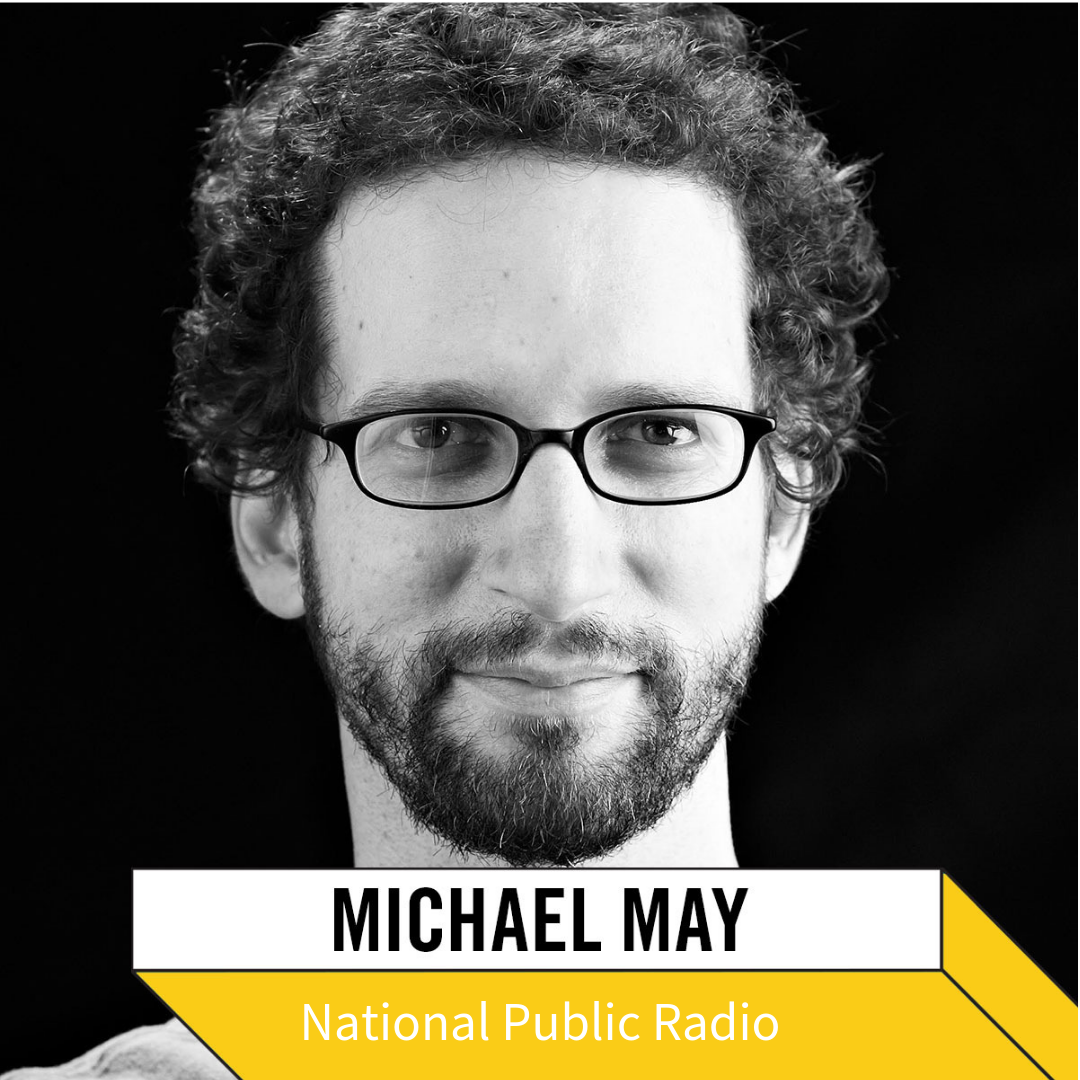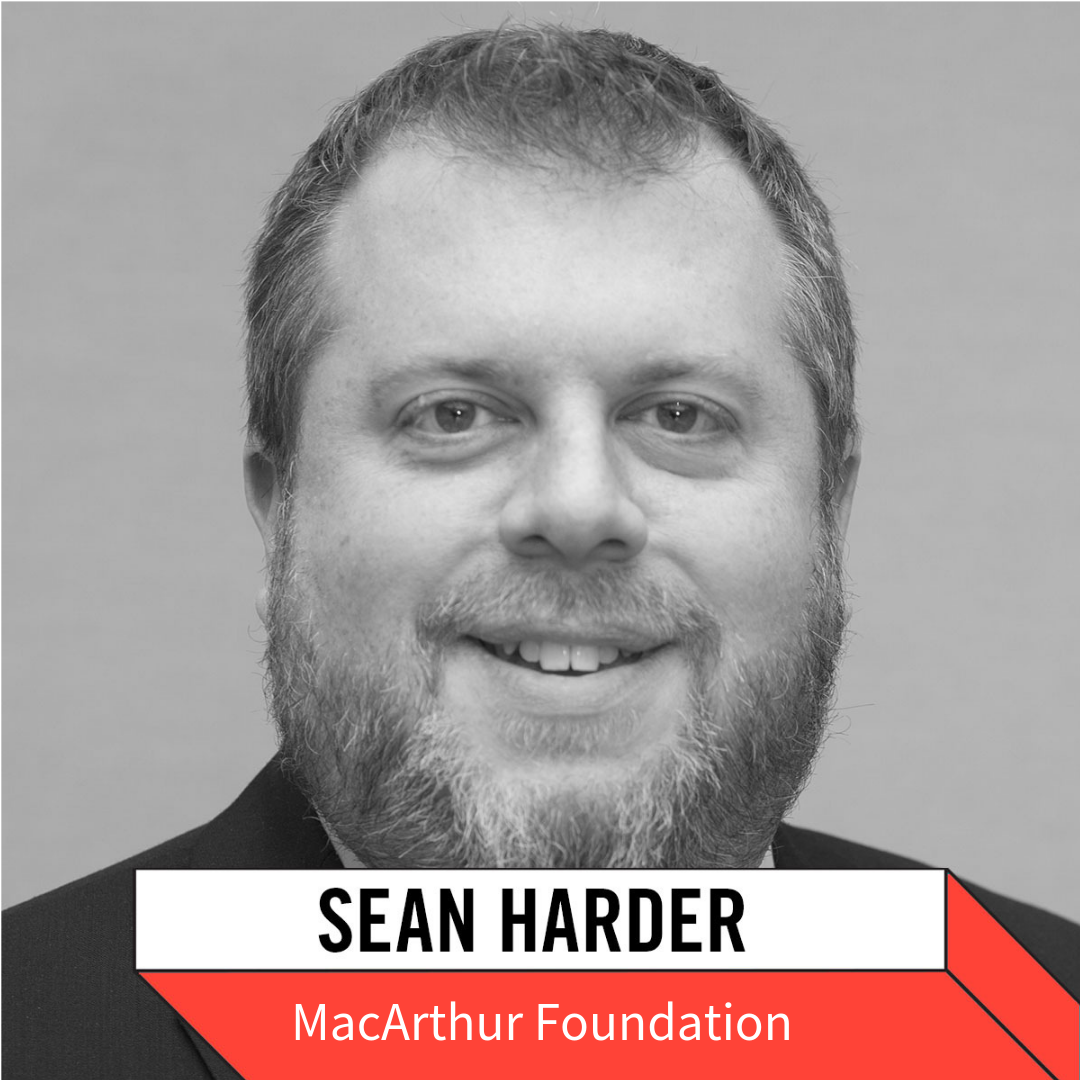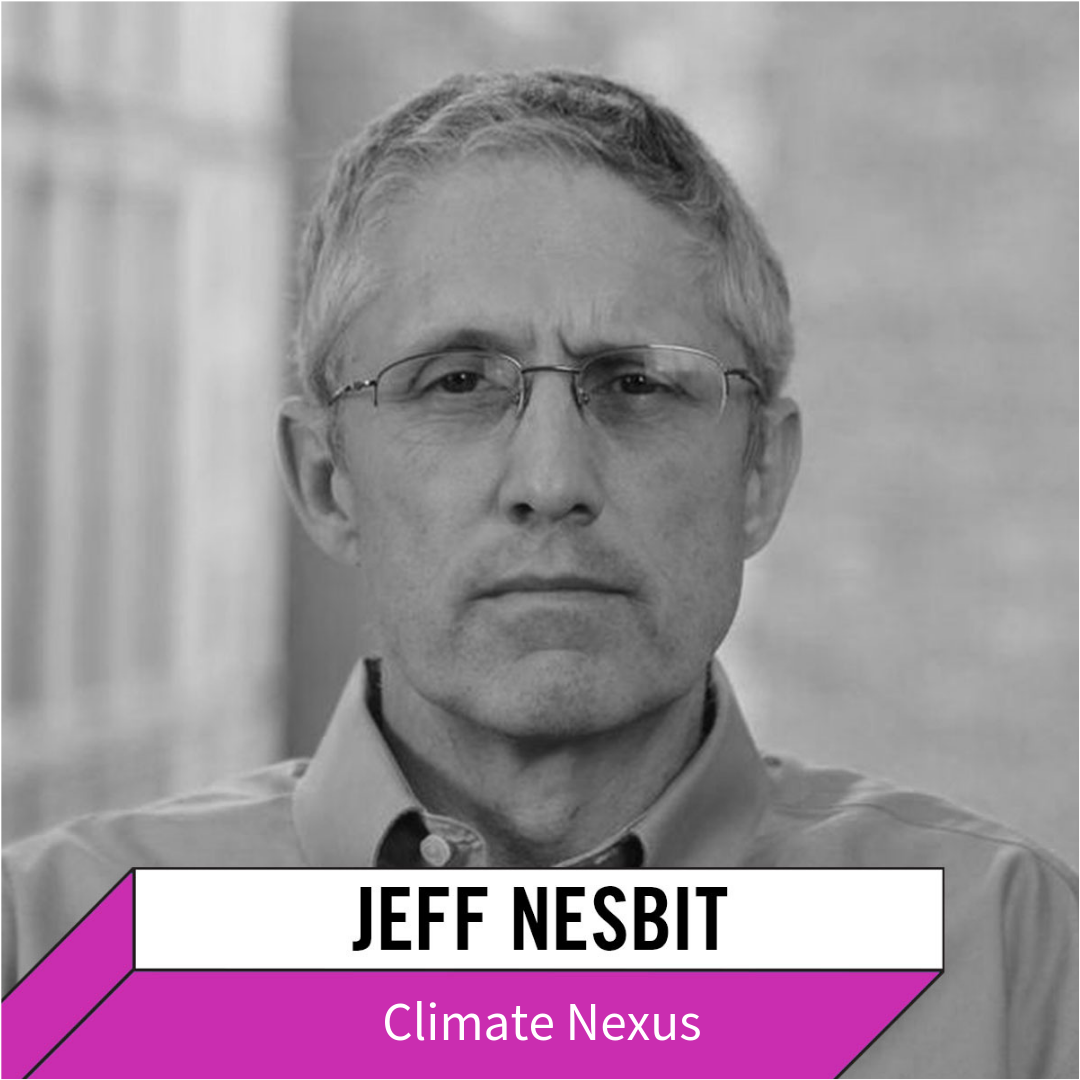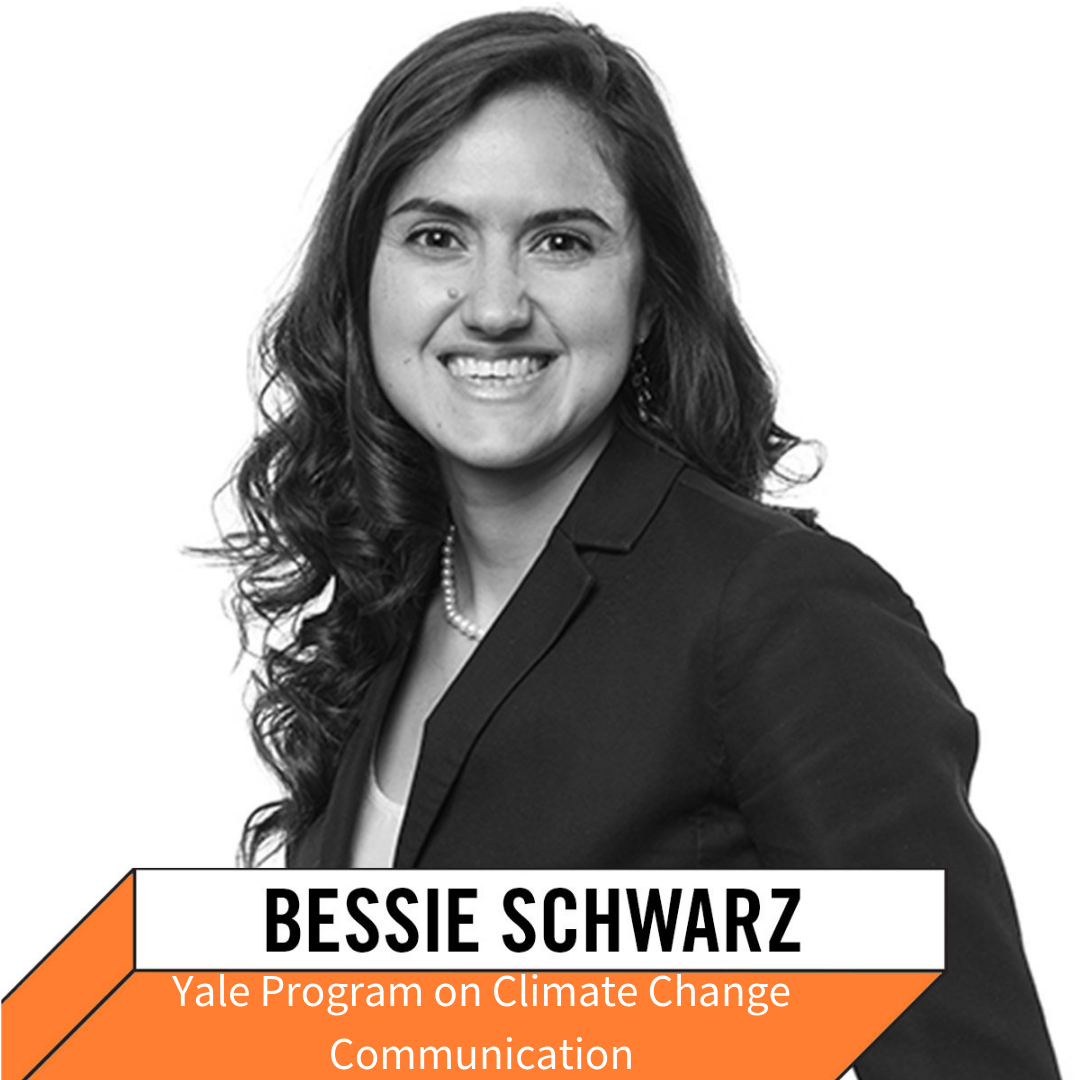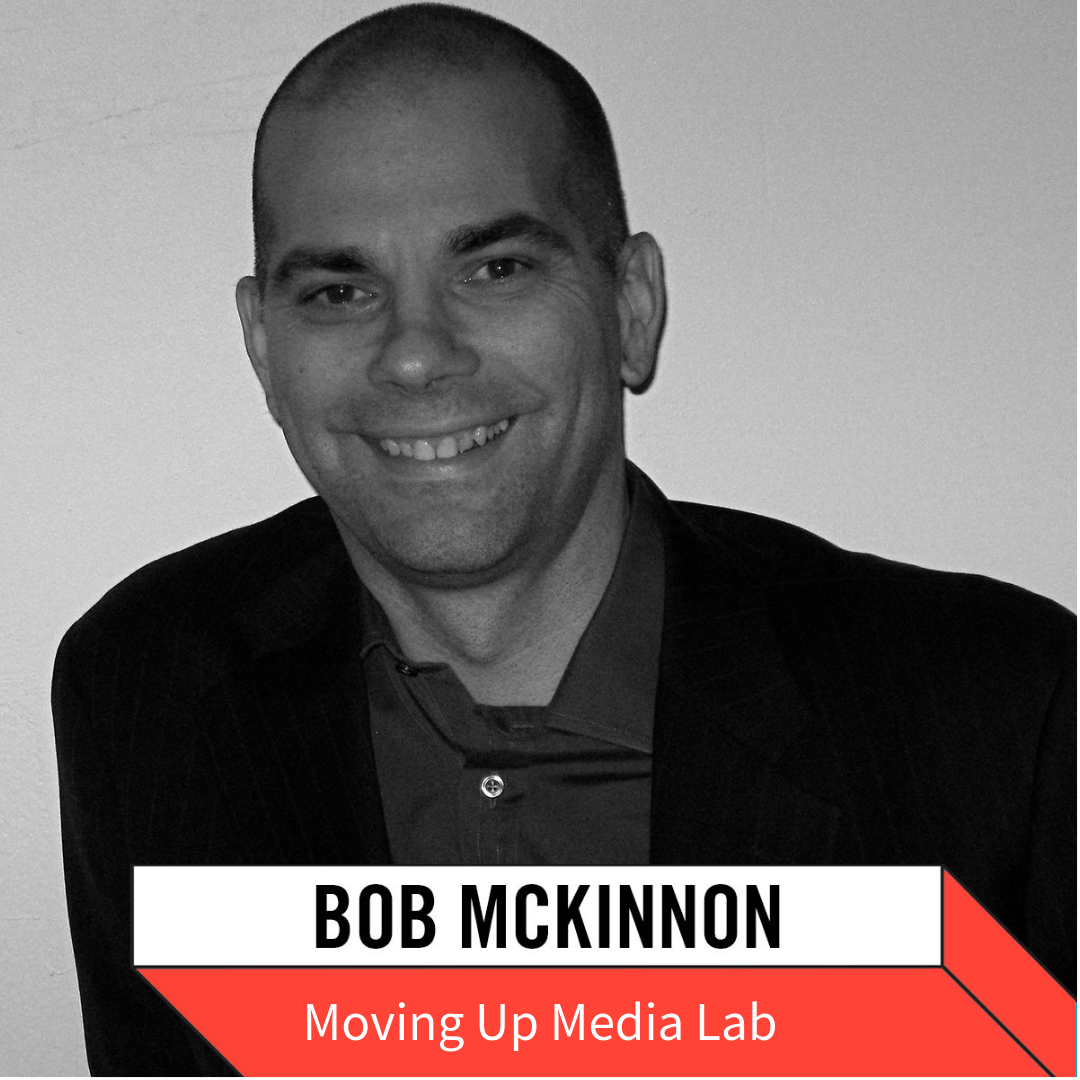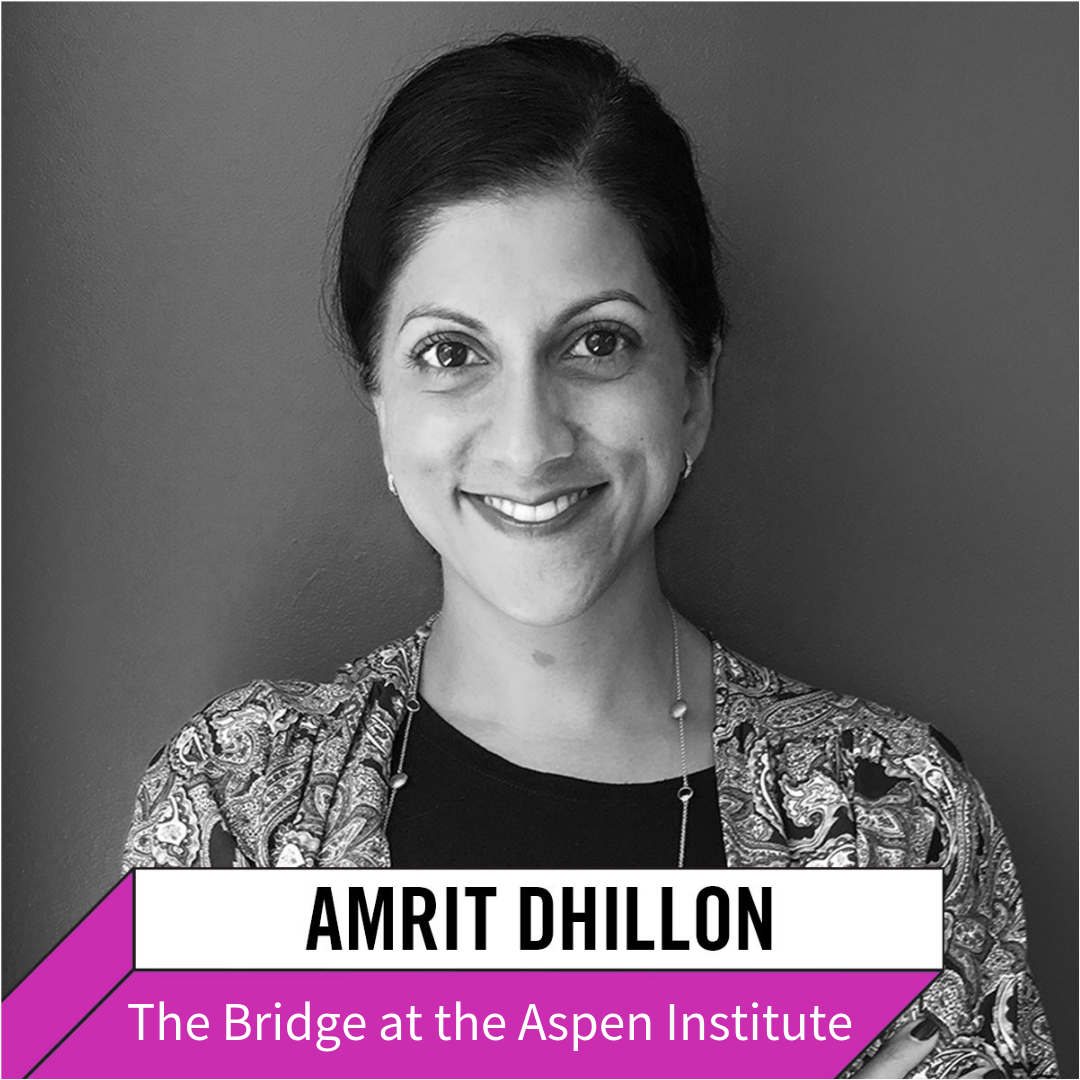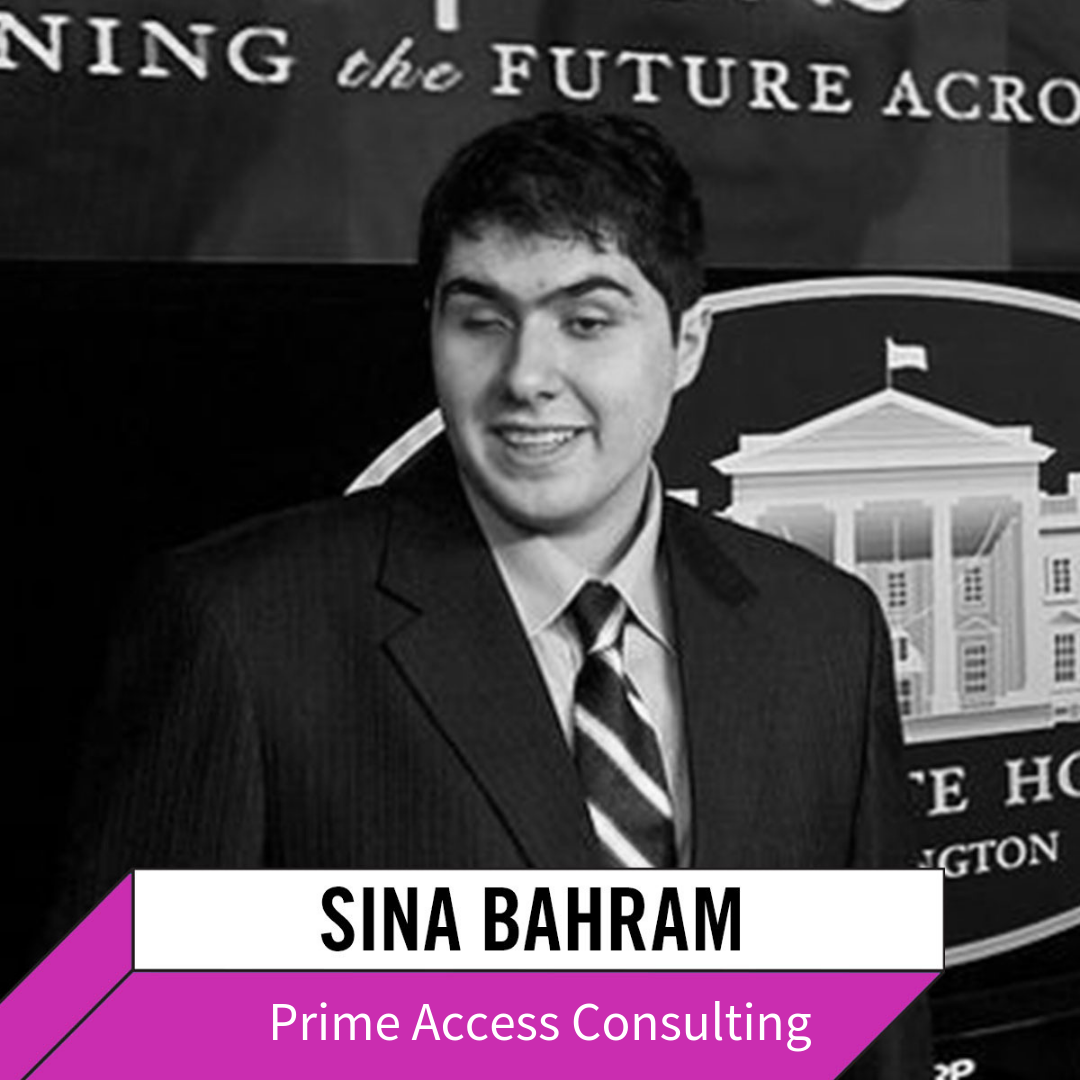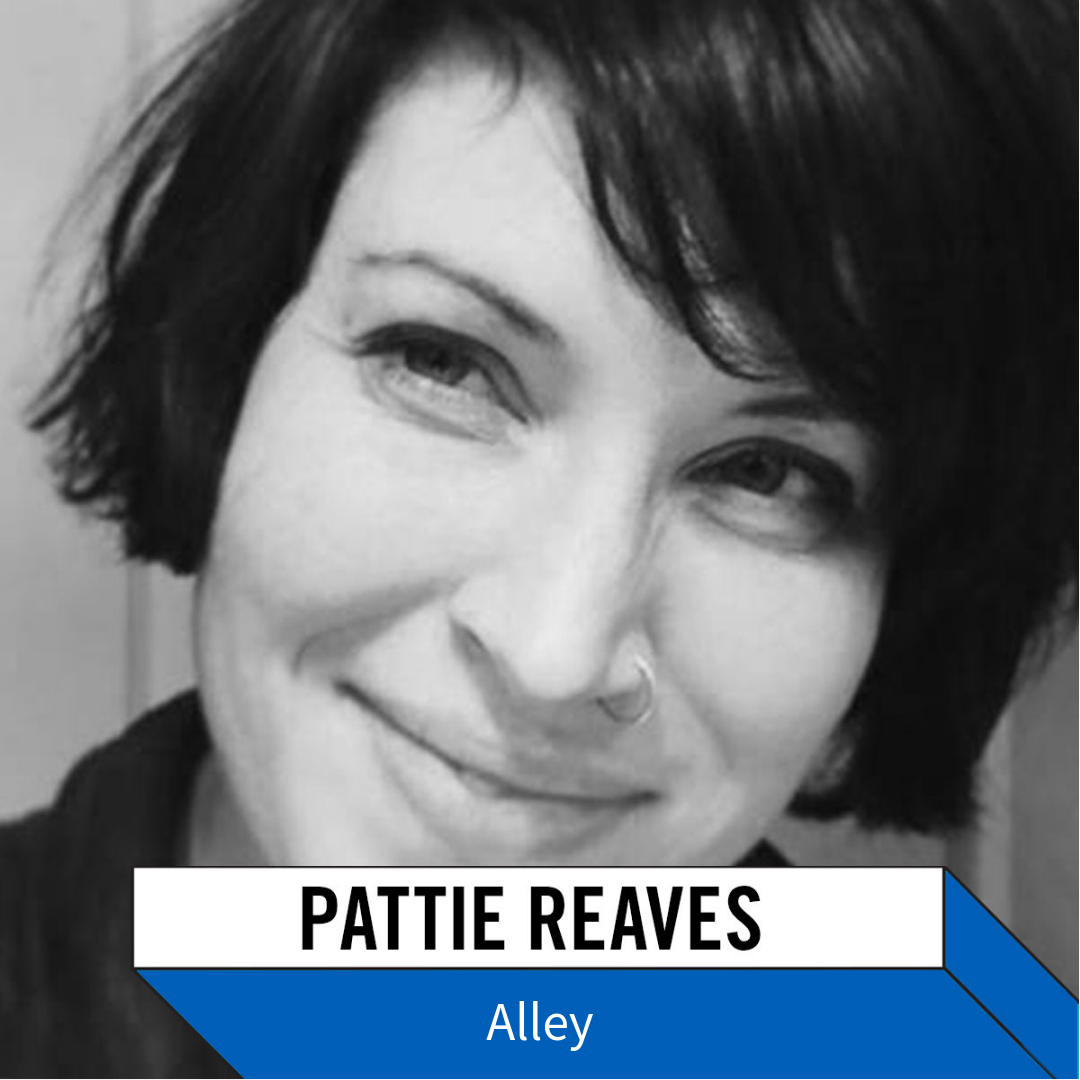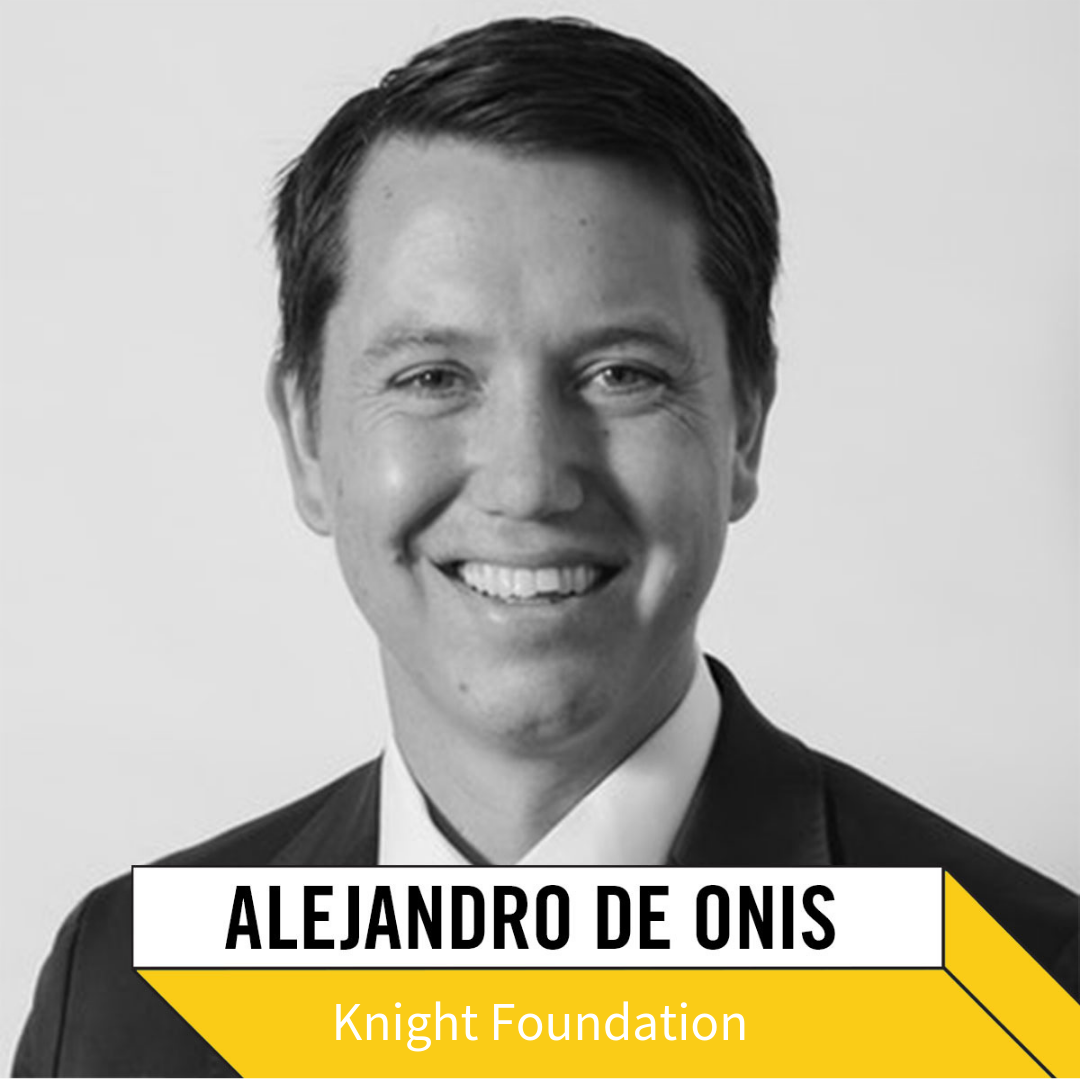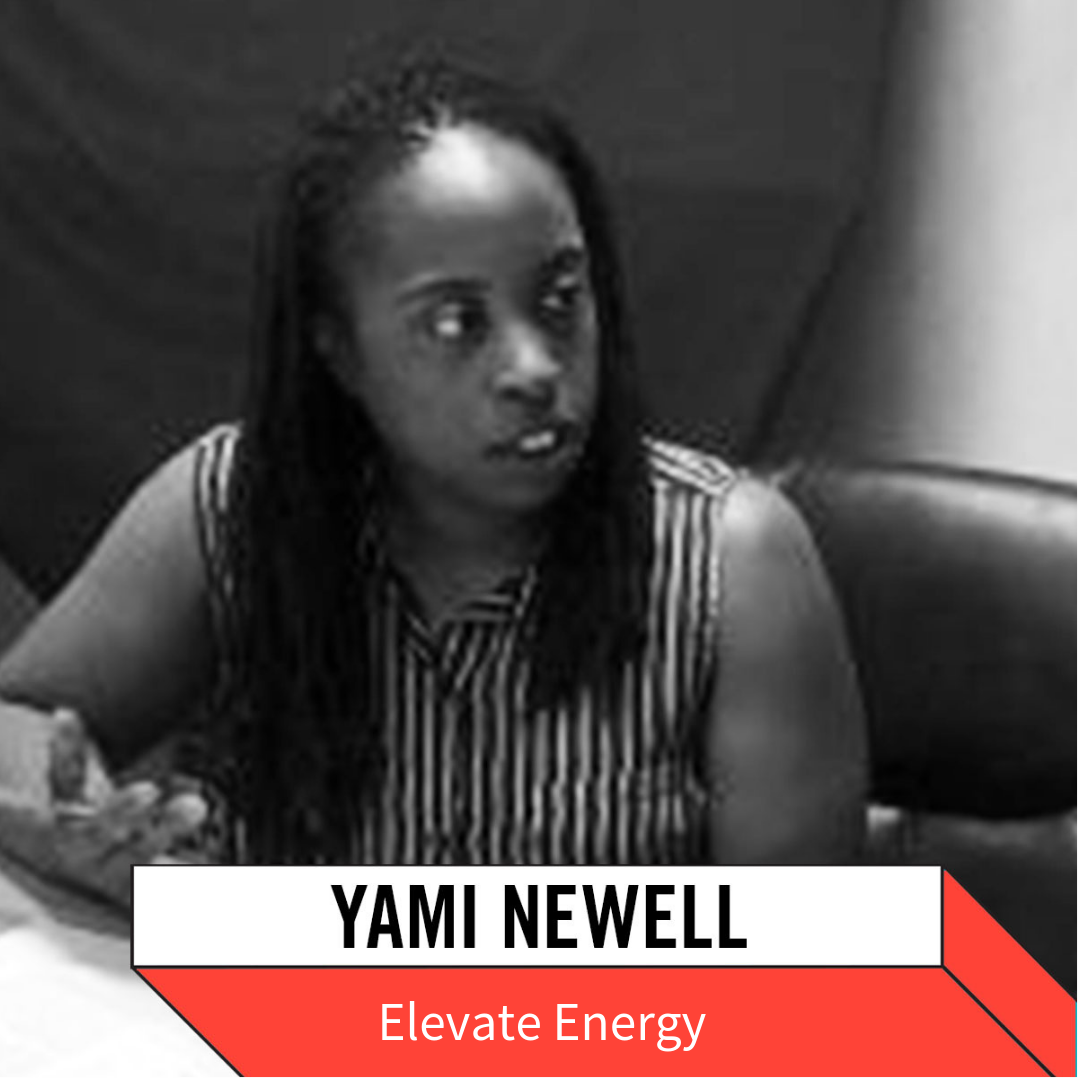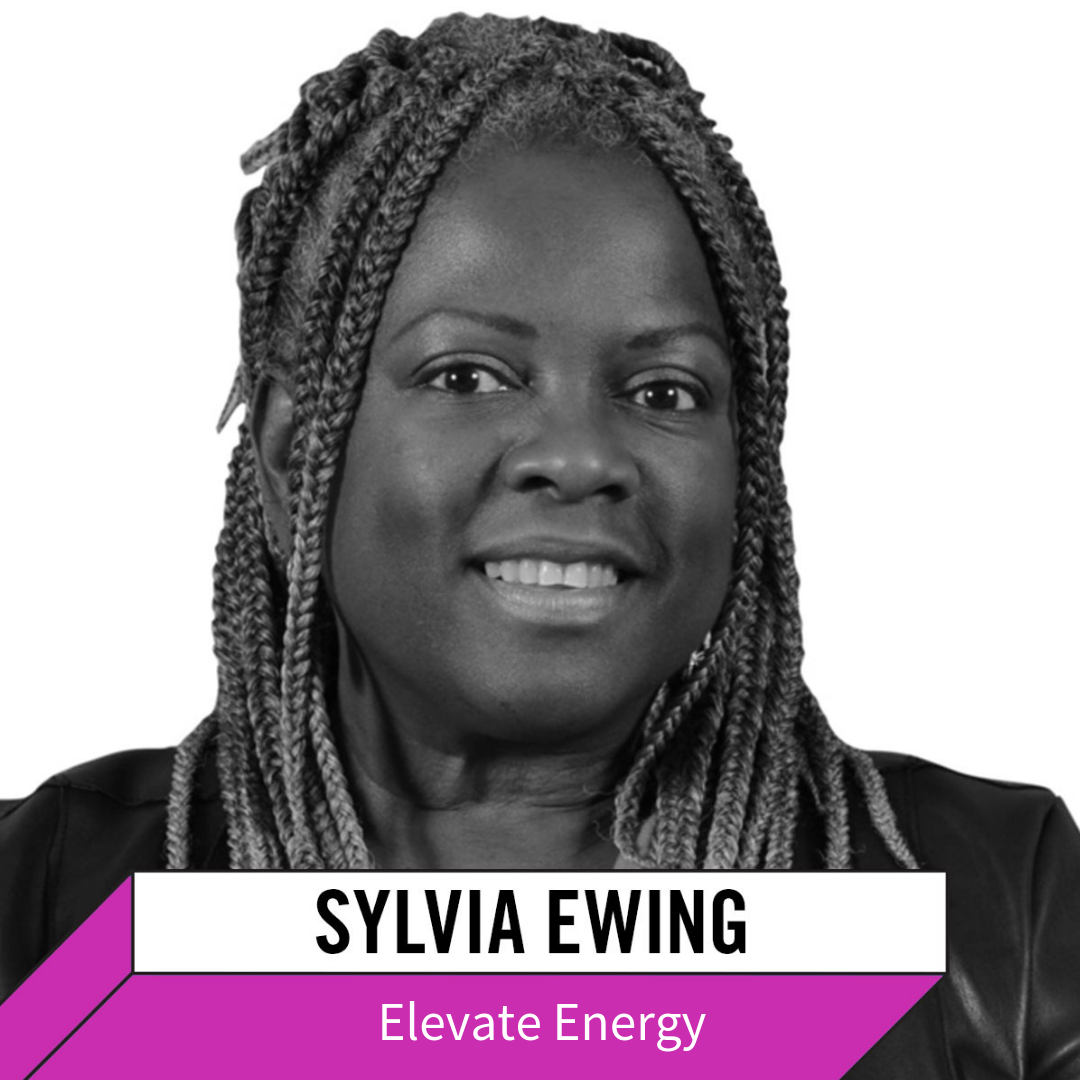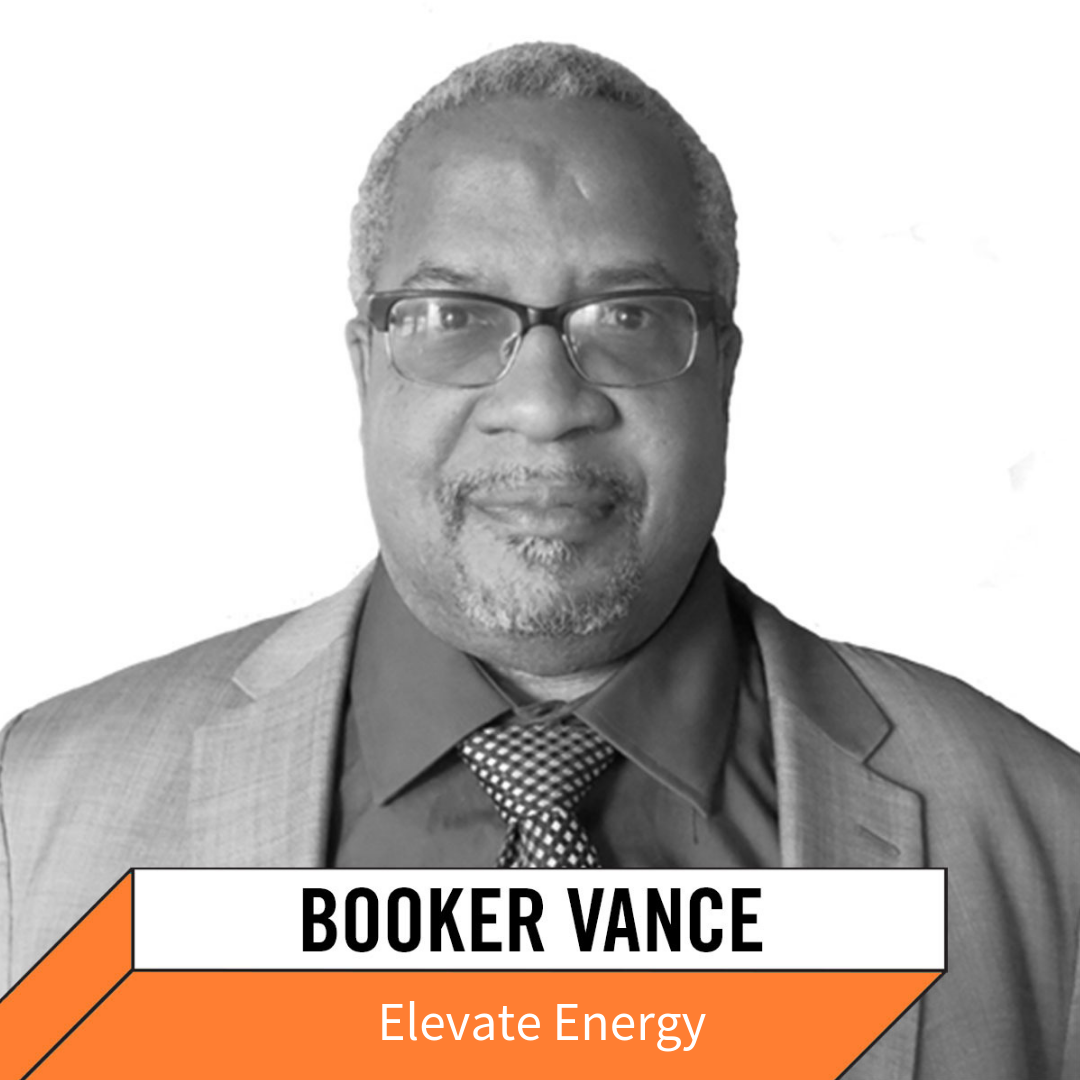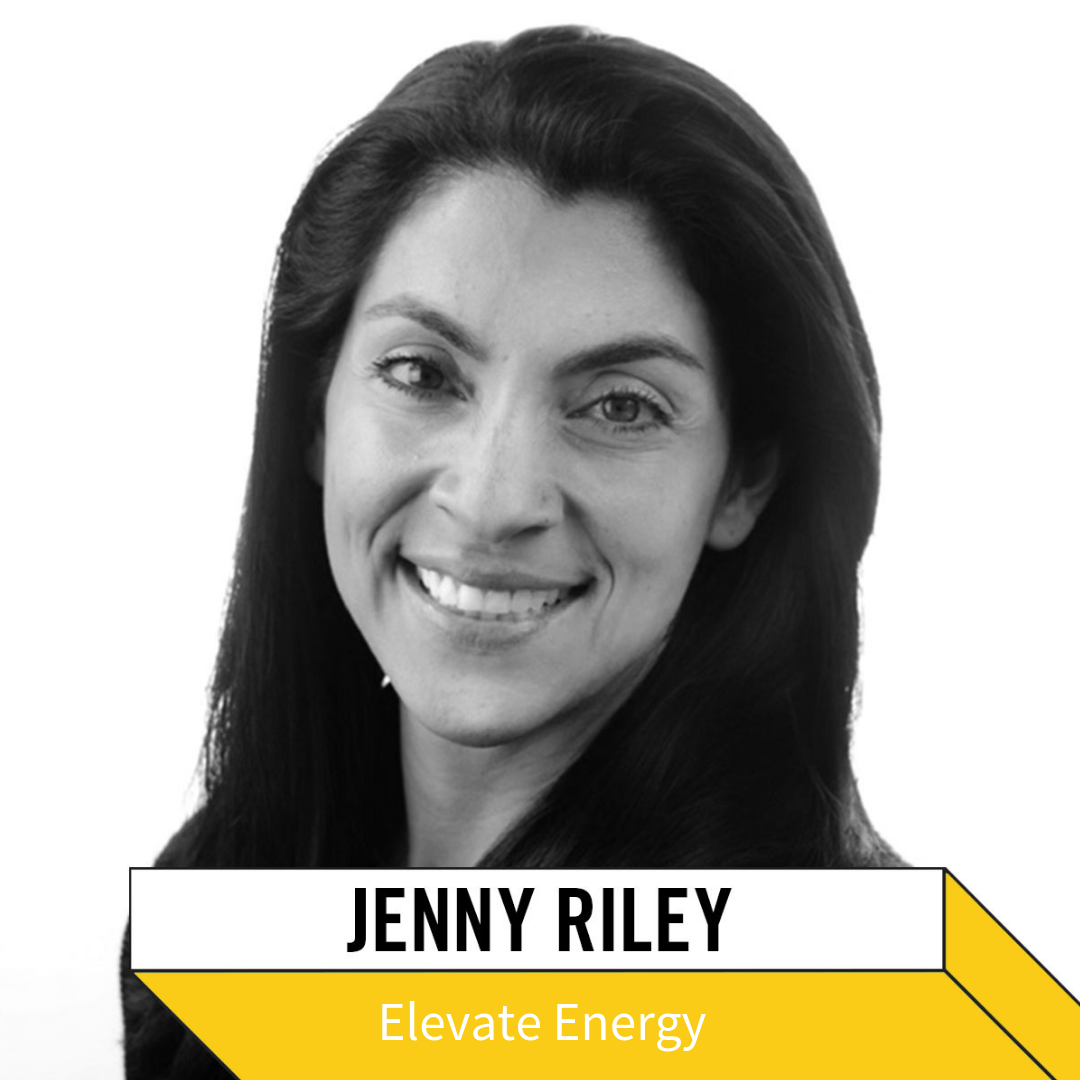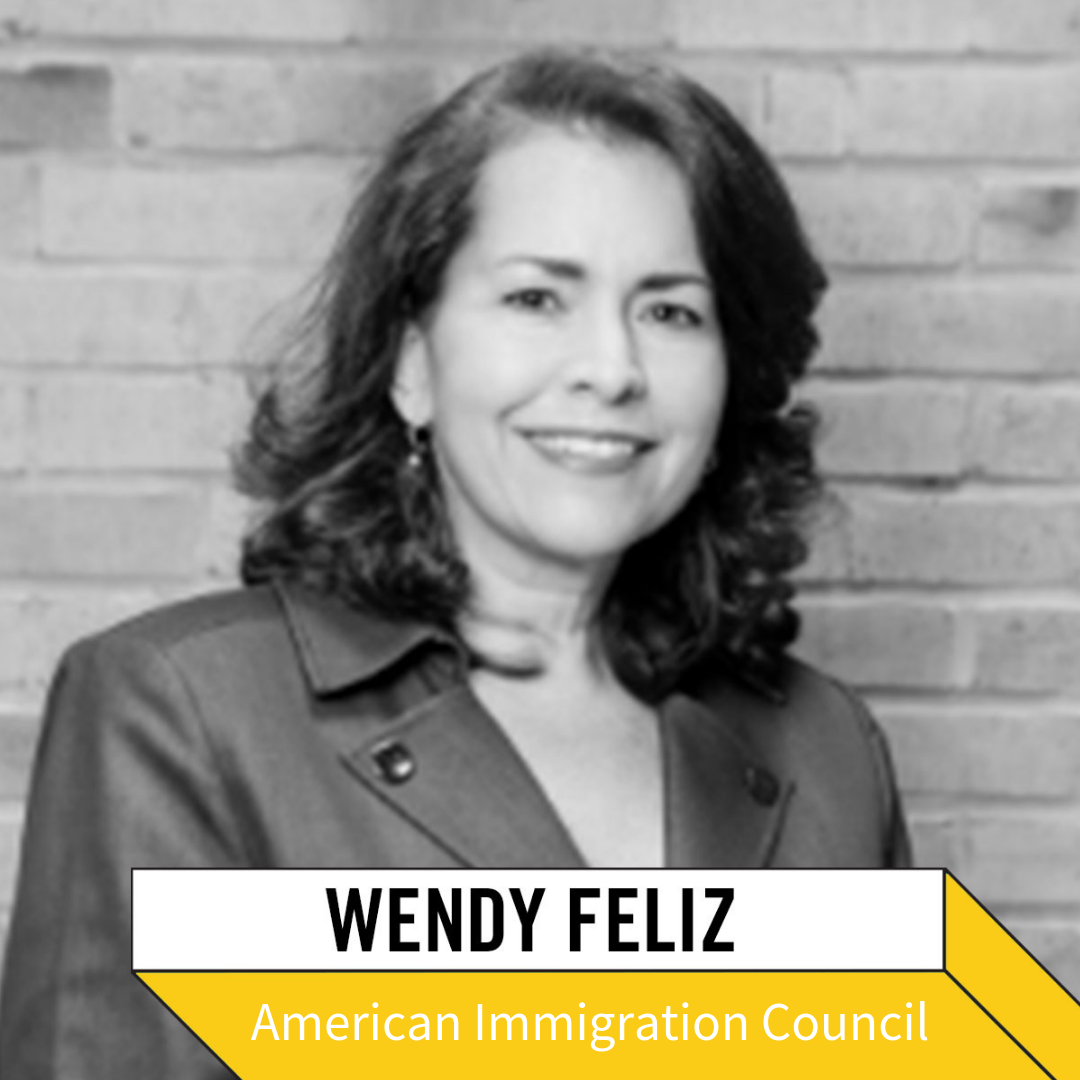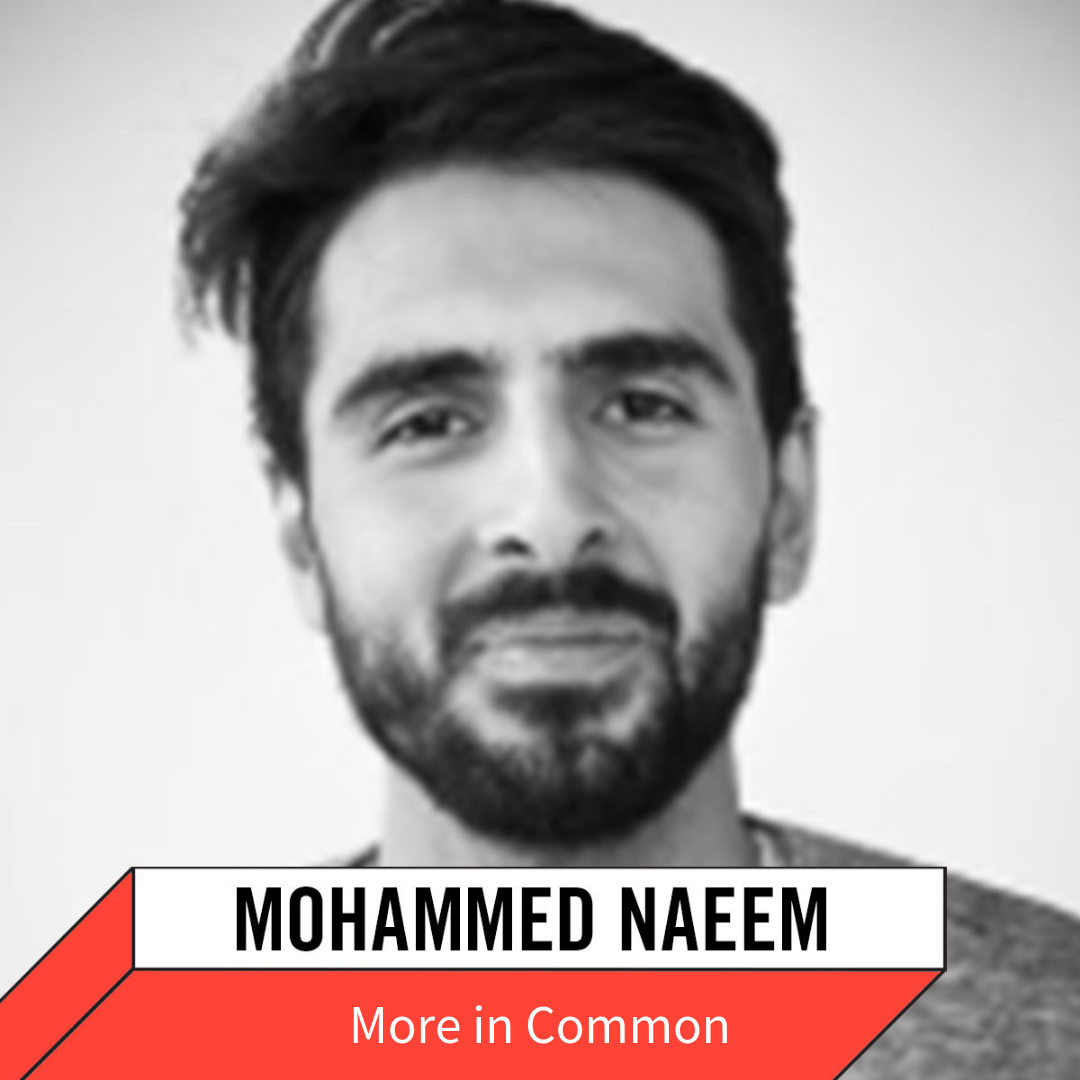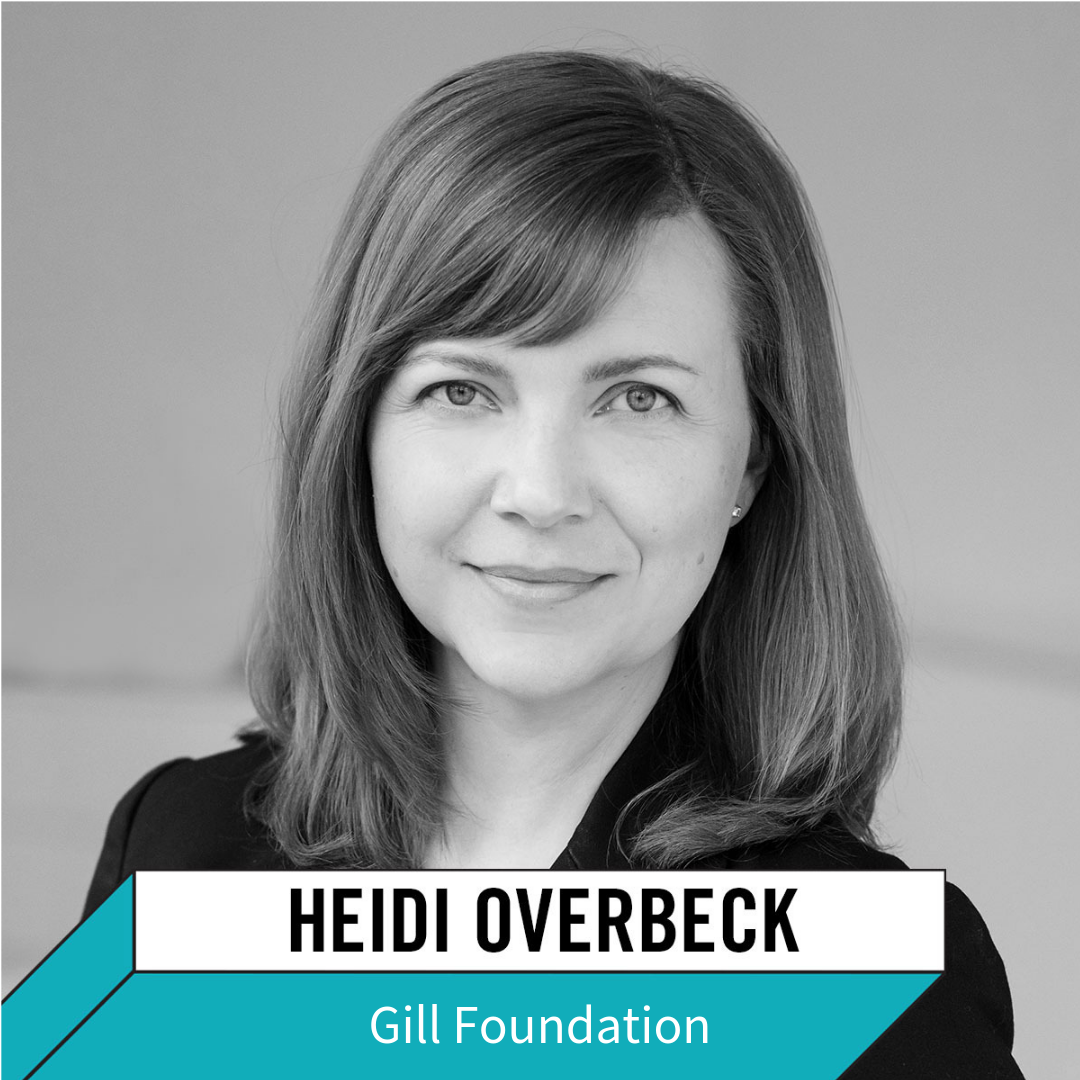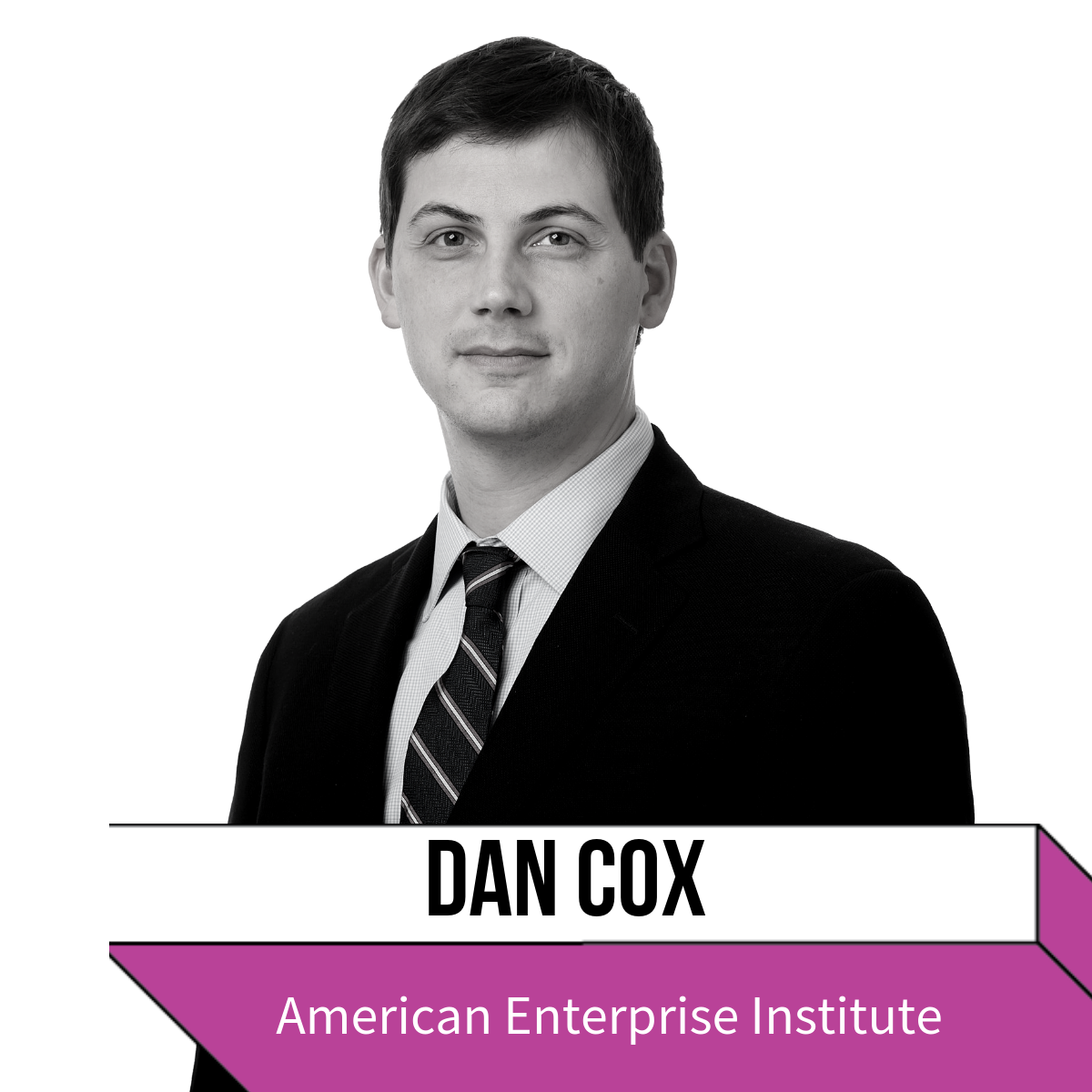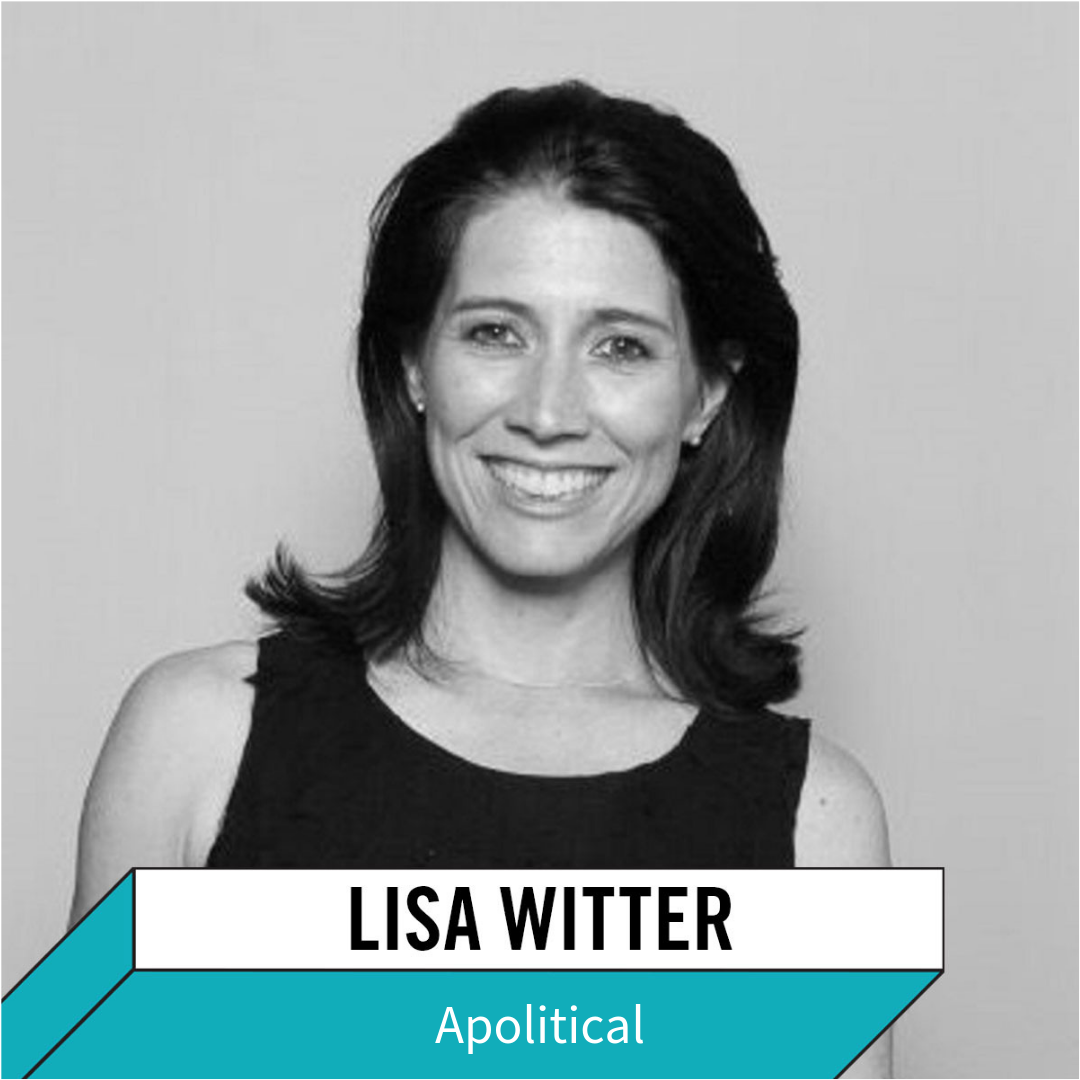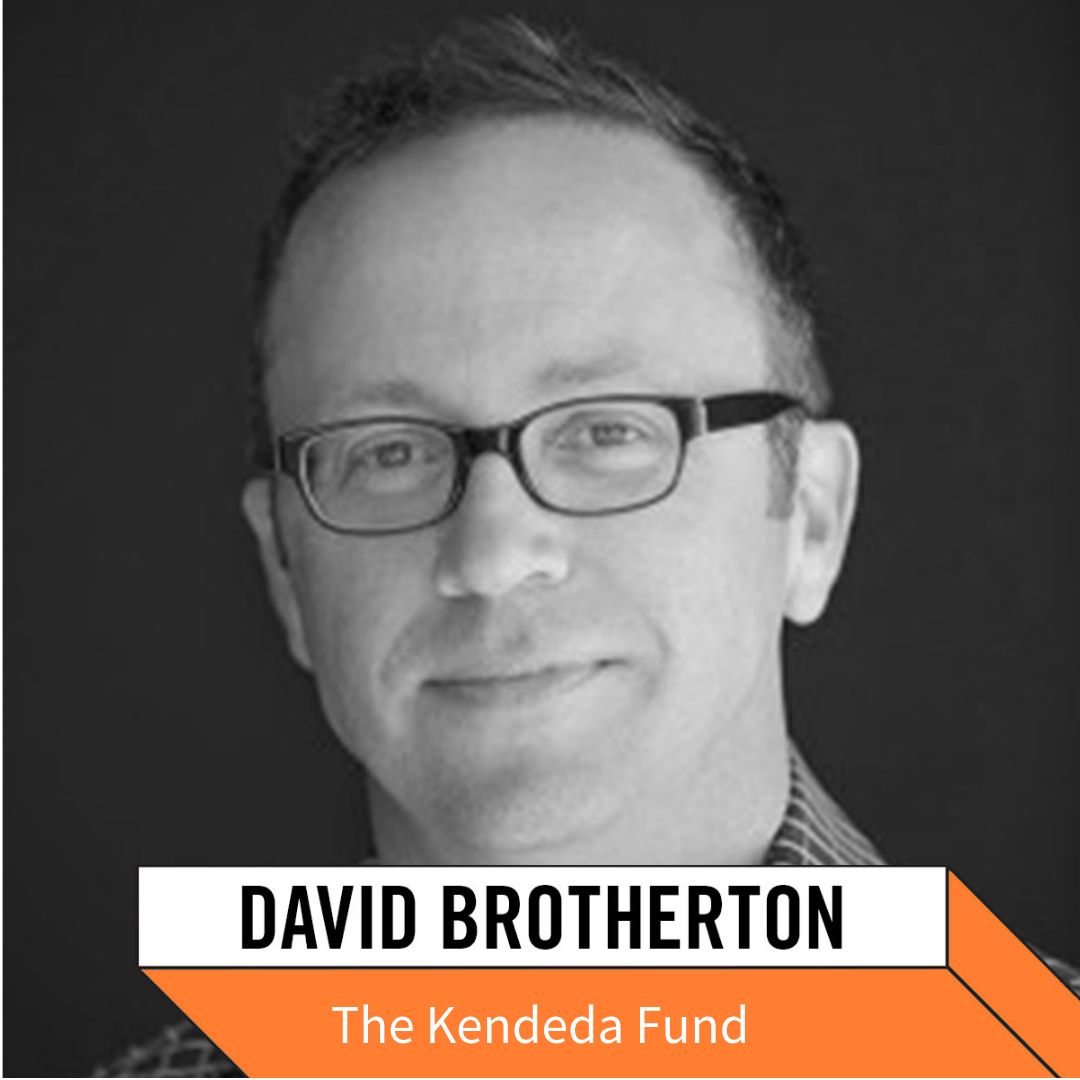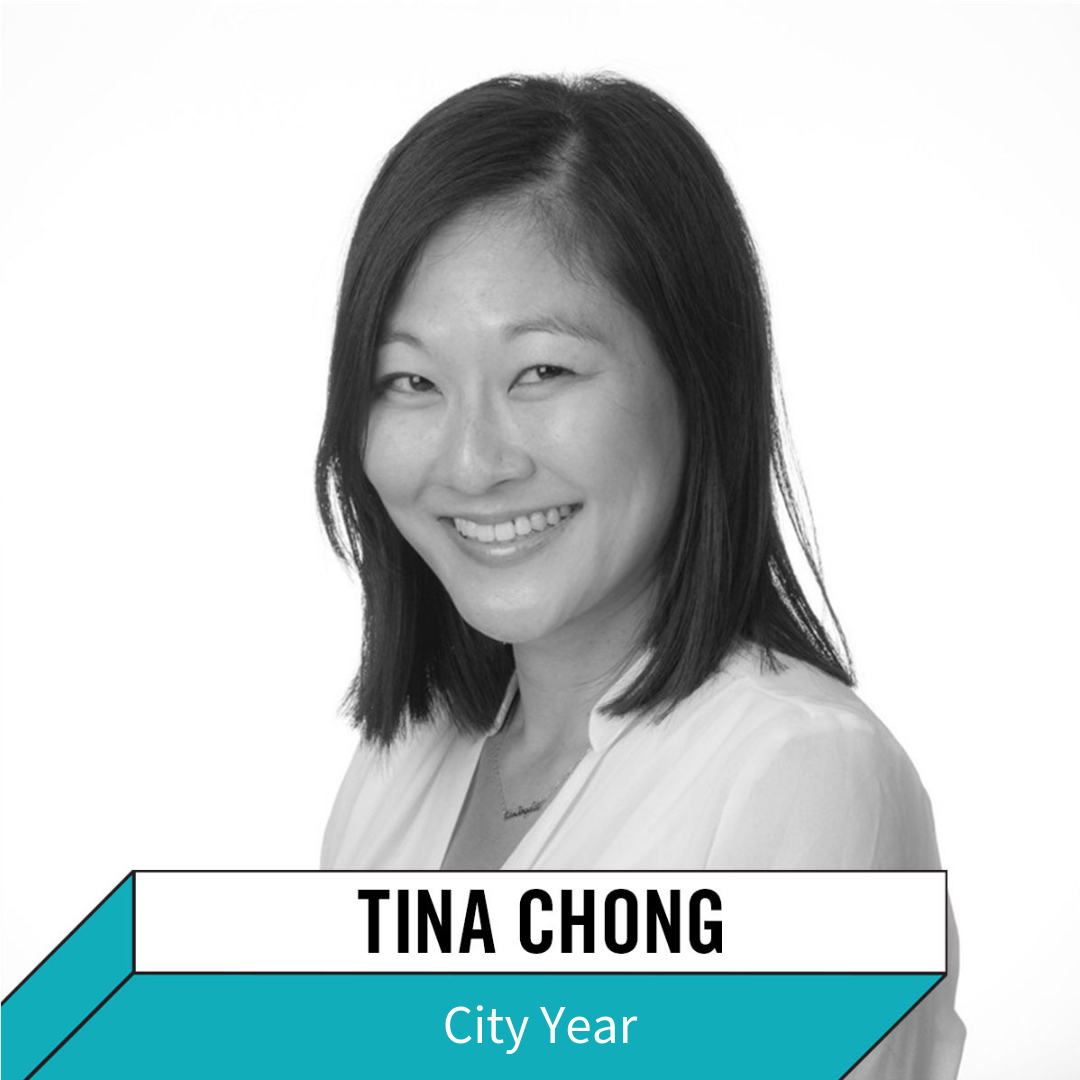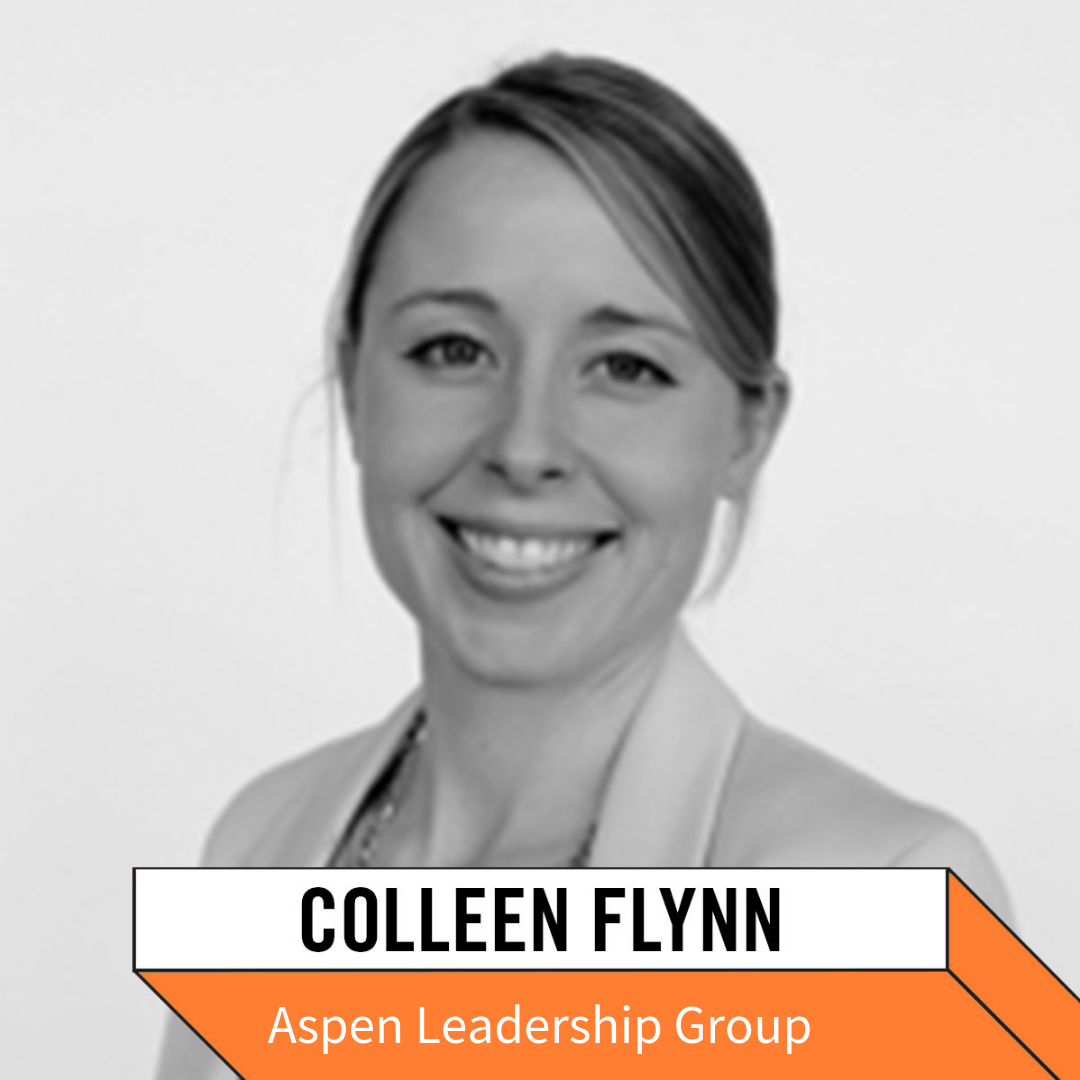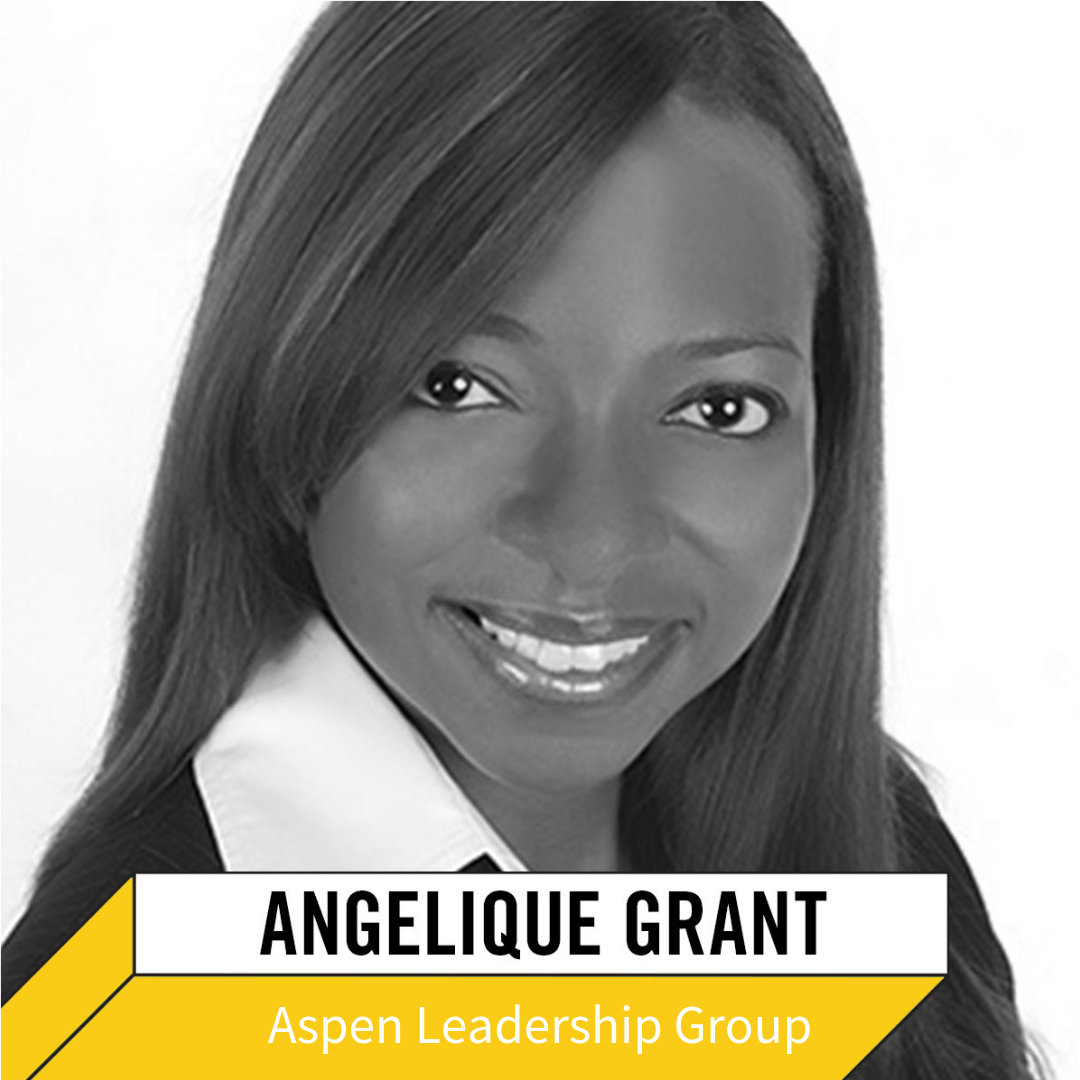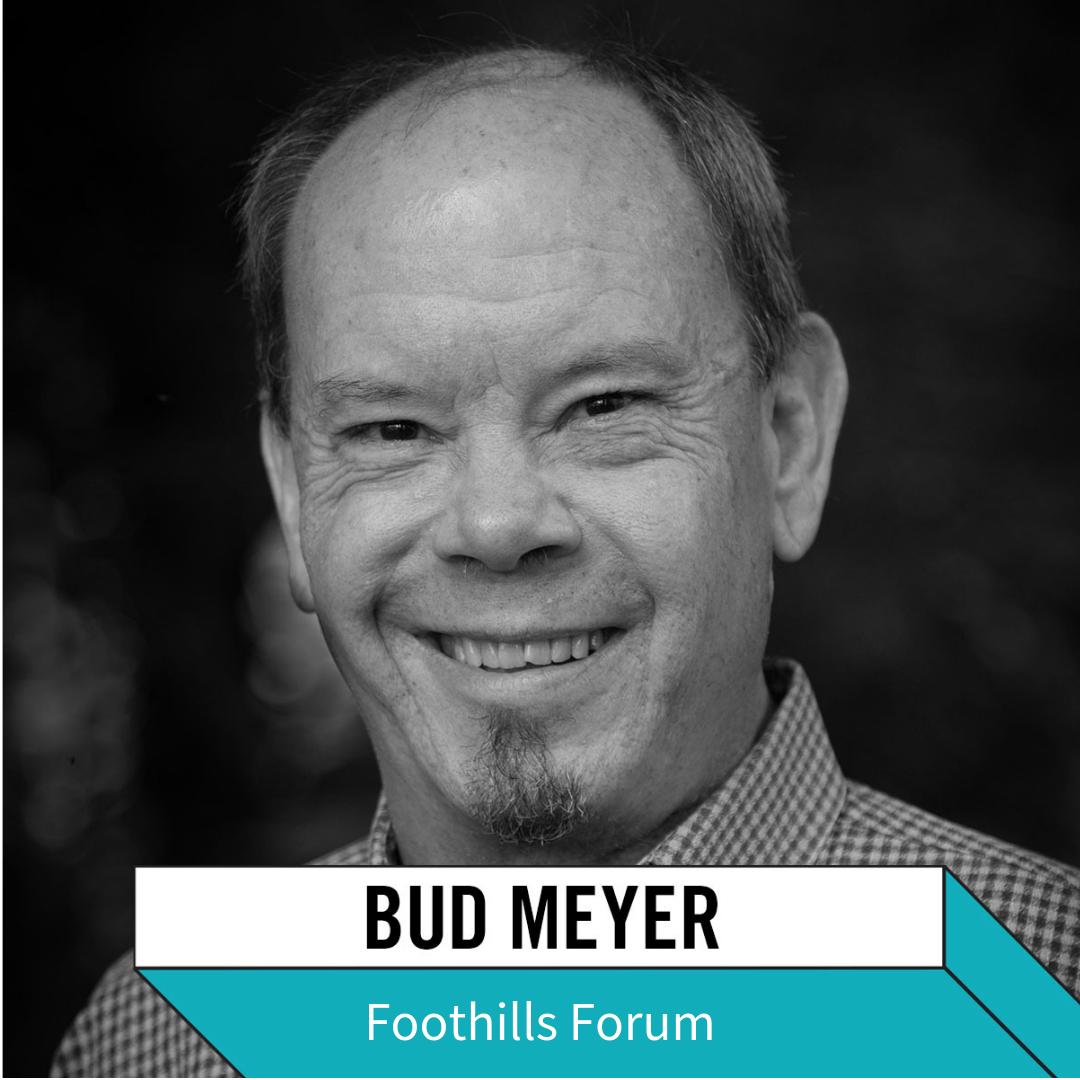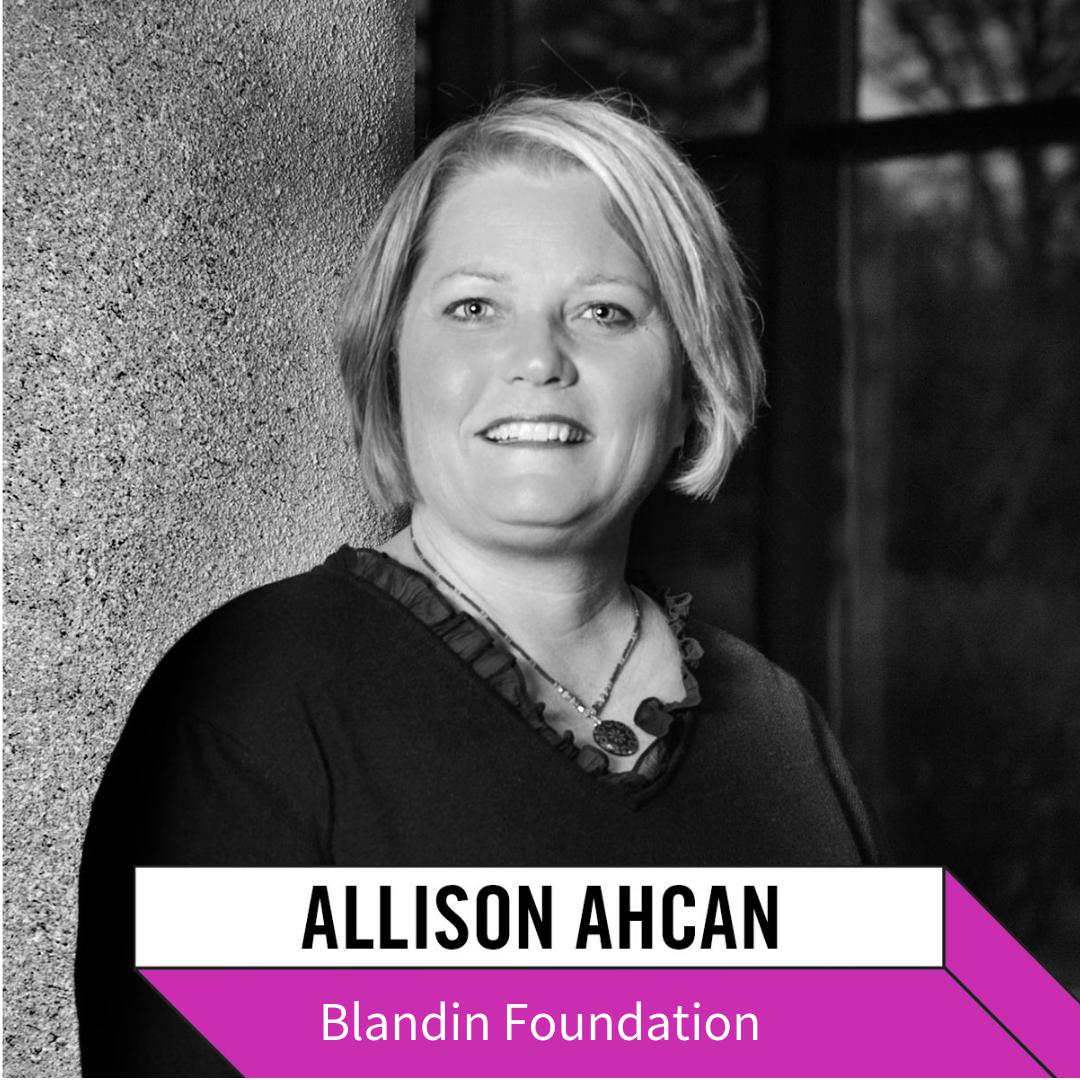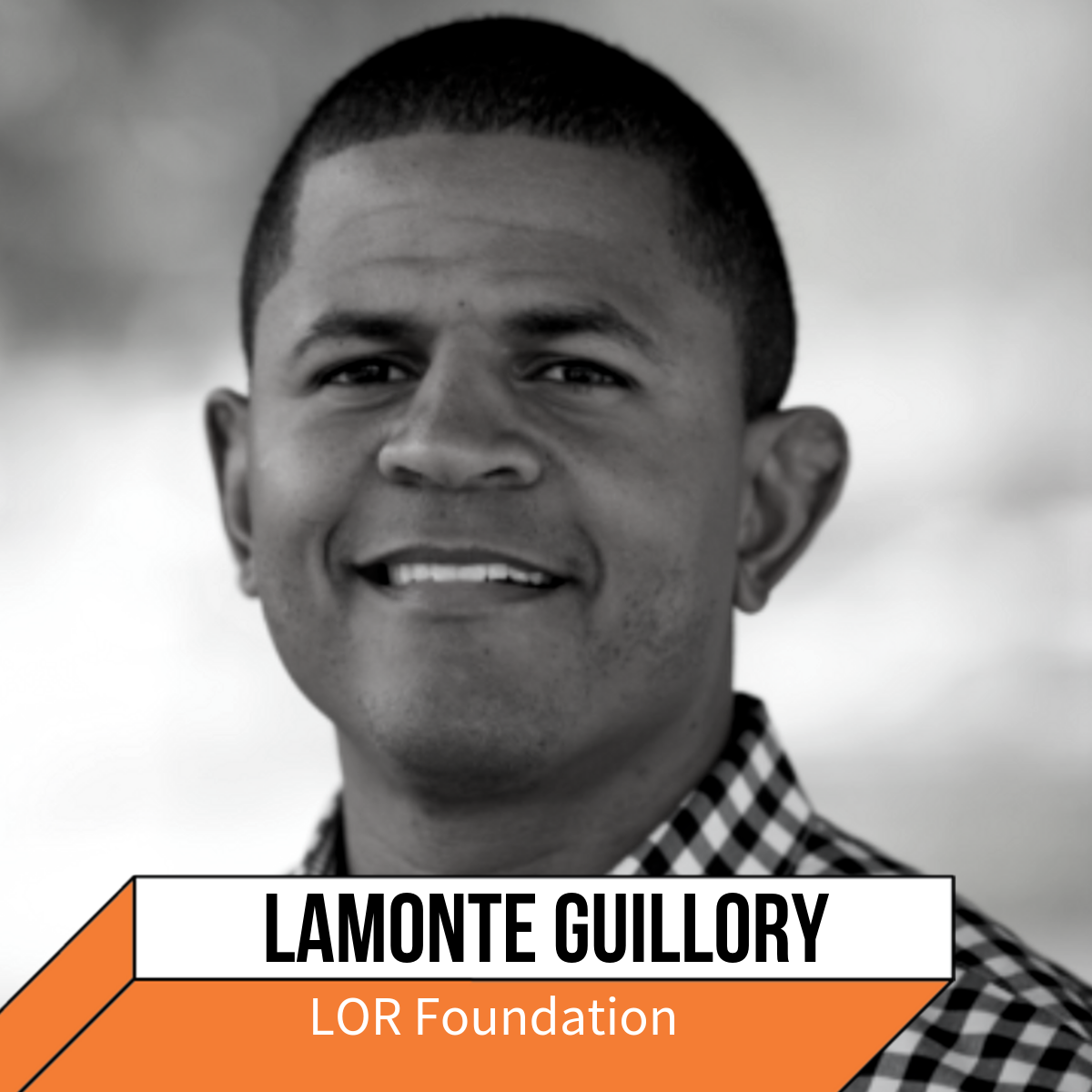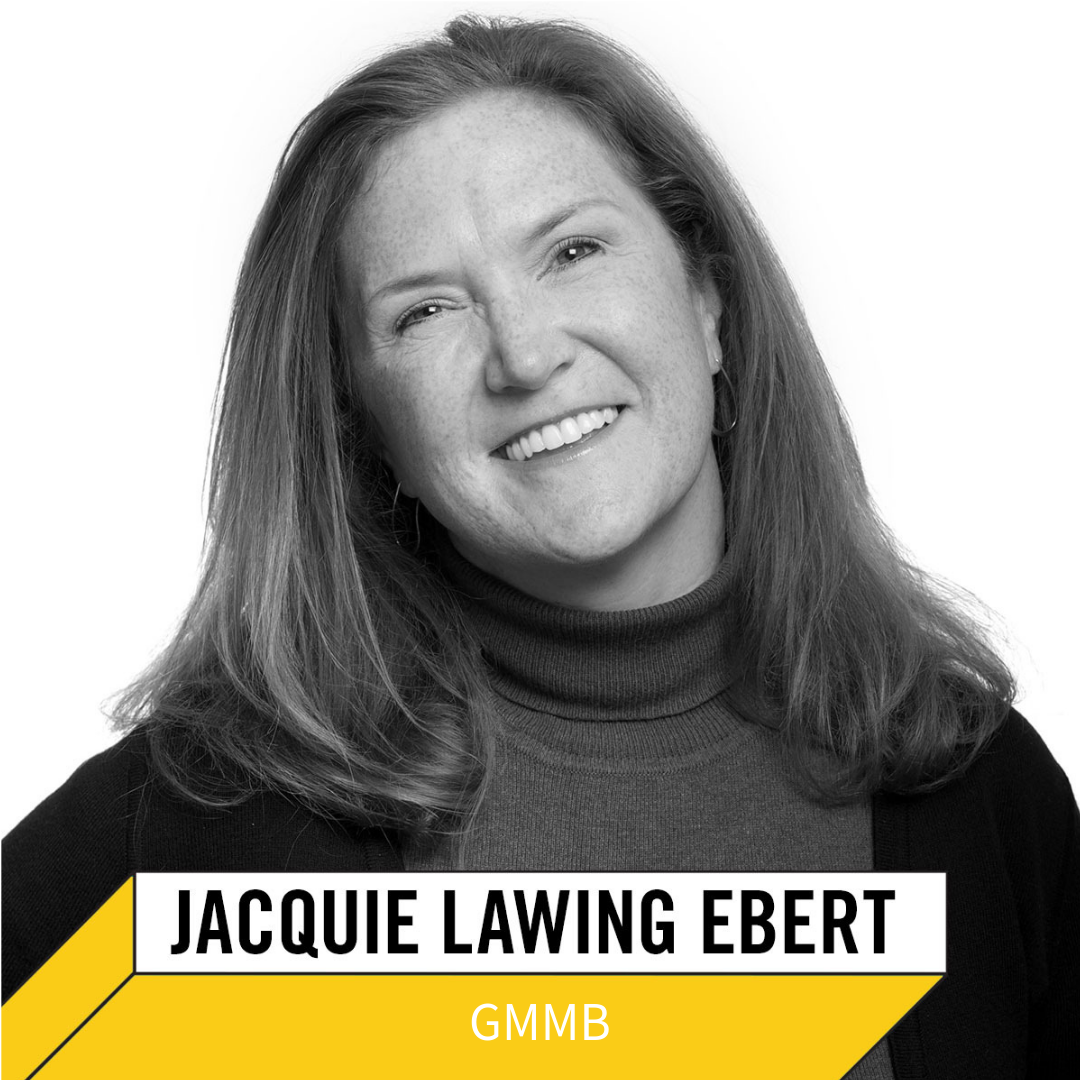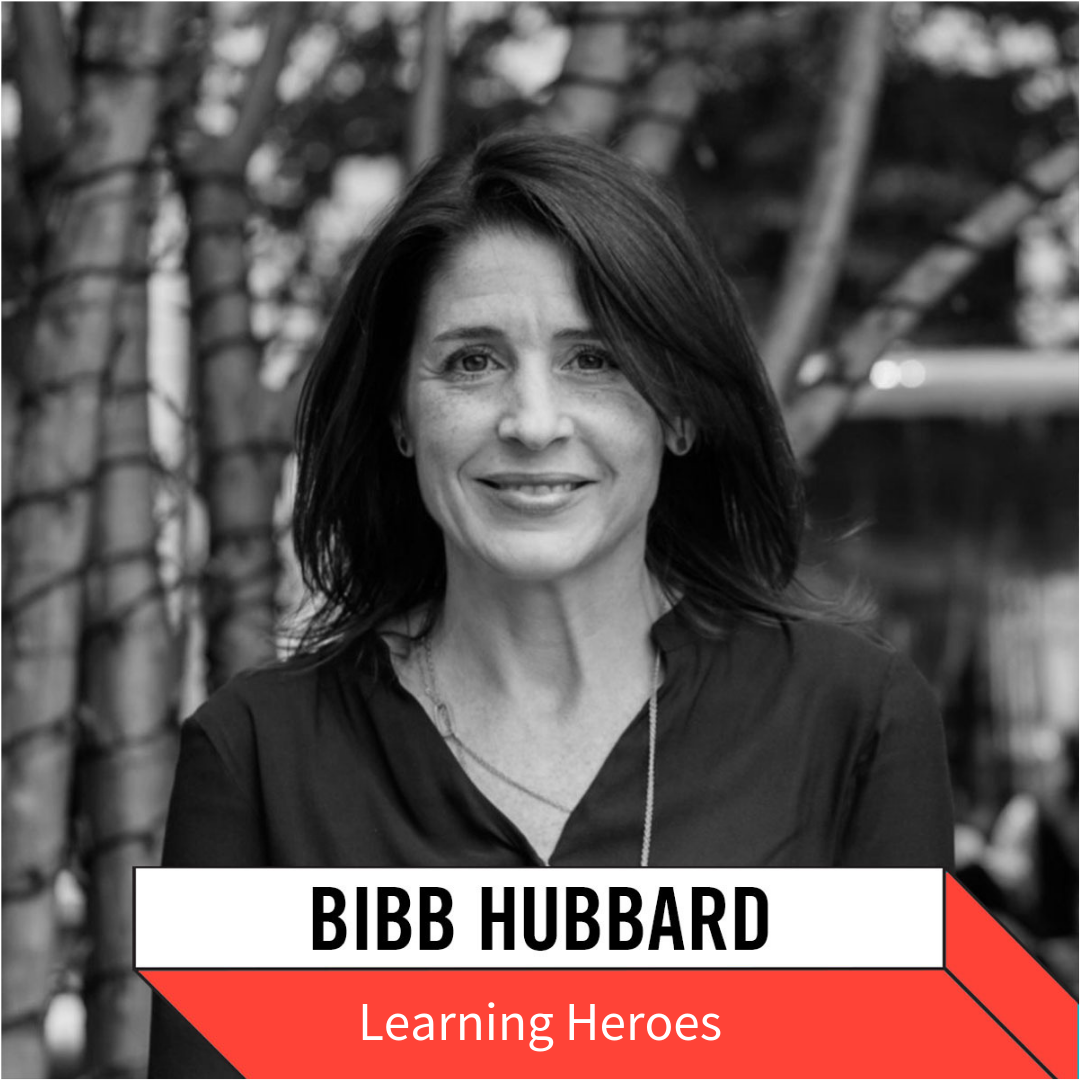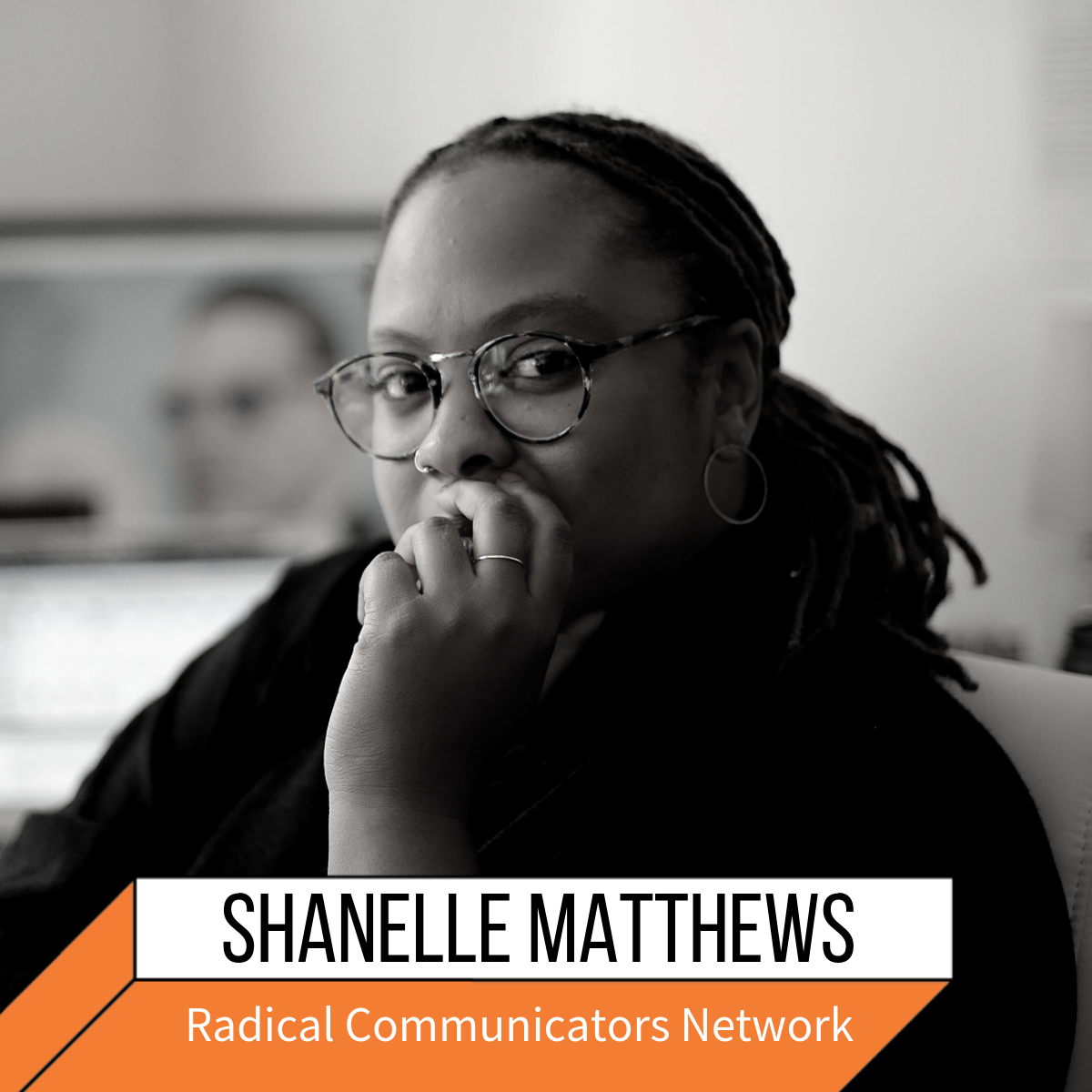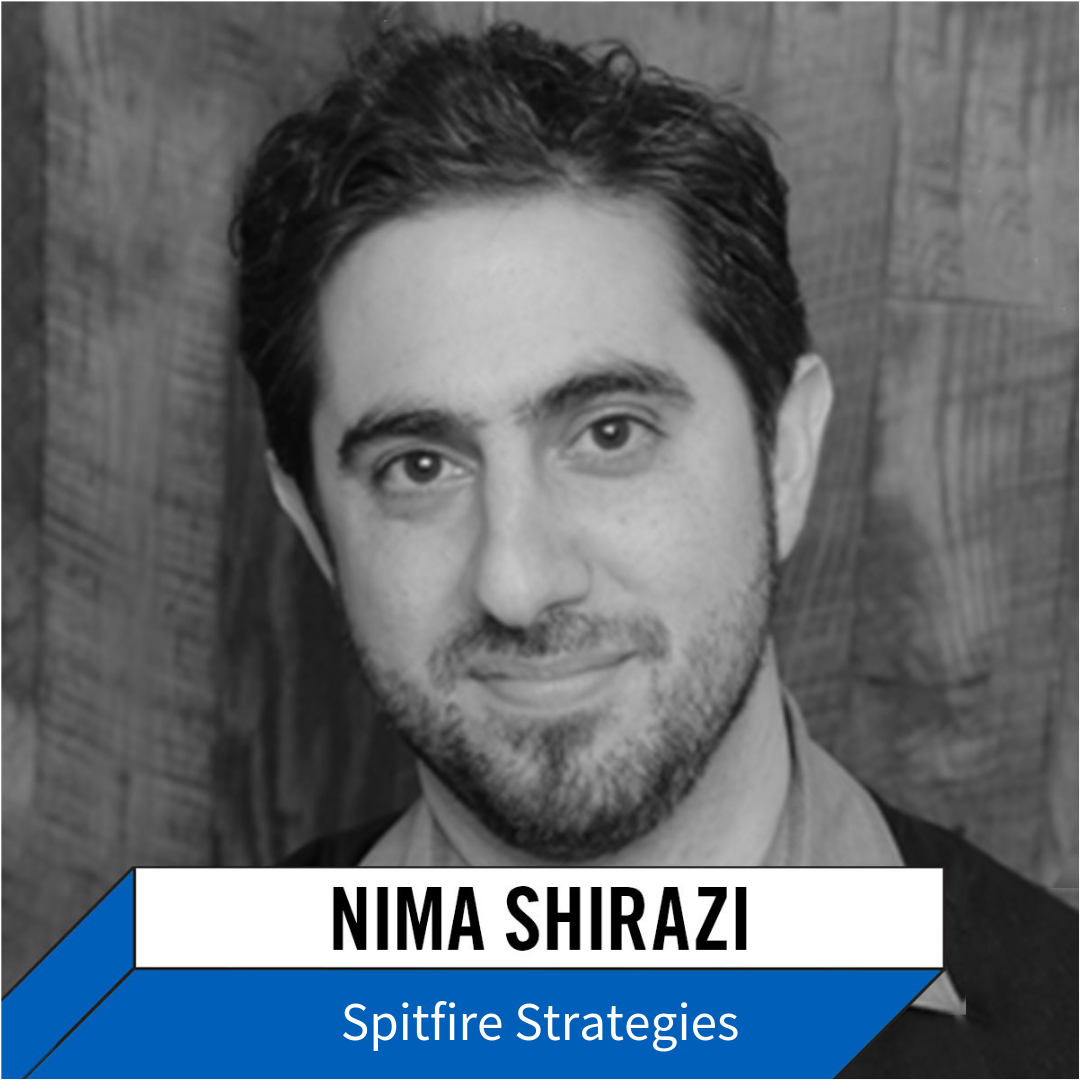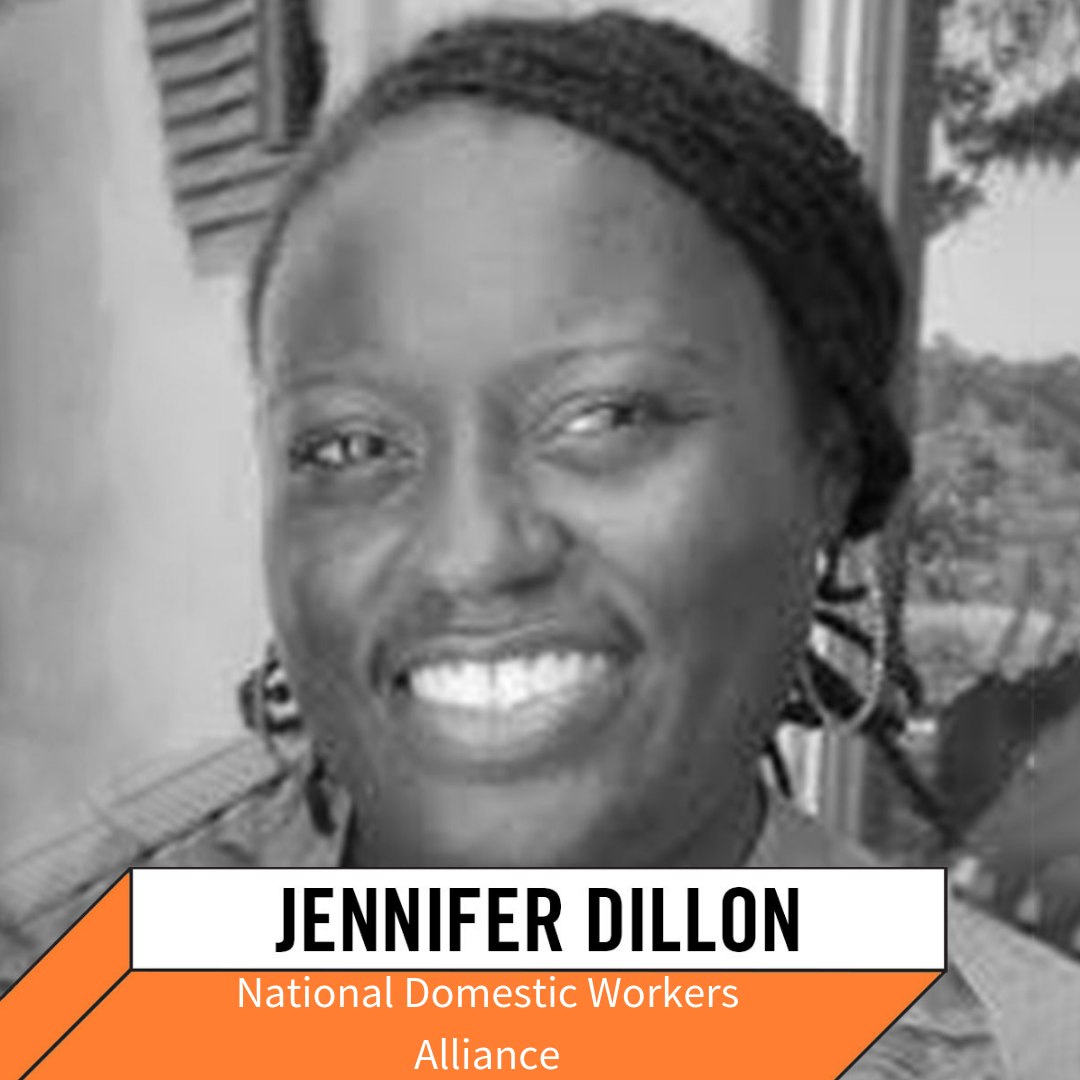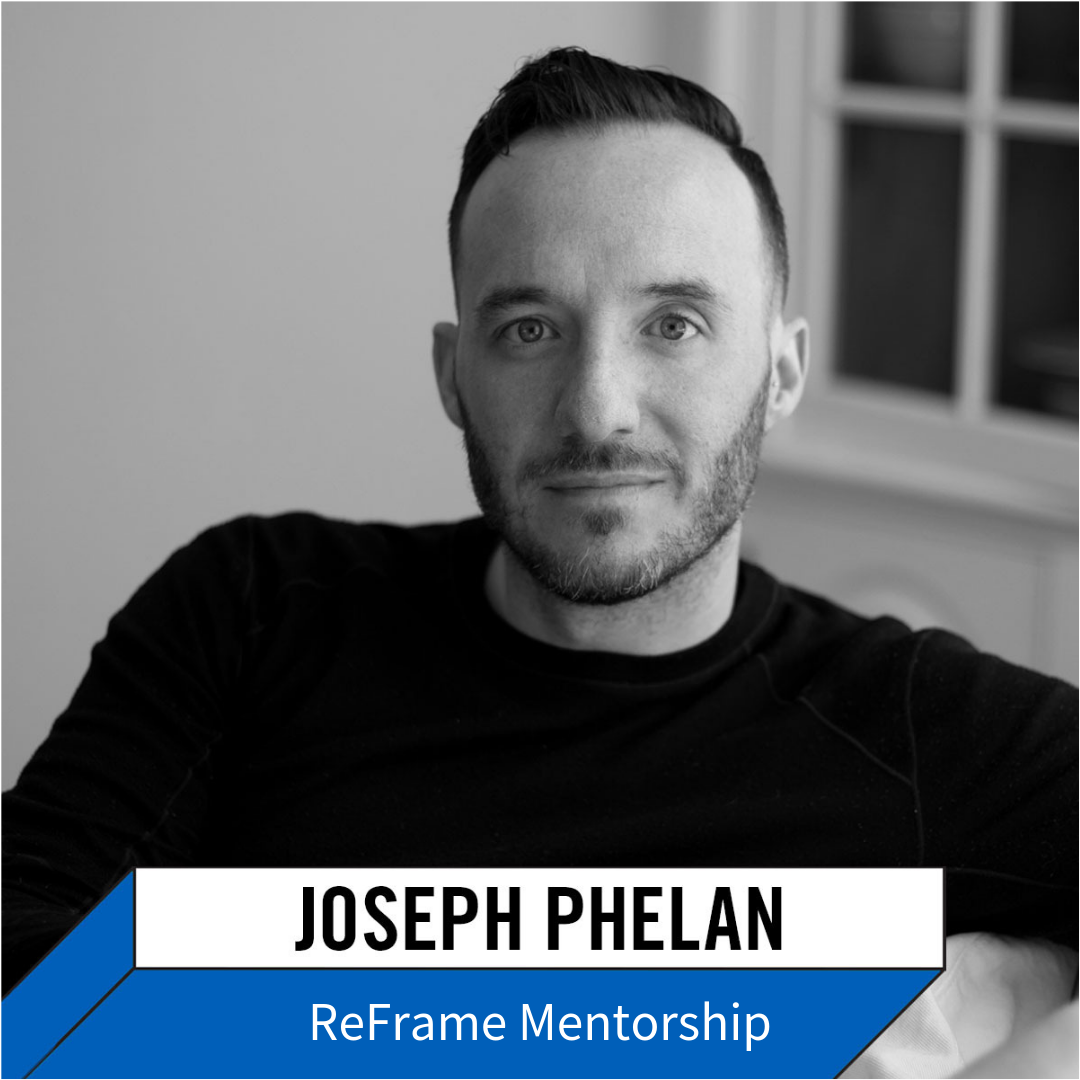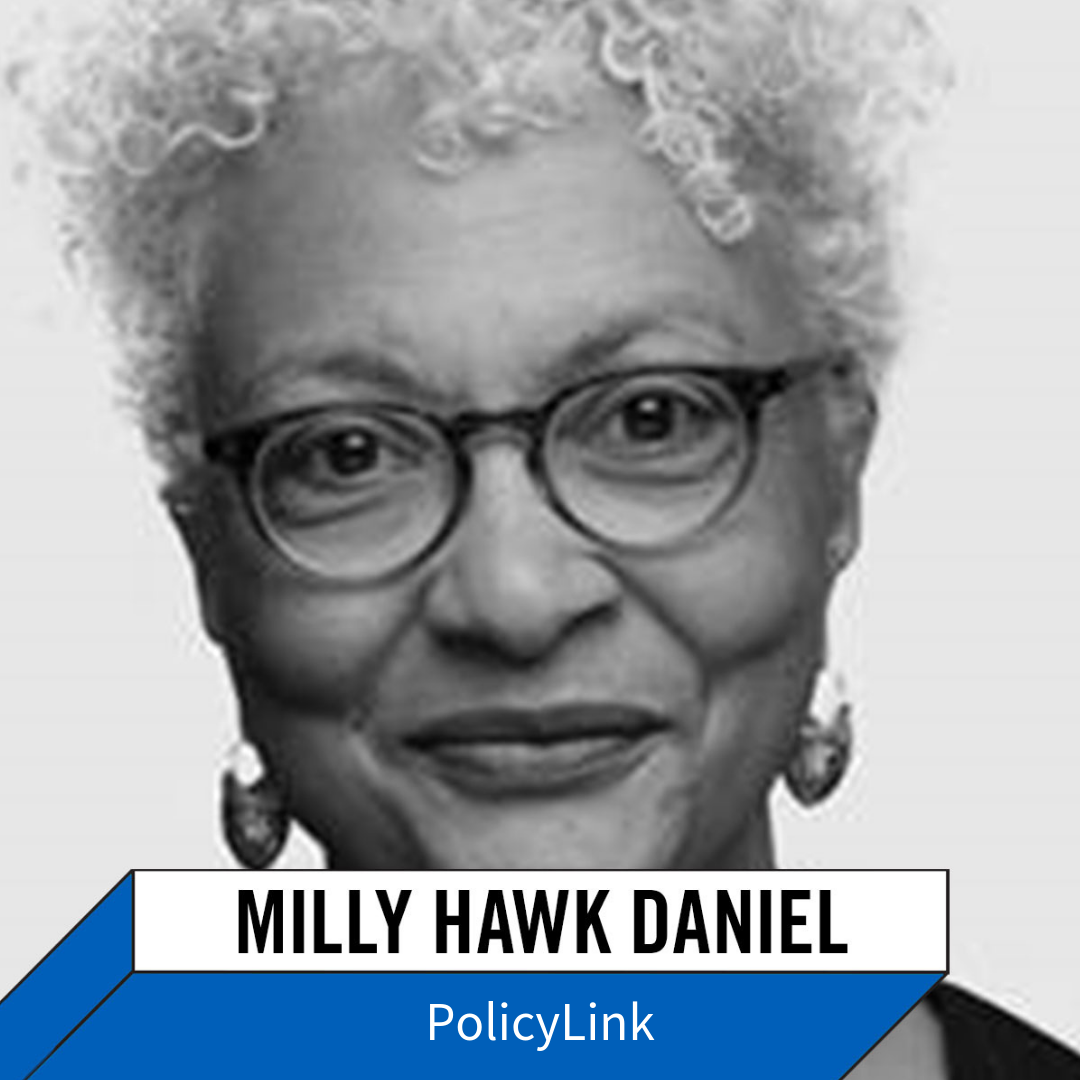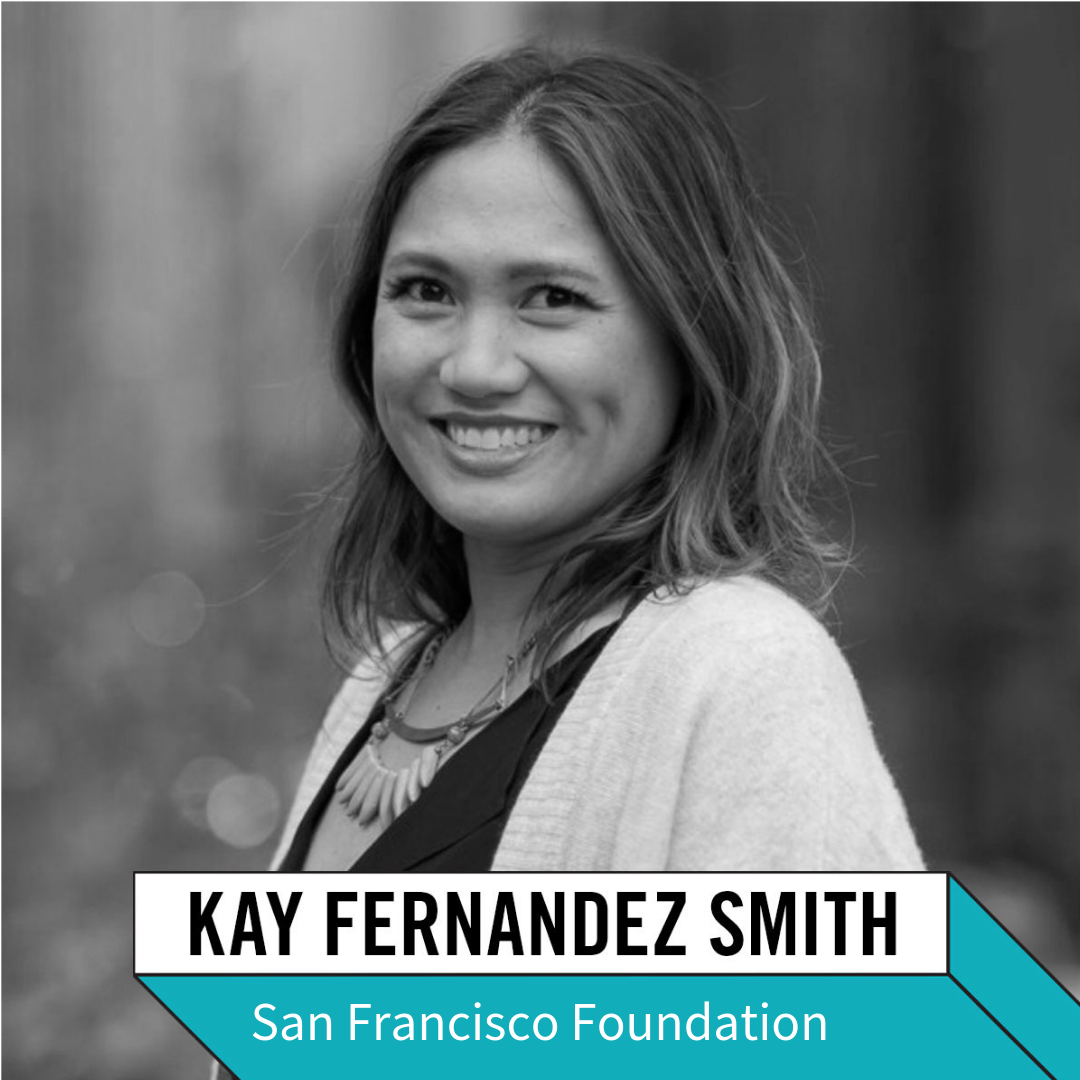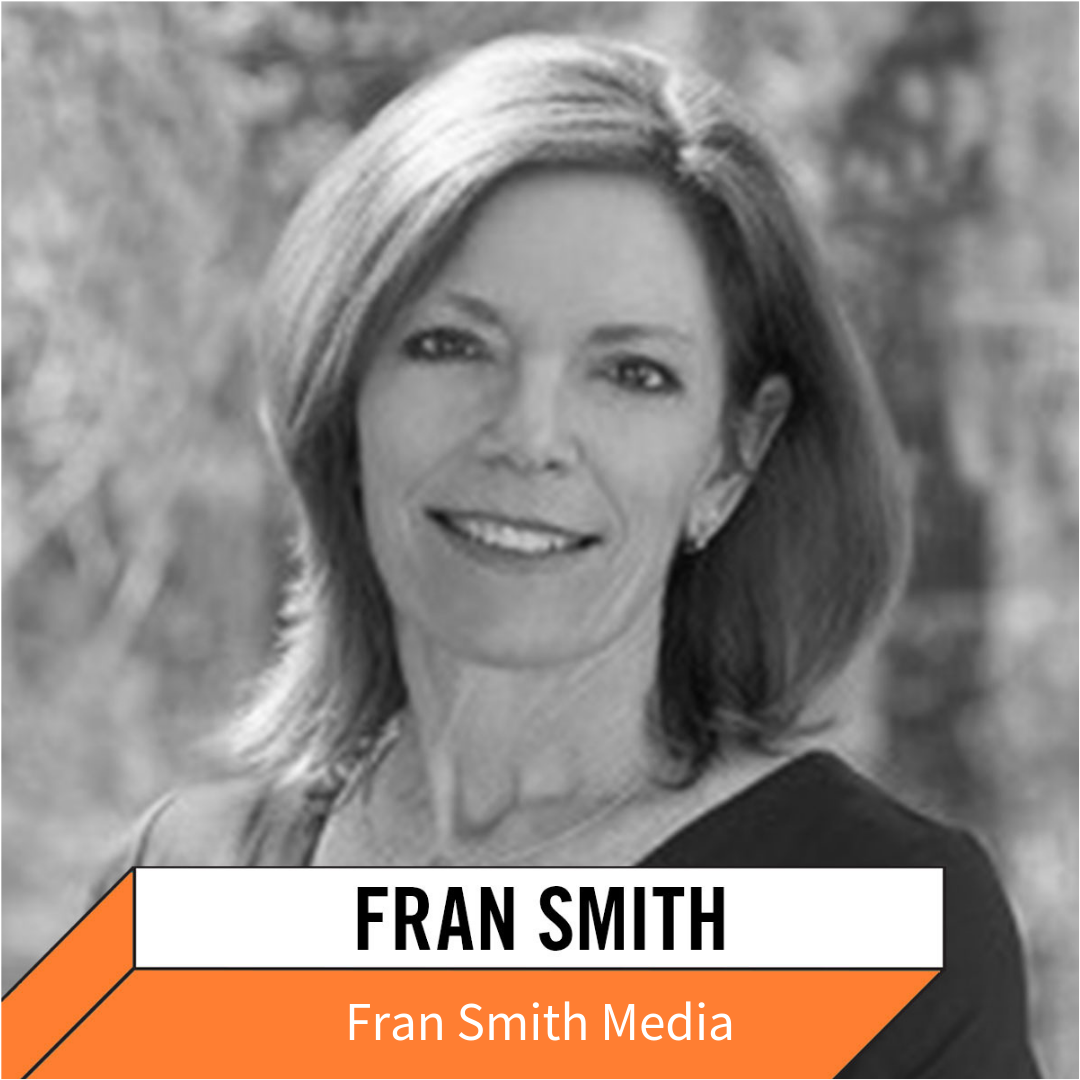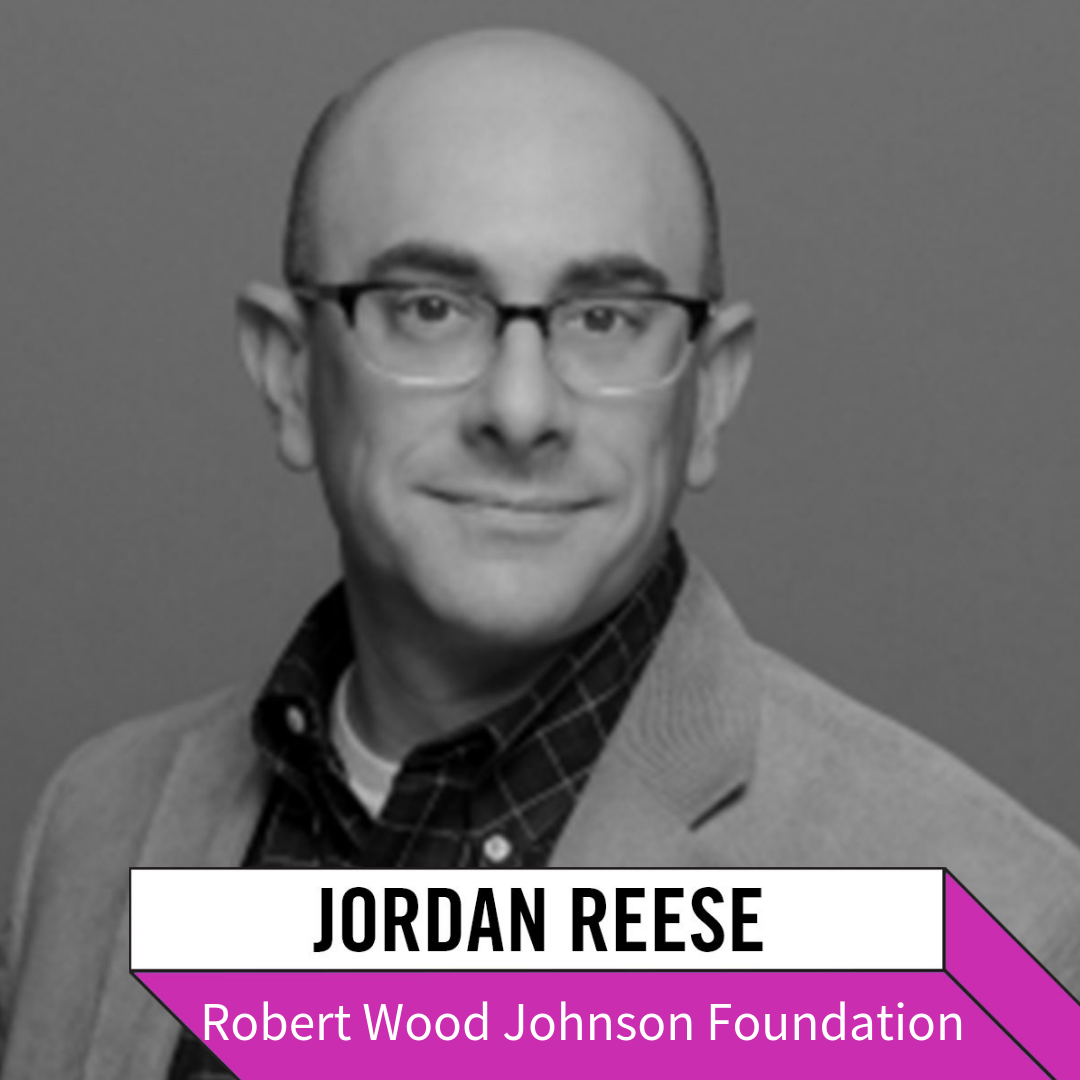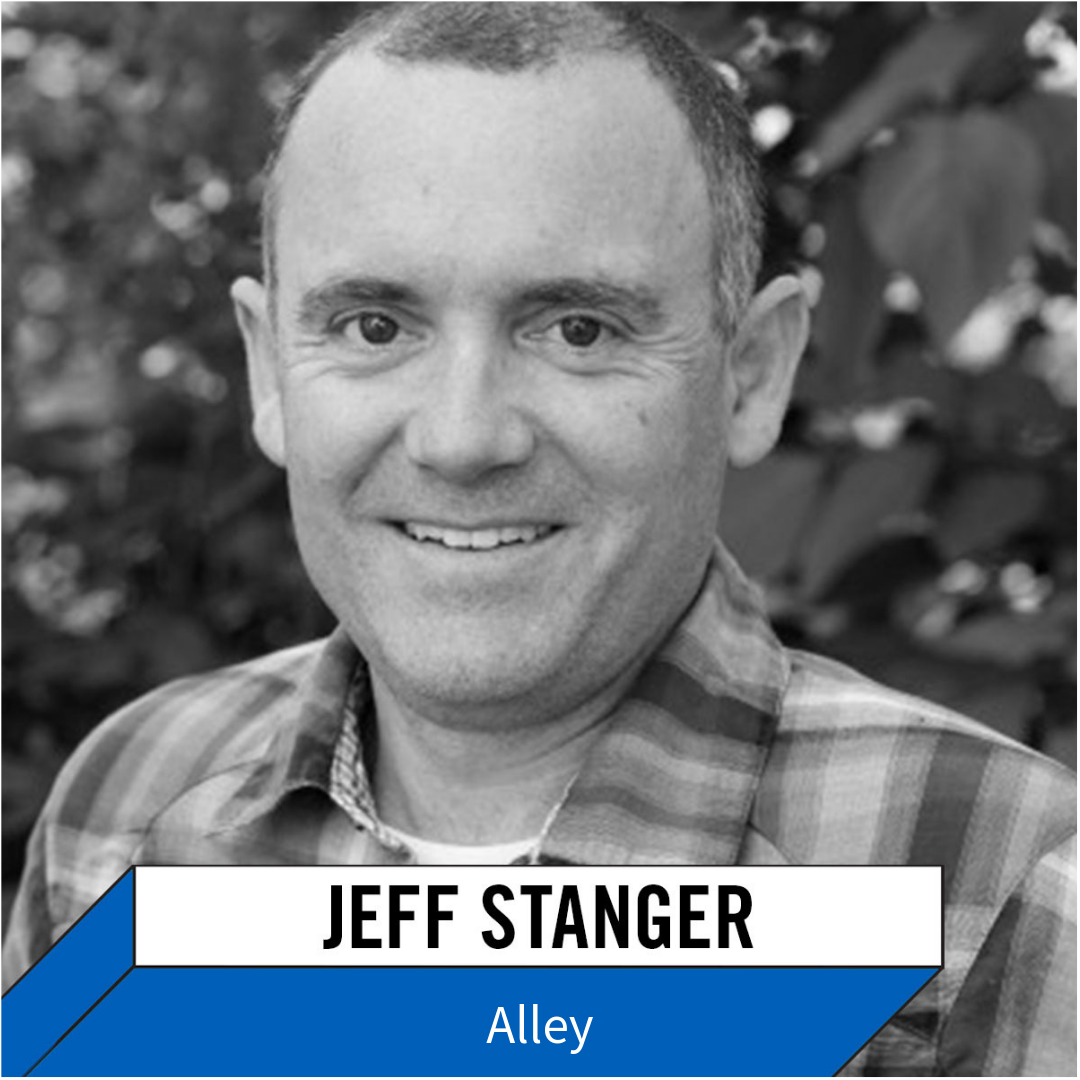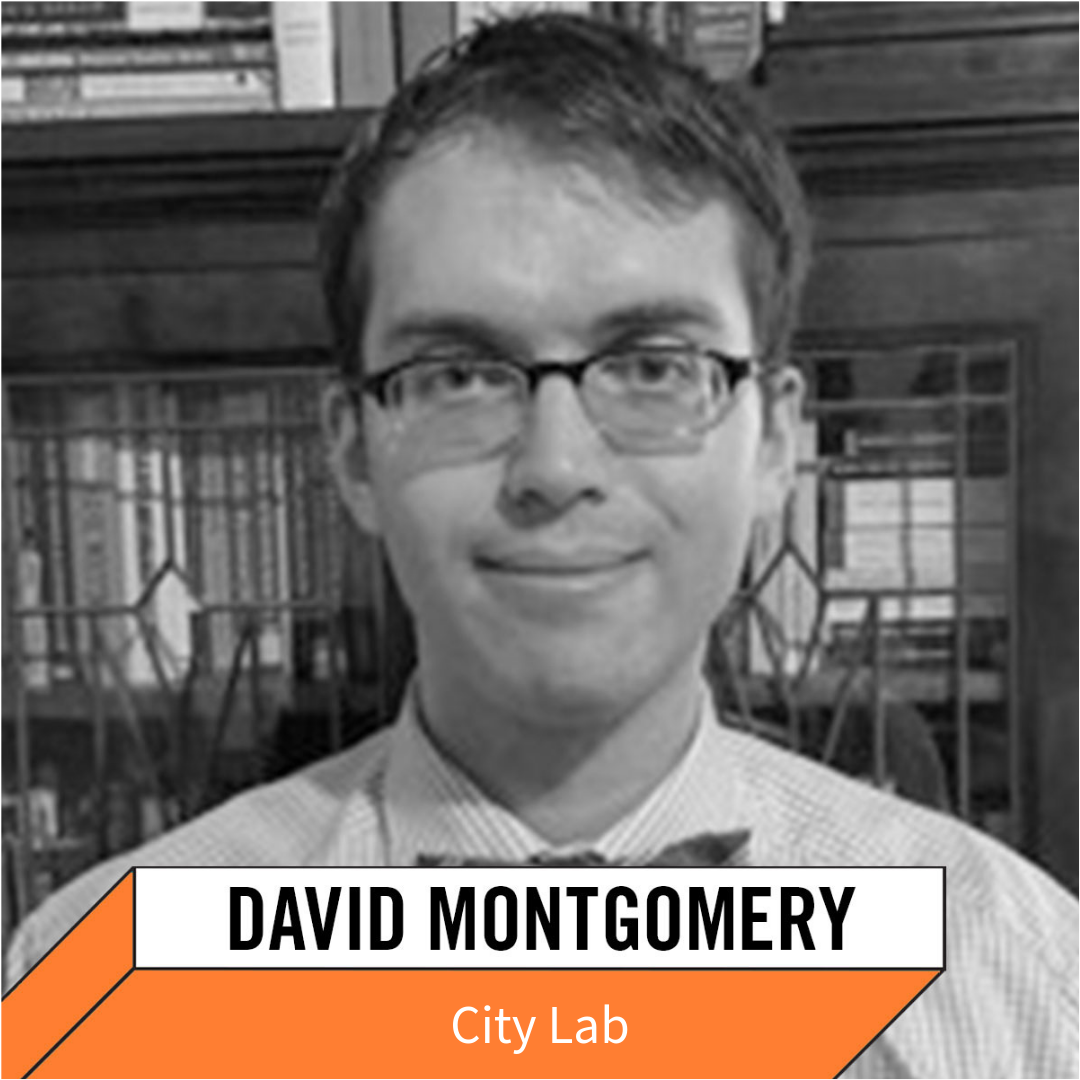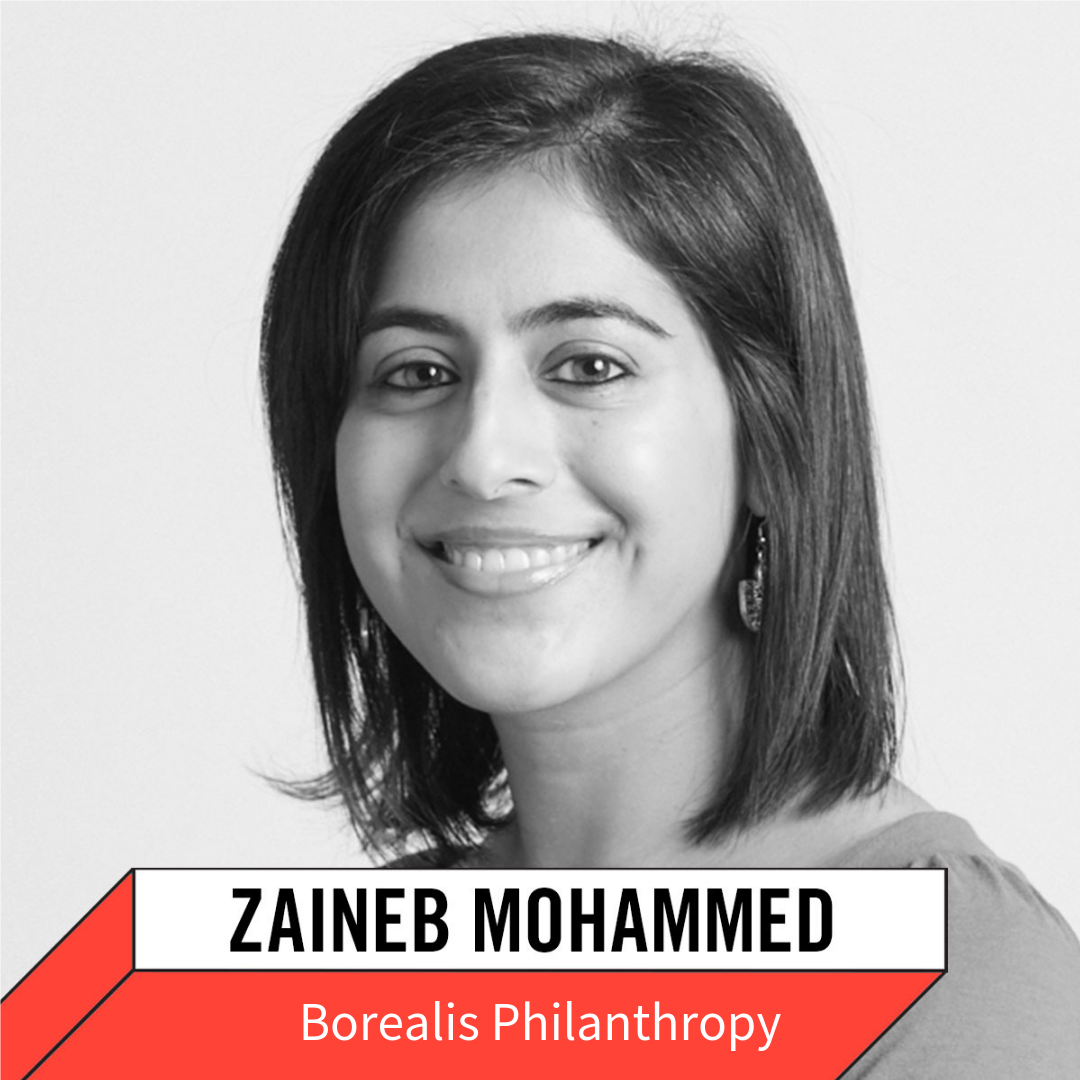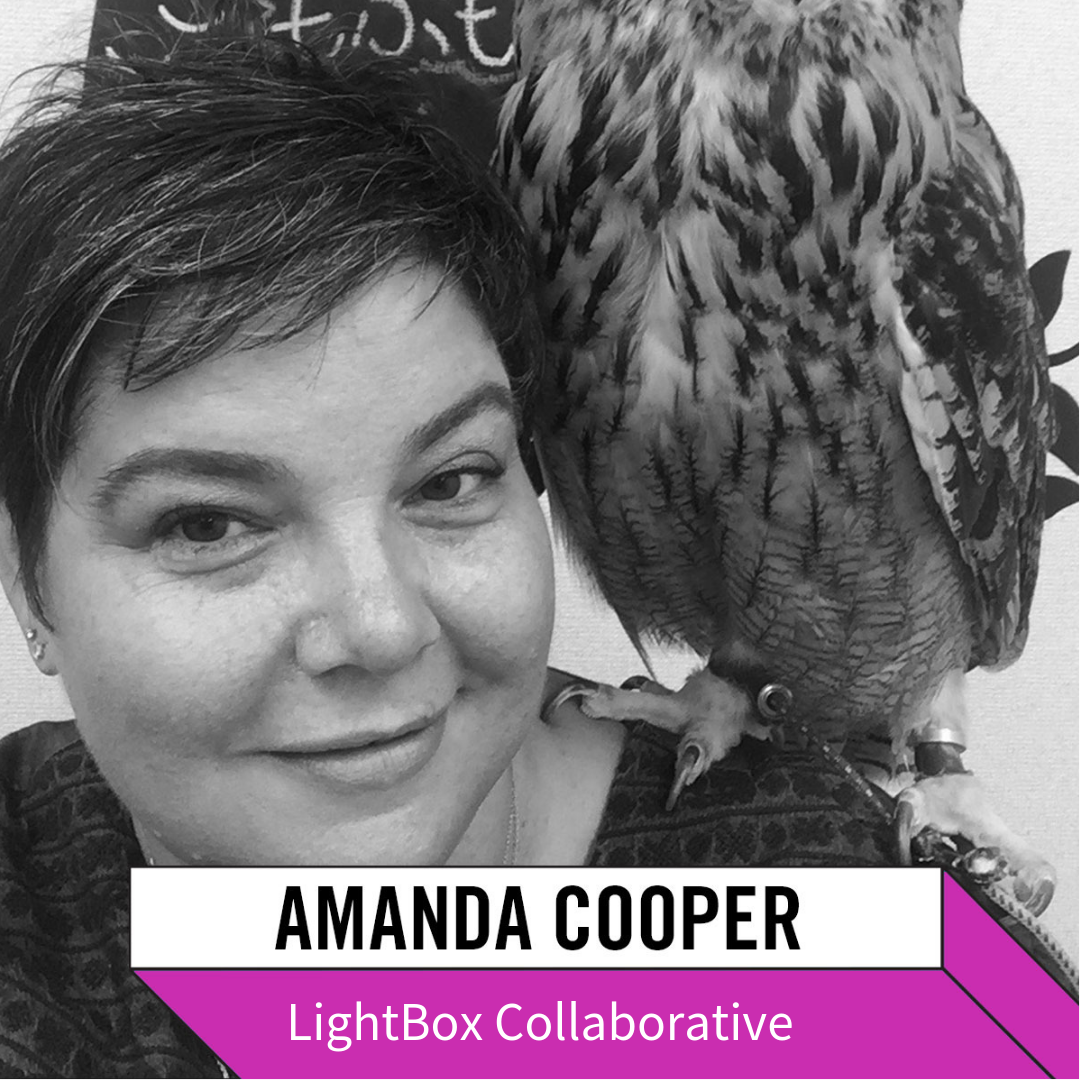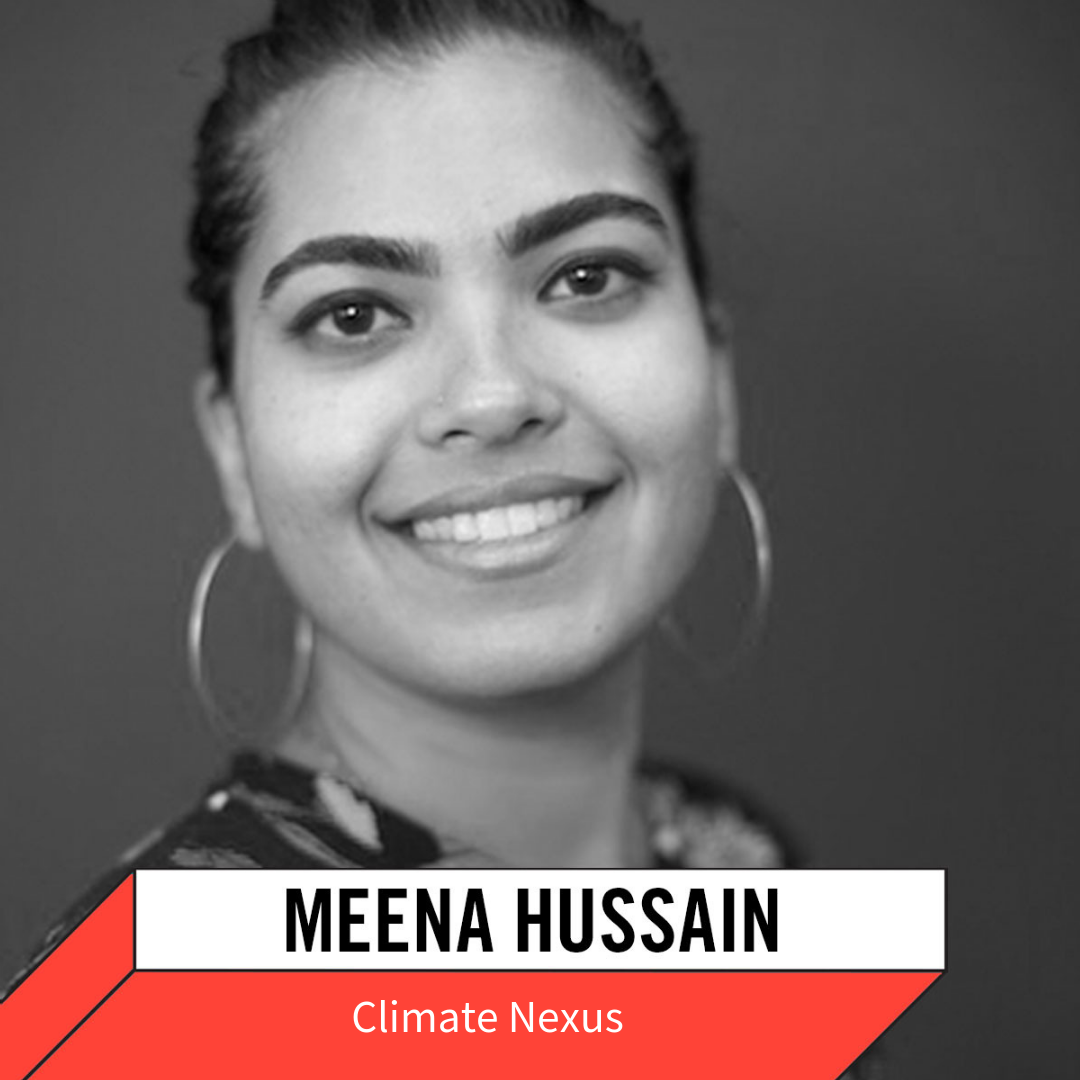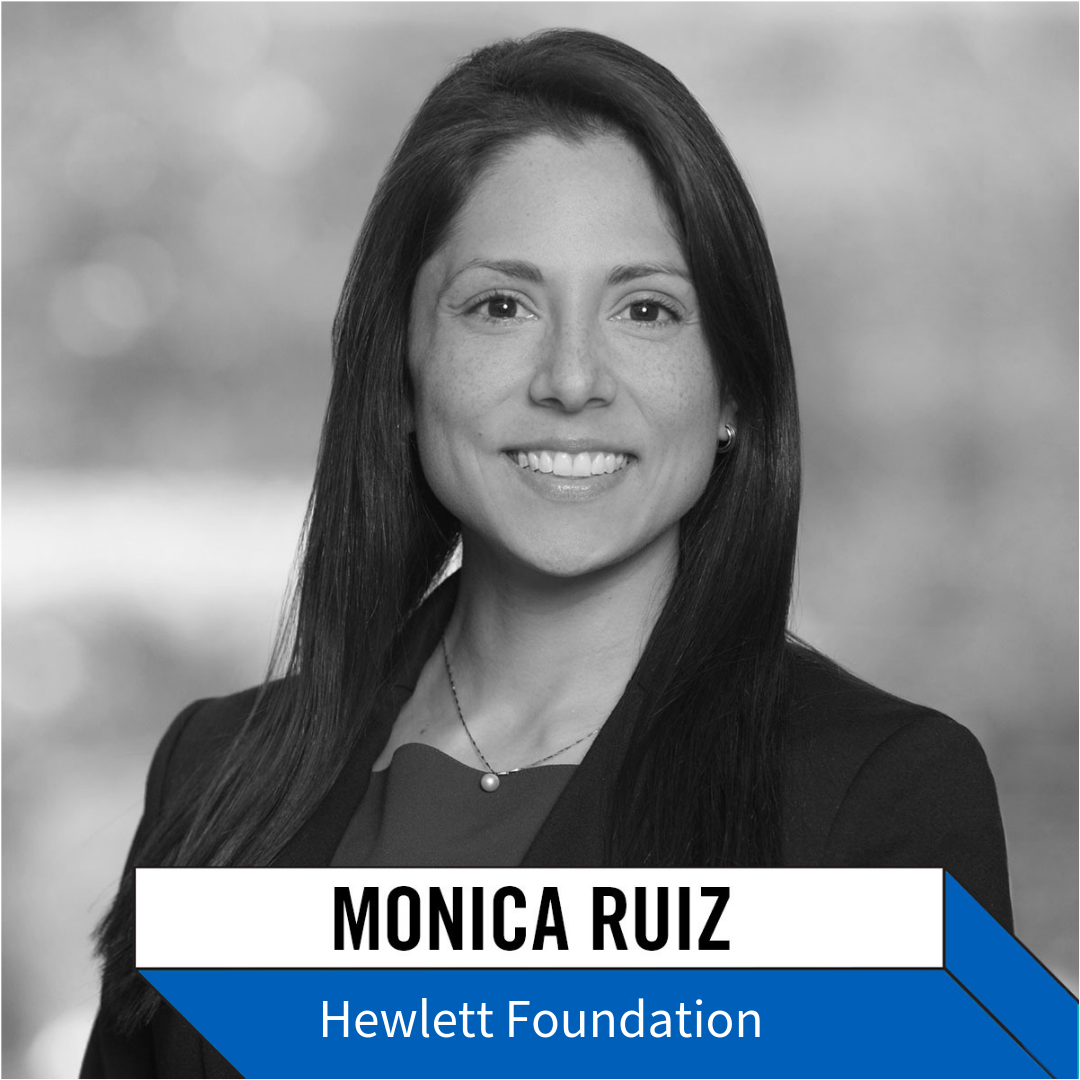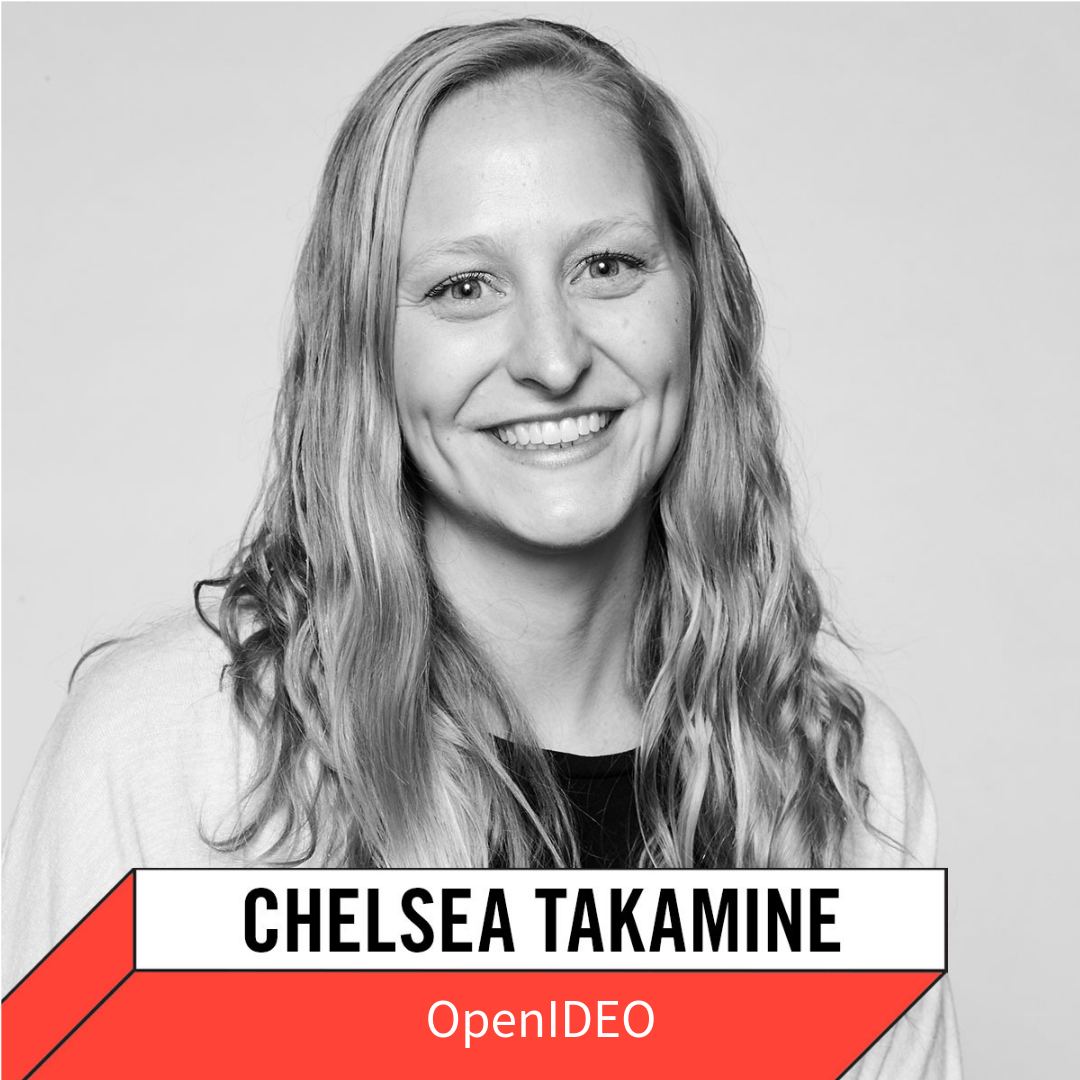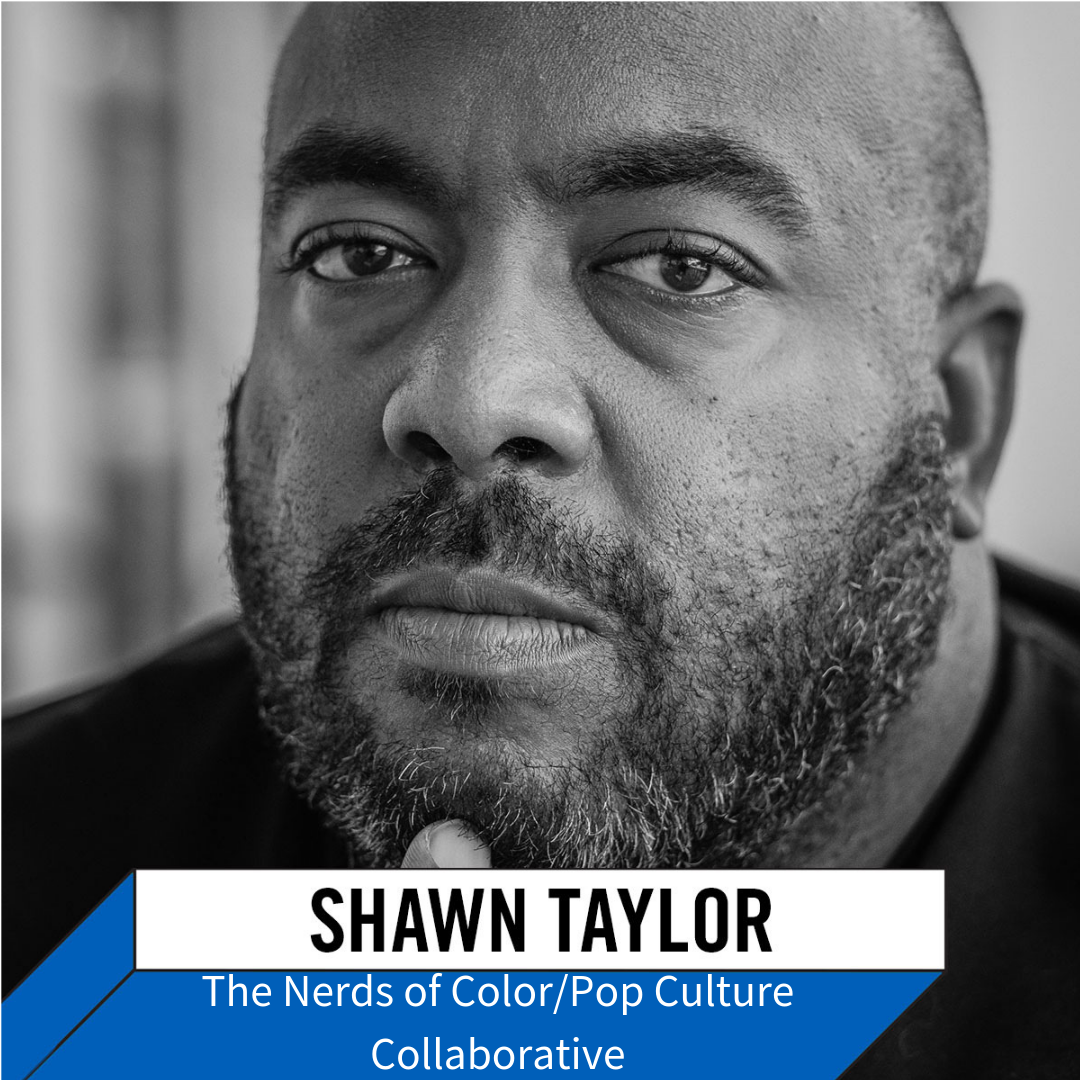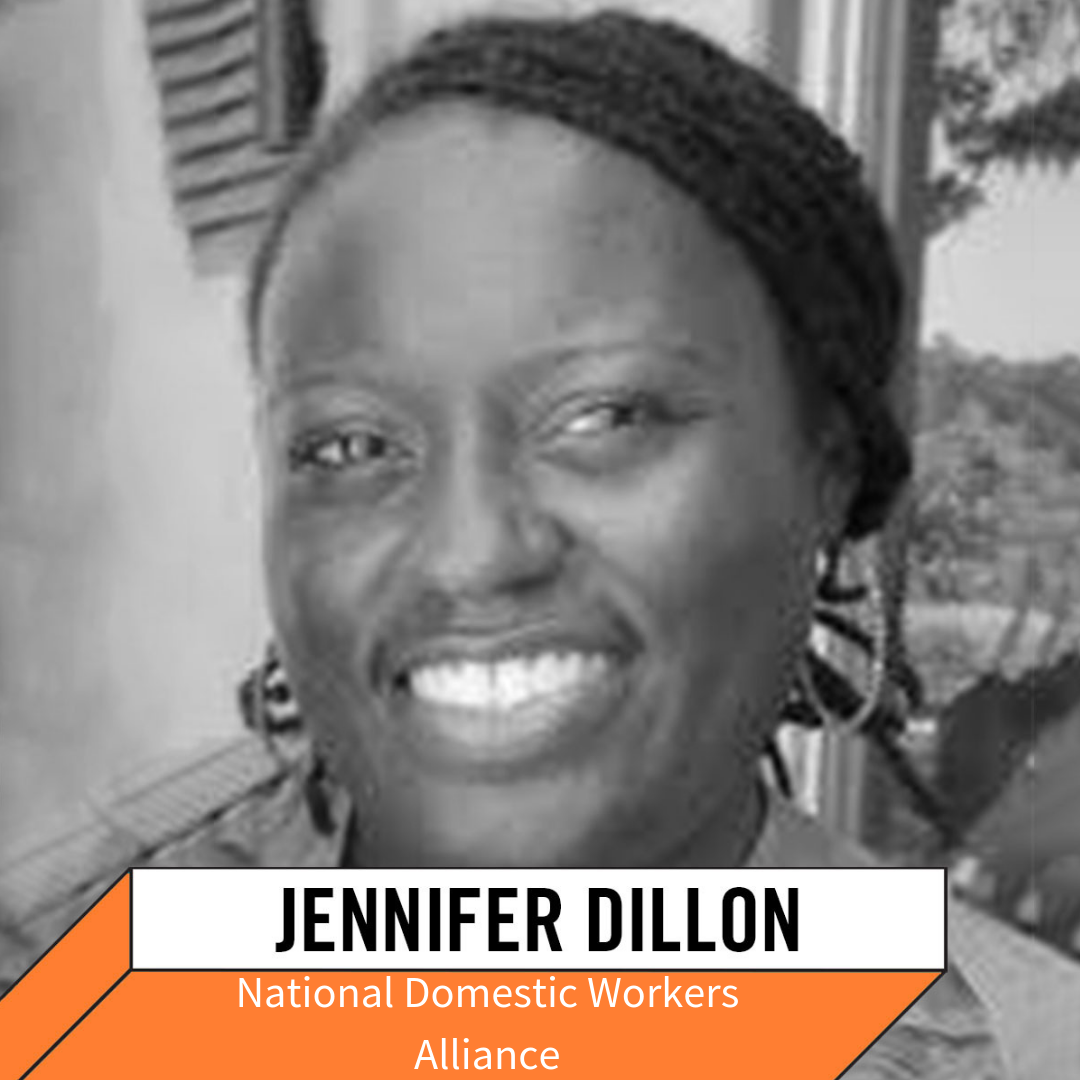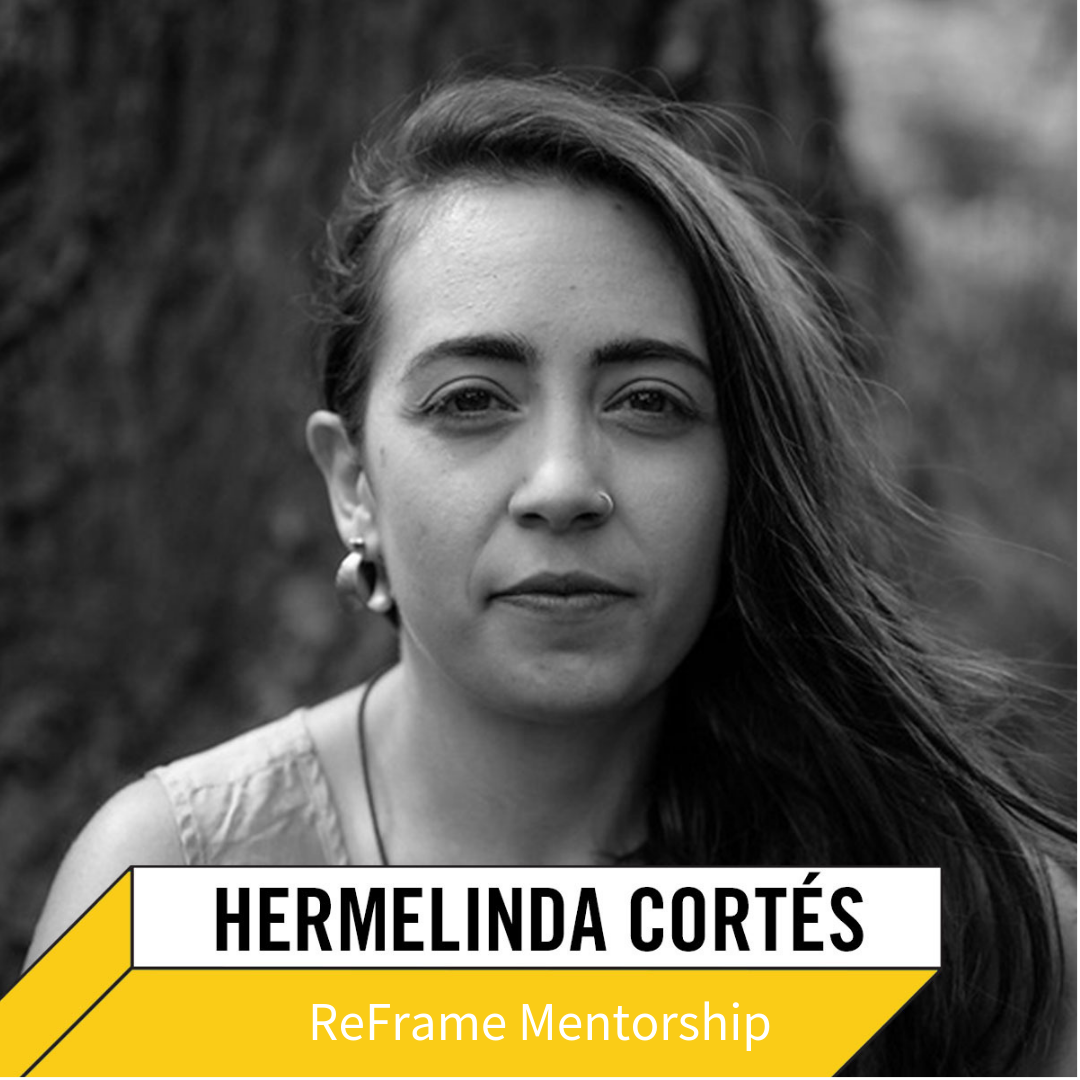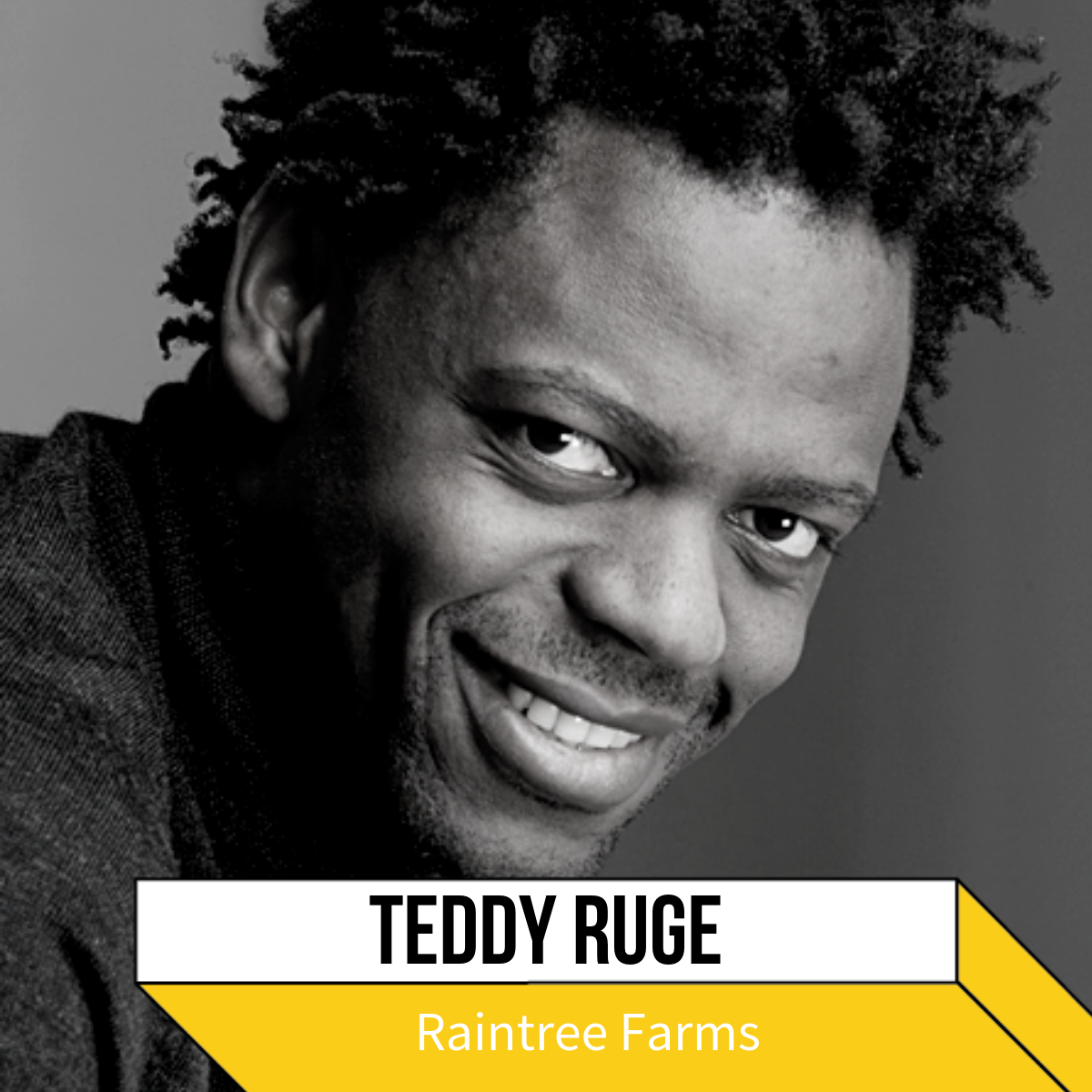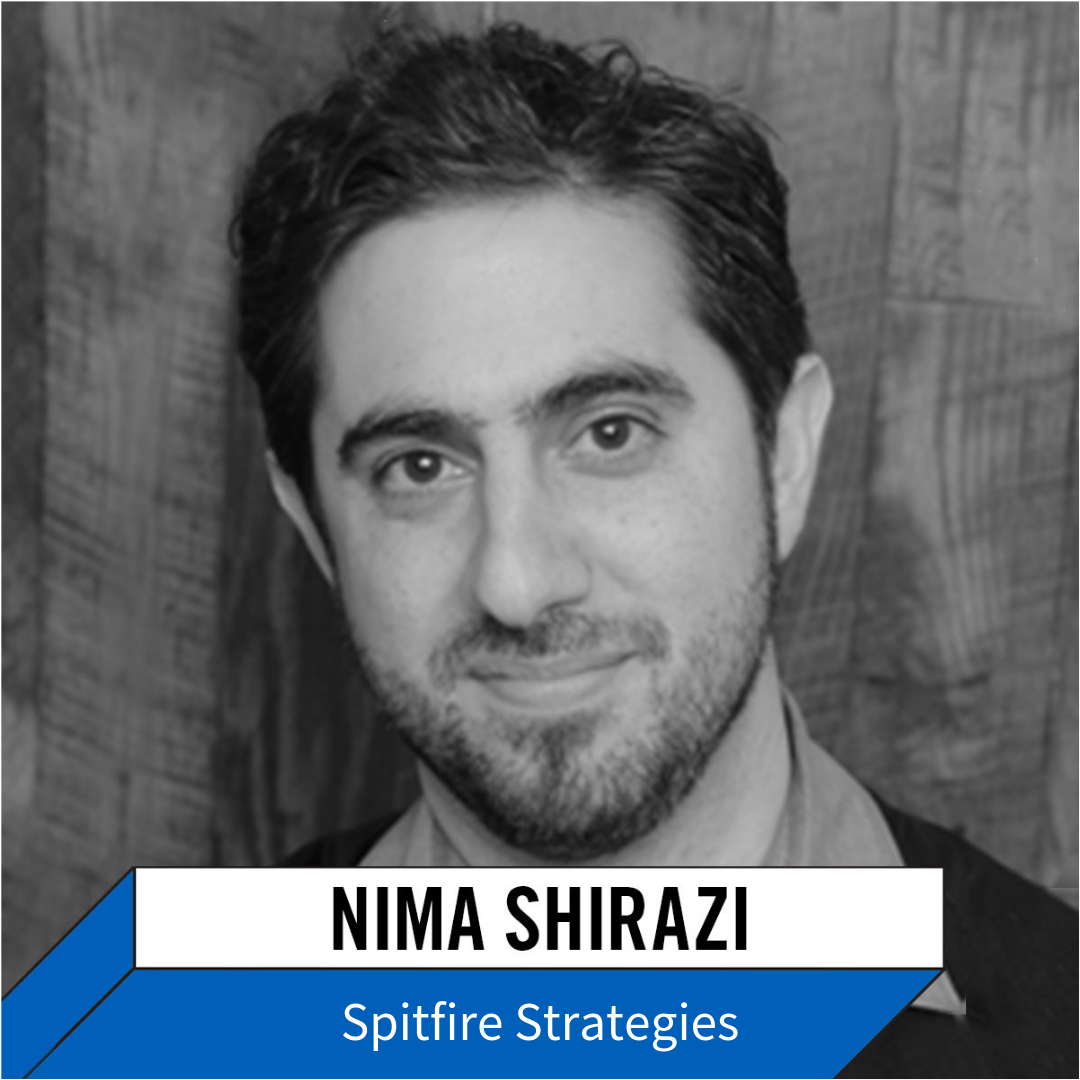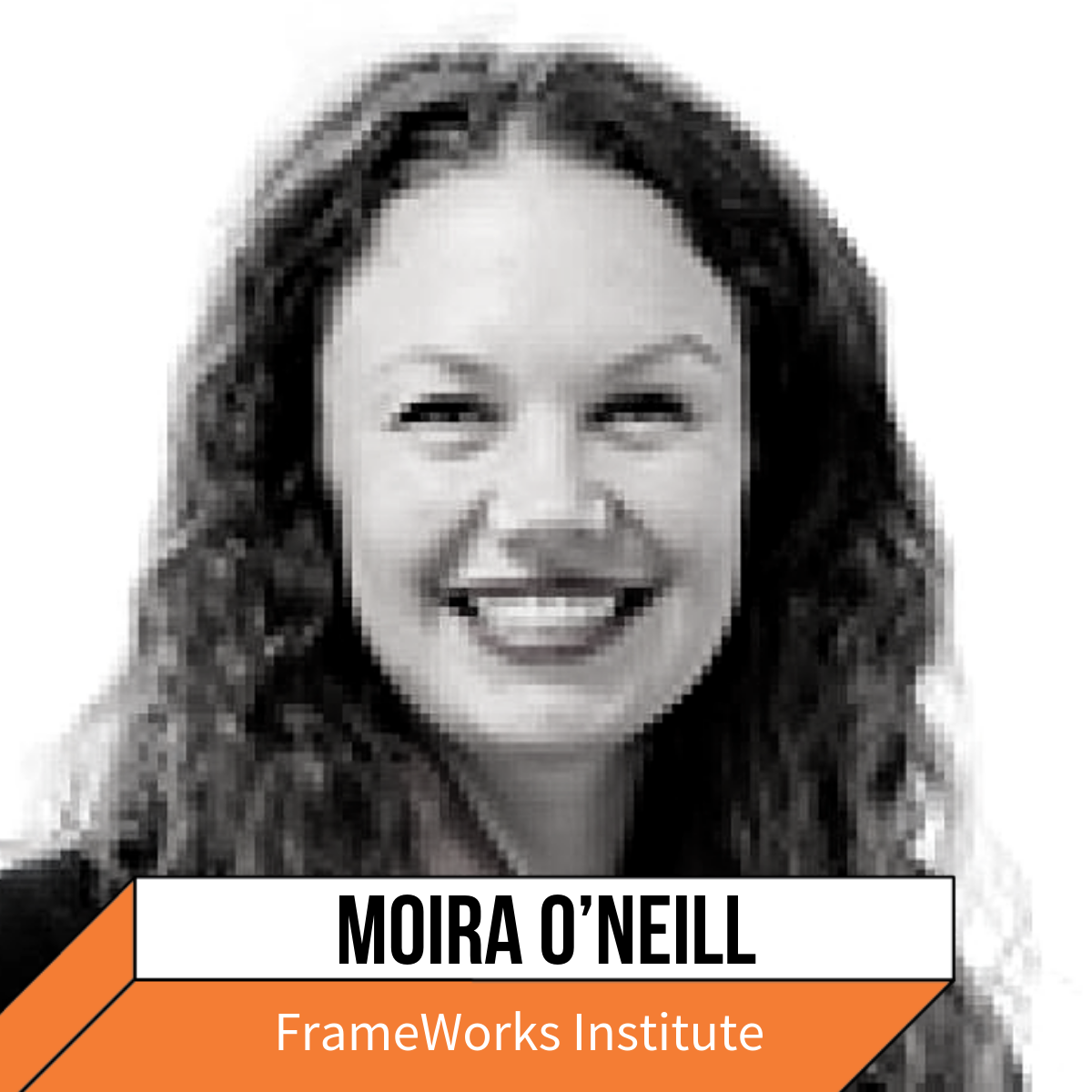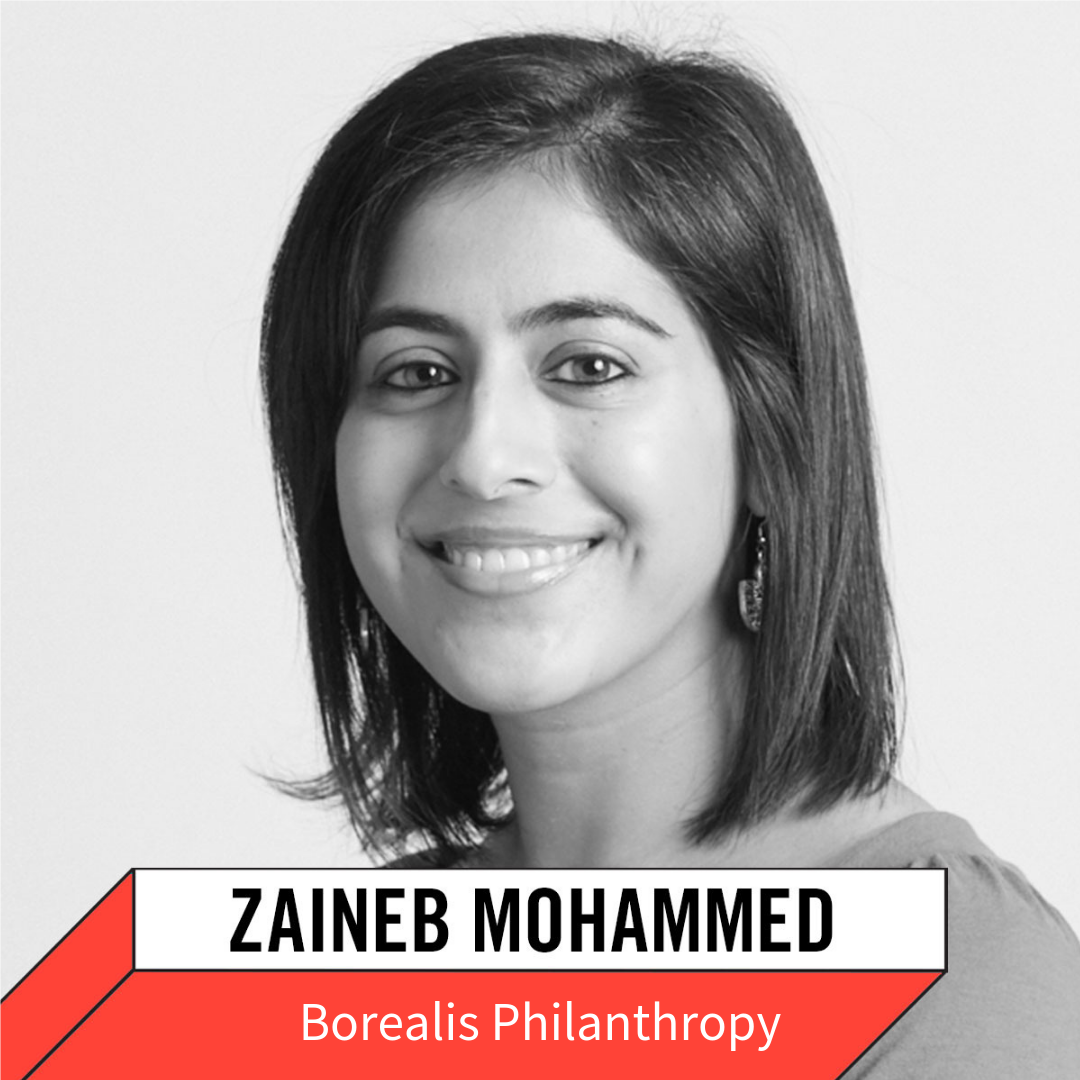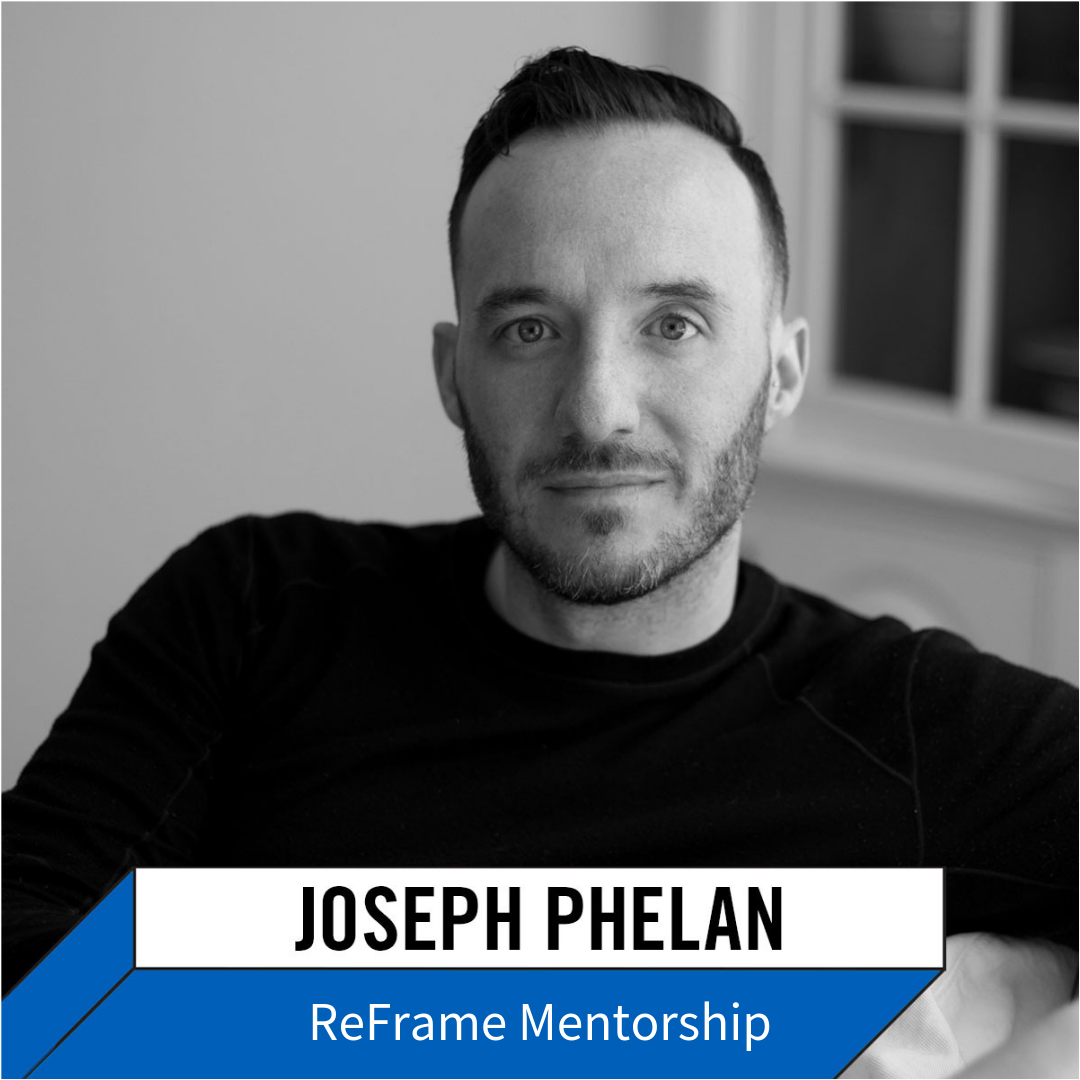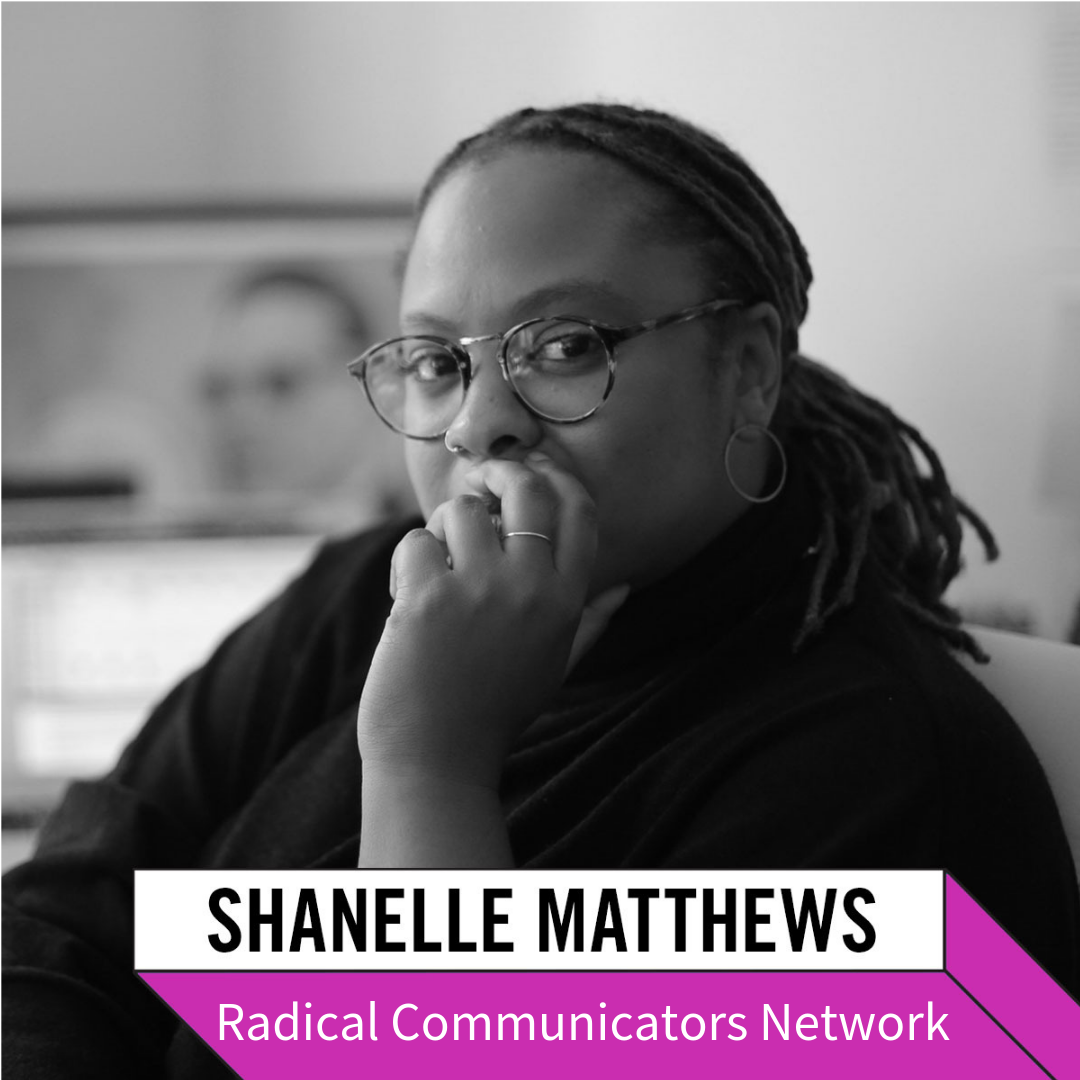BREAKOUTs
We’re thrilled to announce ComNet19’s incredible lineup of breakout sessions featuring leaders from Packard Foundation, Yale, MacArthur Foundation, IDEO, The Guardian, Hilton Foundation, NPR, and more who will be sharing what they're learning when we gather in Austin this fall.
We've grouped the breakouts into the following tracks to help you choose which to attend. Scroll down for details.
Diversity, Equity, and Inclusion + Communications Track:
Hiring, Retaining, and Inspiring Diverse Communications Teams
Gender, Power, and Cultivating YOUR Magic
Socially Responsible Video Storytelling
Seeing and Connecting with Rural America
Decolonizing Narratives: Authentic Messaging, Ceding Control and Reckoning with Reality
Radical Imagination: Boldly Going Where We Have Not Gone Before
Policy & Advocacy Communications Track:
Complicating the Narrative: Embracing ‘Identity Politics’ in Order to Win Social Change
Talking Climate Change: How Communications Can Prompt Action, Counter Opposition
Think Like a Policymaker - How Public Servants Learn and Communicate
Social Science Communications Track:
Beyond Understanding: Listening for Emergence
Can Empathy Save the Day? How Fostering Familiarity Can Drive Policy and Wins
Ethical & Aspirational Communications Track:
Gender, Power, and Cultivating YOUR Magic
Socially Responsible Video Storytelling
Everything for Everyone: Abundance Messaging for Big Wins
Why Do They Know It's Christmas Time was the Wrong Question
Radical Imagination: Boldly Going Where We Have Not Gone Before
Storytelling & Journalism Track:
Journalism: Driving Measurable Impact for Social Change
Take a Masterclass from NPR’s Story Lab
Bye Bye Jargon! What we Can All Learn from Social, Emotional Learning
Socially Responsible Video Storytelling
Data Visualization Track:
How Visualizing 70,000 Bits of Data Can Make your Organization a Media Star
In Focus: Using Visuals to Inform, Advocate and Persuade
Internal Communications Track:
Hiring, Retaining, and Inspiring Diverse Communications Teams
Journalism: Driving Measurable Impact for Social Change
Breakout Leaders:
Breakout Description:
Journalism can be a powerful tool and information source for funders seeking to amplify the causes they are investing in. Over the last several years, philanthropic support for nonprofit journalism and independent editorial content has been on the rise. In 2018, a report by the Institute for Nonprofit News found that the nonprofit news sector receives nearly $350 million in total annual revenue, of which 57% of it came from foundations.
But how can funders evaluate these investments, consider investment in media alongside other programmatic grants, and better understand if they are indeed amplifying and accelerating results? Join us as we learn about the latest measurement tracking tools for doing so, and, moreover, how journalism can help shape the broader public conversation around specific topics and help spark real-world change.
What You’ll Learn:
How funders are investing in journalism to address knowledge gaps, gain a larger share of a voice, and create social change.
What tools available to newsrooms of all sizes for tracking reach and engagement, both on- and off-platform.
How to construct a media impact framework to set measures for success and maximize impact.
Beyond Understanding: Listening for Emergence
Breakout Description:
In these complex, challenging times, leaders and good communicators need to be skilled listeners. If we want to understand what motivates people, if we want to understand what resonates with our target audiences, we need to listen. We need to listen not only for what we are used to hearing and know how to hear, but for what is difficult to hear, and for what so often goes unsaid. Ideally, we are listening to learn, not simply to confirm our presumptions. But many things - environmental and societal factors, our own biases and assumptions, our own busy-ness – can get in the way of our truly listening. Yet we can learn to become better listeners. In this highly interactive program, you will explore why listening is important, the value of listening for what you are not hearing, and ensuring that all voices are heard. Through practicing a few useful tools and techniques, we will hone our listening skills and learn new appreciation for listening as a vital tool for navigating complexity and for providing insights that enable us to discover, adapt and inspire.
What You’ll Learn:
At least three new listening-related skills.
Concrete steps to immediately improve listening, and steps to work on for the longer term.
An understanding of the power dynamics inherent in listening, especially in philanthropy and nonprofit work.
Socially Responsible Video Storytelling
Breakout Description:
It is no secret that telling a story with a compelling video can be an extremely effective way for organizations to fundraise, raise awareness about an issue, or elevate the voices of community leaders. It is also clear that telling a story in the wrong way can cause unintended harm. When representing people of color and/or communities that have been impacted by structural barriers, using images of hardship and suffering can provide shock factor and drive views, but does not always do service to the communities on camera. As a storyteller or a communications professional managing these projects, how can you tell a powerful story while also uplifting the voices of your interview subjects?
We will go through a three-step approach that the New York Foundation and the Haas, Jr. Fund has used many times successfully:
1. Craft questions that frame the story and drive conversation
2. Foster an editing process that builds a cohesive narrative
3. Building a partnership with interviewees to allow for meaningful feedback
What You’ll Learn:
How to let communities lead with their stories, not yours
How to build a team that is either from the community or has a deep understanding of the community they are working with
Successful strategies to create video projects that have been proven to have meaningful impact.
Conscious Coupling: What Happens When Communications and Program Teams Work TOGETHER to Maximize Awareness for an Issue
Breakout Description:
Does your communications strategy often feel like it is operating in a separate, if parallel, universe from your organization’s research or program design process? Do you worry that your organization’s communications goals are developed in reaction to, rather than in concert with, research or program strategies? Even if communications is a key organizational priority, a disconnect between “The Work” and “Communicating The Work” is a familiar challenge for many nonprofits, research institutes, and foundations.
In this session, hear from communicators at the Institute for Women’s Policy Research (IWPR) and ECMC Foundation on how their organizations built communications strategies into research and program development from the beginning of the process and how ECMC Foundation and IWPR worked together to leverage their communications platforms and tools. The session will explain how these approaches led to greater awareness on their shared priority issue: improving single mothers’ educational attainment.
What You’ll Learn:
Get tips for collaborating with content/program experts to build a drumbeat on a particular issue starting at project conception through documenting outcomes and designing follow-on work.
Better understand how communications insight can help program leaders articulate vision and desired project outcomes in the proposal process.
Learn how communications teams between foundations and grantees can team up and leverage each others’ communications platforms to meet their common goals.
Take a Masterclass from NPR’s Story Lab
Breakout Description:
Does your organization struggle with crafting stories that compel your audience to take action? In this breakout session, take a masterclass with NPR’s Story Lab and learn how to shape narratives and communicate ideas in ways that inspire and mobilize your audience.
The Story Lab is an internal incubator designed to explore new ideas, create new shows and introduce new voices to NPR. In this session with Story Lab Senior Producer Michael May, you will have the opportunity to step inside the lab and learn how to apply NPR’s storytelling expertise to your own organization’s communications to create effective, powerful stories for a variety of mediums.
First, May will present the essential components of effective stories, sharing key tips and tricks that have proved successful at NPR to help take your organization’s storytelling to the next level. Then, participate in an interactive story workshop designed to teach you how to apply these methods to your own work. Working with pre-submitted samples from session attendees, May will walk through real pieces with the group, helping participants craft compelling stories step-by-step. Attendees will leave this session equipped with new skills and insights designed to advance the important work they do every day.
What You’ll Learn:
Learn how to construct stories that will excite editors and inspire audiences.
Receive insider tips from an NPR storyteller on how to apply the building blocks of compelling storytelling to multiple mediums.
Workshop real pieces from the audience and walk away with the tools you need to apply storytelling best practices to your own work.
If you’d like to workshop your story during the breakout, please send the pitch to storylab@npr.org. The pitch can be a couple paragraphs or a press release. Michael or Joy will respond before the session to let you know your pitch has been selected.
Talking Climate Change: How Communications Can Prompt Action, Counter Opposition
Breakout Description:
Bringing about durable policy change in support of climate solutions like clean energy expansion requires strategic communications to key audiences. Polling data and message testing is helping inform climate communicators how audiences think about the topic and what motivates them, and what strategies are most effective. In this session, three speakers will discuss the most recent research about U.S. public attitudes on climate issues; how they develop strategies and messaging about climate change and how they work directly with journalists to tell accurate climate stories that help counter denial narratives and lead to policy change at the state and local level.
What You’ll Learn:
Learn where U.S. public opinion – across demographics and political affiliations – currently stand in terms of understanding climate change and supporting solutions.
Understand how smart communication strategies and key investments in communications can counter a better-financed, aggressive opposition.
See examples of how trainings and new partnerships are helping the media learn to tell better climate stories in their own communities.
Inquiry Over Advocacy: Can Asking Questions Lead to Better Ideas, Deeper Engagement, and More Lasting Change?
Breakout Description:
A small non-profit creates a weekly newsletter with thousands of readers, a tool experienced by a half a million more, high school curriculum, a children’s book, and collaborates with Ford, Brookings, PBS, Fast Company, Harvard, and others all for less than the cost of a page in the New York Times.
Another project turned 200 postcards into more than 200,000 people sharing their feelings on race and identity in six words or less. In the process bridging divides spanning continents, class, corporate boardrooms and political parties.
How? By asking simple questions.
Advocacy is a primary tool for social change. But could inquiry be a more powerful one? In this session, we’ll explore how asking the right question - and really listening to the answers - can be a more effective communications approach than trying to persuade someone to agree with your answers.
Here we will:
Review research about how the mind responds to questions vs. advocacy.
Contrast how inquiry vs. advocacy communications worked on issues from race to inequality.
Share an exercise where attendees listen and respond to both advocacy and inquiry based messages.
“You cannot teach a man anything, you can only help him find it within himself.” -- Galileo
What You’ll Learn:
How and when inquiry works better than advocacy
How asking the right questions and listening intently can create an ongoing source for understanding, collaboration, content and ideas.
The do’s and don’ts to generating authentic lines of inquiry.
Building the Equitable Web
Breakout Description:
Are your website, and any that you fund, equally accessible and usable by all audiences? Your social media? At the intersection of communications, technology, and equity, web accessibility is a critical issue of the digital era. Foundation and nonprofit communicators need to understand inclusive design, why it matters, and how to put it into practice in their day-to-day work. Building the Equitable Web will establish a working definition of digital inclusion, survey the social sector landscape, and discuss the hands-on aspects of developing equitable digital products. This panel brings together the Knight Foundation, the sector's leading supporter of digital information initiatives; Prime Access Consulting, a noted advocate and practitioner of web accessibility; and Alley, a recognized expert in designing and implementing inclusive digital applications. Participants will leave knowledgeable about the importance of equity on the web, armed with case studies of accessibility successes and challenges, and empowered with practical skills to guide how they create and fund projects that are usable by everyone.
What You’ll Learn:
Why web accessibility is a defining equity issue of the digital era.
Knowledge and skills foundation and nonprofit communicators need in order to play a direct role in promoting diversity, equity, and inclusion through their professional practice, as well as those that help funders make informed choices when supporting digital projects.
The main elements of web accessibility to put into practice and how.
Gender, Power, and Cultivating YOUR Magic
Breakout Description:
To build a society where all voices matter, success means cultivating the specific skills that women everywhere, particularly women of color, need to succeed. This session is designed to help women develop or assess their strategy and to own their stories and authentic styles.
A former journalist with experience in political and issue communication strategies will share techniques for women to develop and embrace their power as communicators and thought leaders. Co-presenters include a grassroots pastor, a community outreach expert, and a corporate utility communications director. All share information to benefit women specifically and allies who care about the fight for equity and moving people to act with integrity.
What You’ll Learn:
Self-awareness and mindfulness are key to strong communications for everyone.
Beware and be aware of the ways in which gender, ethnicity, and other identities can be intentionally or unintentionally exploited by corporate and political forces.
Power is not a dirty word; learn strategies to harness your own and use it for good.
Can Empathy Save the Day? How Fostering Familiarity Can Drive Policy and Wins
BREAKOUT DESCRIPTION:
Pick any issue right now—LGBT rights, immigration, gun control, racial equality—and it’s a minefield for communicators trying to engage the public to advance a cause. As political polarization intensifies in American society – and social media creates echo chambers that validate and reinforce increasingly radical views – how can our communications efforts break audiences out of their siloes and make progress on seemingly intractable issues?
Whether you’re a foundation, nonprofit, or corporation, communicating today requires a deep understanding of your audience, a greater sensitivity to the social context governing their political behavior, and finesse in navigating their tribal affiliations. But what does that really mean or entail?
In this session we’ll explore how building familiarity first is the key to engaging the “moveable middle,” whether it’s for advocacy, policy change, or simply awareness. We’ll showcase examples from the Gill Foundation’s work to combat LGBT discrimination and the American Immigration Council’s work to help move communities from hostile to welcoming. You’ll also hear from More in Common on why Americans are so tired of the “us-versus-them” mindset and from American Enterprise Institute on how social environment affects political views. And we’ll offer takeaways on how communicators can leverage the forces driving political polarization and tribalism for common ground and good.
What You’ll Learn:
Why people are losing their ability to empathize with people outside their own political community, why our political agreements have grown more contentious, and how building trust and familiarity through communications can help combat this polarization.
Who constitutes the “moveable middle,” how political polarization has affected our ability to reach them, and what does and doesn’t work to engage them.
What kind of research, messaging, and influencers can best foster dialogue and understanding in order to capture the hearts and minds of your target audience.
How to build and sustain social cohesion among different audiences in order to advance social good.
Think Like a Policymaker - How Public Servants Learn and Communicate
Breakout Description:
In this gamified, highly interactive session co-ed by Apolitical, named as one of Fast Company’s Most Innovative Companies in the World, and the Kendeda Fund, participants will learn: How policymakers makers want to learn about skills, policies, partnerships and approaches; How to get clear on the process, timeline, and scalability of your proposal; How to avoid "cognitive overload" by communicating a combination of data and stories that make your message digestible; and Ways to help policymakers "sell" your ideas to other public servants and citizens. The content is drawn from behavioral science as well as data and survey results from Apolitical’s public servant members from more than 160 countries - from mayors to ministers through to millennial digital innovators. The Kendeda Fund’s David Brotherton will share first-hand insights into the intersections of foundations, communications and policymaking. As a bonus, two registrants will be chosen randomly to submit a draft op-ed in advance for Apolitical’s editors to review workshop during the session.
Get ready to write, roleplay and high-five with new gained knowledge to reach powerful partners for social good: Policymakers, Persuasion, Writing, and Policymaking
What You’ll Learn:
How policymakers makers want to learn about skills, policies, partnerships and approaches;
How to get clear on the process, timeline, and scalability of your proposal;
Ways to help policymakers "sell" your ideas to other public servants and citizens.
Hiring, Retaining, and Inspiring Diverse Communications Teams
Breakout Description:
As communications professionals, we care about intentional, effective communications that resonate with audiences. But does this care extend to how we recruit and retain our own teams? Diverse teams perform better, plain and simple; they leverage different worldviews and lived experiences and can connect with a wider range of constituents on deeper levels and in more creative ways. Your team’s hiring practices impact your success in communications, as well as your organization’s ability to do the most good – everything from language in job descriptions and how interviews are conducted, to effective onboarding, management, and team culture. And you are in a unique position as communications leaders to effect positive change in diversity, equity, and inclusion and lead by example at your organization and with its affiliates. A certified diversity recruiter and former university advancement leader will share with participants effective hiring practices and pitfalls to avoid. Two past and present communications leaders at education nonprofit City Year will share their experiences for hiring and engaging diverse teams and how those teams worked to reframe organizational narratives and drive increased diversity and inclusion through events, digital communications, and community engagement.
What You’ll Learn:
Why diverse and inclusive communications teams perform more effectively
How to develop more inclusive hiring and retention strategies for communications teams, with specific advice from a Certified Diversity Recruiter and former development executive, including:
Assessing actual role requirements to write better job descriptions that don’t deter diverse candidates
Setting up conditions for success in interviews, including representation on interview panels and dedicated conversations between diverse staff and candidates
Examples from City Year on successes and challenges in hiring more diverse communications teams including: reviewing and revamping the job application process, expanding search networks, timelines, and whole-team responsibility to attract diverse candidate pools, how offering flexible schedules and remote options yielded successful hires
How to make your communications team a catalyst for diversity, equity, and inclusion
What levers communications teams control that can impact your organization’s DEI efforts
Where to start and what to consider before jumping in
City Year National will share lessons learned from its ongoing project to update its organizational messaging to ensure that we are authentically representing the voice and experience of the young people with whom we work. Specific strategies include partnering with FrameWorks Institute, designing an inclusive strategy to gather feedback on messaging from a wide range of perspectives across the organization, and leveraging other departments to increase buy-in in implementation and training.
City Year Boston will share lessons learned in creating more inclusive events, including establishing a department DEI mission statement and norms, rethinking stage program content and speaker expectations, securing buy-in from internal participants, increasing accessibility for guests, and working with other departments to increase committee and attendee diversity and improve the guest experience.
Seeing and Connecting with Rural America
Breakout Description:
What you don’t know about the rural United States and the 55 million Americans who live here might well surprise you. In rural America it’s become easier (thanks to aggregators like The Daily Yonder) to see innovation, experimentation, momentum, success and broader lessons for the Network crowd much like what you might hear from urban organizations. The ways things get done, and the way communications travel, often vary from town to town, city to city. Though the issues may be slightly different — broadband/cellphone availability, access to health care, income disparity, racial equity, brain gain and drain -- there’s much to be learned along the blue highways. In rural America you'll find:
* Successes like Foothills Forum — a replicated model for community supported, award-winning explanatory journalism in rural, mountainous Rappahannock County, Va. Nonprofit CNOs like Foothills and the Piedmont Journalism Foundation keep their communities from becoming news deserts.
* Infrastructure like the Appalachian Funders Network.
* Skilled visual storytelling used by the Mary Babcock Reynolds Foundation.
* Supporting media as leaders and rural/urban perception research from Minnesota, where the Blandin Foundation has invested in strong rural communities for 75 years.
What You’ll Learn:
How to speak rural
How to spot assets and gain footholds, then scale
How to gain trust using the tools of our trade
Bye Bye Jargon! What we Can All Learn from Social, Emotional Learning
Breakout Description:
Too often in communicating policies and practices that can make a real difference in people’s lives, we embrace the jargon rather than talk about why it matters to real people in real ways. This is challenging in the world of social, emotional learning (SEL).
The question for Learning Heroes, Civic and many others was how to most effectively convey the importance of SEL in education? New York Times’ columnist David Brooks calls SEL the hope for an improved society. But how do we break that down, translate this notion into communication strategies and language that matters while connecting the role of SEL to what’s happening in our society today, including school safety?
Learning Heroes and Civic went straight to the source—students and parents. Join us to learn how Learning Heroes took what they learned from the mindsets of parents, and made it actionable using accessible, jargon-free language. Learn how giving a platform for students themselves through a post-Parkland survey can create support and understanding for integrating SEL into their education, and set them up for success. To bring this to life we will spotlight the Austin Independent School District who is recognized as a frontrunner on this subject.
What You’ll Learn:
How to take sticky policy, conduct and translate research with target audiences, and develop actionable and effective communication strategies
Hone in on the tools that can be crafted to help others in the field cleanse the jargon out of their work and make very tangible
Make the subject real for people by connecting it to something real in the world
Decolonizing Narratives: Authentic Messaging, Ceding Control and Reckoning with Reality
Breakout Description:
Messaging and messenger activation often has blind spots. Messages are too frequently created far from where an issue plays out and the communities it plays out within. Messengers, chosen for their lived experience and expertise, can too often be tokenized, played for drama and treated merely like message megaphones – not the authentic spokespeople they are.
Shanelle Matthews of Radical Communicators Network, Joseph Phelan of ReFrame Mentorship, and Jennifer Dillon of National Domestic Workers Alliance will join Nima Shirazi from Spitfire Strategies to explore best practices in putting those who are most proximate to, informed in and impacted by issues at the center of social change communications from narrative development to message creation and deployment to turning words into action and action into power.
What You’ll Learn:
We are not alone. How to join forces with proximate communities in messaging and communications efforts effectively.
Context is not neutral. How to decentralize whiteness and colonialism from progressive narratives.
This is not the end. Where to find resources to help with decolonizing narratives in your future work.
Radical Imagination: Boldly Going Where We Have Not Gone Before
Breakout Description:
Radical imagination — envisioning a society that none of us have experienced yet — is the starting point for eliminating racism, building an equitable economy, and creating a just and inclusive nation. Yet concepts like equity and radical imagination are abstract. How can communicators convey these ideas in simple, resonant messaging that inspires transformative action? How can communicators be part of a movement that practices fearless solidarity by putting themselves closer to people and to experiences that make them uncomfortable yet help to shape their work?
In this session, you will learn how two organizations at the forefront of the equity movement have developed powerful new ways of talking about the what and why of their work, to drive ambitious equity agendas. PolicyLink is focusing on changing systems and policies to improve the lives of the 100 million people in the country who live in or near poverty. The San Francisco Foundation is committed to an equity agenda to guide all its activities, including grantmaking, civic leadership, and community and donor engagement. Learn how each organization has radically imagined its work and reframed its own narrative so diverse constituencies can see themselves in the story and in a movement for societal change.
What You’ll Learn:
Discover what it means to use radical imagination and fearless solidarity and how they can elevate your work and expand your organization’s reach.
Learn how to unpack the complexities of equity with clear, compelling language and messaging that connects with different audiences.
Learn how to develop entry points for people who are less comfortable talking explicitly about race.
How Visualizing 70,000 Bits of Data Can Make your Organization a Media Star
Breakout Description:
Want an easy way to pitch the media on great stories about how housing, education, poverty and discrimination can impact the health of a community? This session will explore new data interactives that can zero in on life-expectancy information at the census tract level – meaning almost block by block. Learn first-hand how to use these tools to pitch stories to engage decision makers and drive policy change.
What You’ll Learn:
How to develop data interactives to engage media and the public
How to pitch media with complex data sets
How to drive stories about real people
Everything for Everyone: Abundance Messaging for Big Wins
Breakout Description:
Our opposition wants us to believe there isn't enough of anything to go around. We know that’s not true, but our messaging often reinforces the idea that there are not enough resources—or even respect—for everyone. For example, we challenge mass incarceration by pointing out how prison costs more than college. But do we want to send more people to college than prison because it saves money? Would we want mass incarceration if it just cost less? Of course not! Join this training to understand the problem with messaging for scarcity, workshop alternative messages and co-create next steps for moving our movements toward abundance thinking and language so we can not only believe that there is enough of everything for everyone, but make it true.
What You’ll Learn:
How to identify and spot the most common pitfalls of scarcity messaging and how to avoid them.
How to develop strategies and messages that lead with shared values like dignity, safety and respect, and don’t feed into the “fixed pie” fallacy, or the idea that we are all competing for the same stuff.
How this kind of messaging can create an "echo chamber" effect without requiring a lot of detailed collaboration work.
In Focus: Using Visuals to Inform, Advocate and Persuade
Breakout Description:
A picture is worth a thousand words. So what do you do when the issue you care most about suffers from an image problem? Foundations are ideally placed, by virtue of their field-level view, to help solve collective action challenges around problematic imagery of an issue or sector. To take one example: A quick Google Image search will show just how bad images of “cybersecurity” are. It’s all hackers in hoodies and Matrix-style 1s and 0s that convey very little about the complex policy challenges decision-makers in government and industry are trying to address. Partnering with the design-thinkers at IDEO, the Hewlett Foundation’s Cyber Initiative brought experts from our network together with leading visual thinkers to examine what was needed and hold an open challenge for graphic designers to reimagine cyber imagery and kickstart a new visual language for the field.
What You’ll Learn:
This workshop will share lessons learned from the Hewlett-IDEO partnership and from other projects Hewlett has funded in recent years to create image libraries in several of its program areas and help participants think through how they might approach similar projects with interactive exercises led by IDEO.
How to structure a project to create visual asset libraries to inform a sector or field, using several different models
How to work with creative teams to develop accessible visuals for technical or complex topics
Best practices for engaging experts and creatives in a collaborative, generative process
Complicating the Narrative: Embracing ‘Identity Politics’ in Order to Win Social Change
Breakout Description:
In communications strategy, we’re often told to keep it simple- streamline our messages, messengers, audience, and tactics. What we lose in this approach is not only the complexity of our identity but the overall narrative battle. Without an intersectional narrative change, policy victories for disenfranchised communities are not only vulnerable to reversal, implementation or enforcement becomes an uphill battle. For example, domestic workers are in the back burner of most advocacy for immigration, labor, and women’s rights, making them more vulnerable to oppressive policies and institutions. The LGTBQ community is often not included in the main narrative about housing rights yet their exclusion from civil rights protections means LGBTQ people could lose their job or rights to housing. But when we democratize the narrative about who we are--as immigrants, as women of color, as queer and as low wage workers--we improve our ability to make our democracy work for more people. Our panel will explore the necessity of narrative strategy that reflects the complicated nature of our identities and the ways in which they intersect and make recommendations on how more communication practitioners can battle dominant narratives in a multitude of integrated ways including --strategic communications, visual storytelling, and pop culture.
What You’ll Learn:
Breakdown of the myths surrounding identity politics and the hidden narratives around identity
Case studies and real-life examples of strategies and frames that help audiences understand our causes and engage in solutions
How intersectional narrative strategy actually enhances social change rather than hinders it.
Why Do They Know It's Christmas Time was the Wrong Question
Breakout Description:
Why words like "empower" should be banned and other ways the powerful talk about poverty, aid, and assistance. Anyone who talks about poverty, aid, and influence should attend this session.
What you’ll learn:
Where did we go wrong?
What's happening that's good?
What's my responsibility to get the story right?
Building Movements Building Power: What Social Movements Can Teach us About the Future of Strategic Communications
Breakout Description:
Social movements are like ecosystems: When all the components work together as they should, the movements are reliable and sustainable. Take one piece away, and the movement becomes less viable and sometimes collapses altogether. In the social movement ecosystem, grassroots communicators play an indispensable role. By synthesizing ideas, perspectives, stories, and information from the most impacted communities – and often coming from those communities ourselves grassroots communicators immersed in grassroots organizing and movement building, develop multi-audience strategies, uplifting stories, and embolden leaders from frontline communities. They grow long arc narratives from short term policy campaigns and shape our common sense understanding of what is possible.
It is from the daily work of lifting up and advancing strategic stories in traditional media, social media, and self-produced content, that these grassroots strategists are learning important lessons, developing new and innovative practices, and honing expertise. Yet, the dominant model of funding communications does not directly support this critical layer of strategists.
As movements like #MeToo and Black Lives Matter have shown us, change is driven by those closest to the problem - they are the ones who will advance lasting and society changing demands and solutions. So how can we better support grassroots strategic communicators? How can we make sure they have the resources they need to make a massive impact? How do we change philanthropies approach to funding communications and narrative from one that often privileges "experts" over experience to one that fertilizes the ecosystem and grows strong, lasting movements?
What You’ll Learn:
This session will make the case for a belief and investment in radical, human-centered social change communications.
Participants will hear case studies of how grassroots communicators are building movements.
Participants will learn about the relationship between grassroots communications and social movements.




